Table of contents
When Your Heat Pump Fails You During Alabama's Sweltering Summer
A heat pump not cooling can turn your Birmingham home into an uncomfortable furnace during Alabama's intense summer heat. If you're dealing with warm air blowing from your vents or no cooling at all, here's what you need to know right now:
Quick Troubleshooting Steps:
- Check thermostat - Ensure it's set to COOL and temperature is below room temp
- Inspect air filter - Replace if dirty or clogged (restricts airflow)
- Verify power - Check circuit breakers and unit switches
- Clean outdoor unit - Remove debris, grass clippings, and obstructions
- Listen for unusual sounds - Hissing, clicking, or grinding may indicate serious issues
Call a professional immediately if:
- No power after checking breakers
- System runs constantly without cooling
- You hear loud grinding or banging noises
- Ice forms on refrigerant lines
Heat pumps work by moving heat from inside your home to the outside during cooling mode. When this process breaks down, you're left sweating while your energy bills climb. The good news? Many cooling problems have simple solutions you can try before calling for help.
From thermostat mix-ups to clogged filters, we'll walk you through the most common culprits behind a non-cooling heat pump. You'll learn which fixes you can handle yourself and when it's time to bring in the experts.
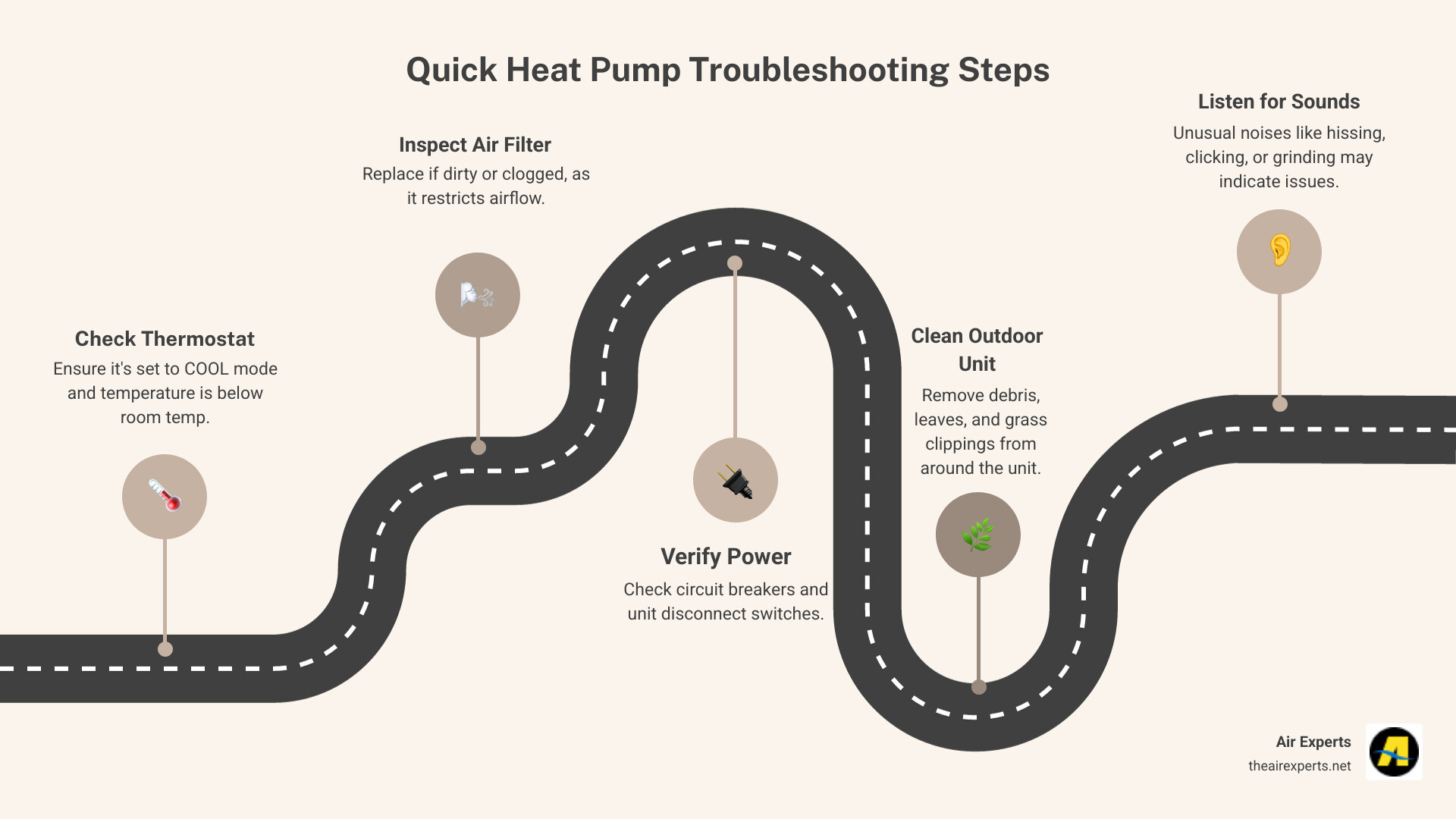
Why Is My Heat Pump Not Cooling? Initial DIY Checks
When your heat pump stops cooling on a hot day, don't panic. Before calling a pro, try these simple troubleshooting steps. You can often resolve basic issues yourself, saving time and money. Understanding that a heat pump moves heat, rather than creating it, can help you diagnose common problems. general heat pump operation info
Check Your Thermostat Settings
A simple thermostat adjustment often solves a heat pump not cooling issue. First, ensure it's set to "COOL" and the temperature is several degrees below the current room temperature (e.g., set to 72°F if the room is 78°F). This signals the heat pump to start cooling.
Next, set the fan to "AUTO." The "ON" setting runs the fan continuously, even when not cooling, which can make the air feel warmer. "AUTO" only runs the fan during a cooling cycle. For smart thermostats, a glitch or lost connection can cause issues, though a reset won't fix a mechanical problem. Finally, check the batteries. Dead batteries can cause a blank display or faulty signals, so replace them if needed.
Inspect the Air Filter
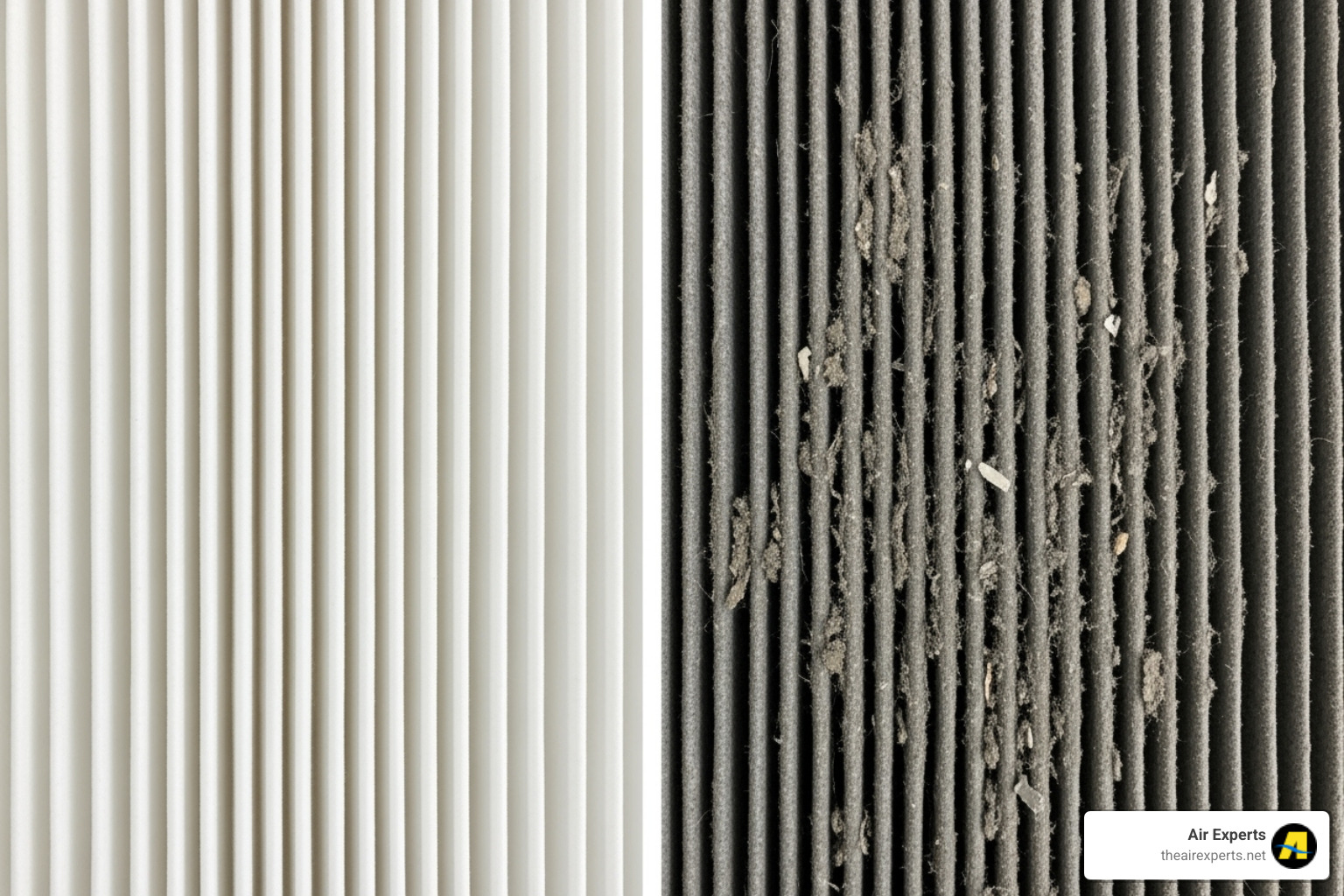
A dirty air filter is a top cause for a heat pump not cooling effectively. A clogged filter restricts airflow, forcing your system to work harder and causing several issues:
- Reduced cooling performance: Less cool air circulates through your home.
- Overheating: The system may shut down to prevent damage.
- Frozen coils: Poor airflow can cause the indoor evaporator coil to freeze, stopping heat absorption.
Check your filter monthly, especially in summer. Replace it if it's dirty—typically every 90 days, or more often if you have pets or allergies. This simple task boosts efficiency and longevity. To test if the filter is the problem, you can briefly run the system without it, but install a new one immediately to protect your equipment.
Verify Power to Both Units
Your heat pump needs power to run, so a power interruption could be the culprit. The system has two main powered components: the indoor air handler and the outdoor unit. First, check your home's electrical panel for a tripped breaker labeled for your HVAC system. If a breaker is tripped, flip it fully "OFF" then back "ON." If it trips again, you have a serious electrical issue that needs a professional. Also, check the power switches for both the indoor and outdoor units. The outdoor unit has a disconnect switch nearby that can be accidentally turned off. Ensure both switches are in the "ON" position.
Clean the Outdoor Unit
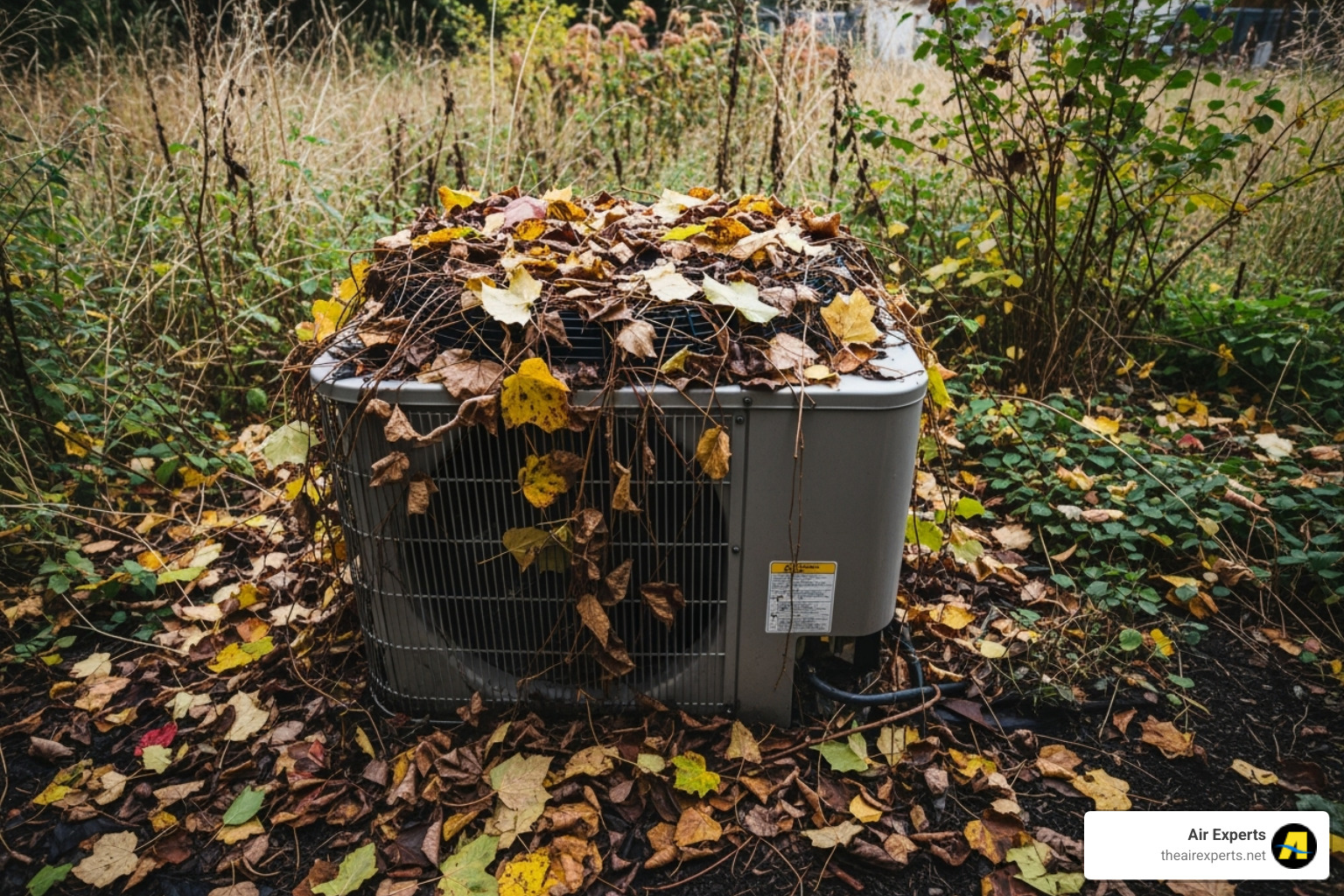
The outdoor unit (condenser) releases heat from your home. If it's dirty or blocked, it can't dissipate heat effectively, causing your heat pump not cooling problem. Inspect the unit for debris like leaves, grass clippings, or toys. Also, check for overgrown vegetation; maintain at least two feet of clearance around the unit.
Gently clear away any obstructions. To clean dirty coils, first turn off the power at the disconnect switch. Then, use a garden hose (not a pressure washer, which can damage the fins) to rinse the coils. Regular cleaning, especially after mowing, improves cooling efficiency.
Deeper Diagnostics: When Simple Fixes Aren't Enough
If the initial DIY checks don't solve your heat pump not cooling problem, the issue is more complex. You might notice warm air from vents or a system that runs constantly without cooling. These symptoms indicate an internal breakdown. Understanding these deeper issues helps you communicate effectively with an HVAC professional.
Signs Your Heat Pump is Not Cooling Due to a Refrigerant Leak
Refrigerant is essential for moving heat. A leak prevents your heat pump from cooling effectively. Signs of a leak include: hissing or bubbling sounds from your indoor or outdoor unit, frozen refrigerant lines, and ineffective cooling where the system runs constantly but the air from vents is lukewarm. Refrigerant leaks are not a DIY fix. Handling refrigerant requires an EPA-certified HVAC professional due to safety hazards and federal regulations. Adding more refrigerant without fixing the leak is only a temporary solution that can cause more damage.
The Impact of a Faulty Reversing Valve
The reversing valve directs refrigerant for either heating or cooling. If it fails, your heat pump might get stuck in heating mode, blowing hot air even when set to cool. You may hear clicking noises as the valve attempts to switch. This complex component is located deep within the unit and requires a professional to diagnose and replace.
Electrical Component Failures
Several electrical components can fail, preventing your heat pump from starting or running correctly.
- A bad capacitor prevents the compressor or fan motors from starting, often causing a clicking sound.
- Compressor problems are serious, as the compressor is the heart of the system. If it's not running, cooling stops.
- Fan motor issues with the indoor or outdoor fan will hinder heat transfer and lead to poor cooling.
- Faulty wiring or loose connections can cut power to key parts, sometimes causing humming or buzzing.
These issues require a professional with the right tools and safety training to diagnose and repair.
Frozen or Dirty Evaporator Coils
The indoor evaporator coil absorbs heat from your home's air. If it gets dirty or airflow is blocked, it can't work effectively and may even freeze. Signs include reduced or weak airflow from vents and musty odors from mold growth on the damp coil. In severe cases, you'll see ice on the indoor unit.
If you suspect a frozen coil, turn off the cooling and run the fan on "ON" for a few hours to thaw it. Ensure your air filter is clean and vents are unblocked. If the coil is visibly dirty or keeps freezing, it needs professional cleaning to avoid damage.
Knowing When to Call for Backup: Signs You Need a Professional
While DIY fixes are satisfying, some heat pump not cooling issues require professional expertise. Heat pumps are complex and can be dangerous to work on without proper training, as they involve high-voltage electricity, pressurized refrigerant, and moving parts. Attempting advanced repairs yourself can turn a small problem into an expensive disaster. Knowing when to call a professional is key to a safe and effective solution.
What to Do When Your Heat Pump is Not Cooling at All
If you've worked through all our troubleshooting steps—checked the thermostat, replaced the filter, and verified power—and your heat pump is completely unresponsive, you're dealing with a serious internal problem. Complete system silence usually points to a major electrical failure or a safety system that's shut everything down.
No airflow from your vents is another red flag. Your indoor air handler might have a failed blower motor, a faulty control board, or a complete power failure to the indoor unit that's not related to your main breaker panel. These air handler problems are tricky to access and diagnose without specialized testing equipment.
The bottom line? When your system is completely dead after you've checked the obvious culprits, it's time to call in someone with the right tools and training to safely diagnose what's really going on.
Your Heat Pump Runs Constantly but Doesn't Cool
It's maddening when a heat pump not cooling just won't quit trying. It runs constantly, burning through electricity while your house stays warm. This scenario puts tremendous stress on your compressor and other components, shortening your heat pump's lifespan.
Sometimes the issue is that your heat pump is simply undersized for your home's cooling needs. A professional can perform a load calculation to determine if this is the case.
More often, you're looking at a severe refrigerant leak that's crippling your system's ability to transfer heat. Without adequate refrigerant, your heat pump is working hard with minimal results.
Ductwork leaks are another sneaky culprit. Your heat pump might be producing cold air, but if it's escaping into your attic or crawl space, it never reaches your living areas. These issues require professional assessment and repair.
You Hear Loud or Unusual Noises
Your heat pump has a normal soundtrack, but when new, alarming sounds appear, your system is sending up a flare for help.
- Grinding noises often mean motor bearings are wearing out.
- Squealing sounds can indicate a motor that's struggling to start or run properly.
- Banging or clanking is never good news and could signal a loose component or serious compressor problems.
- Persistent rattling might seem minor, but it can indicate loose panels or components vibrating loose.
Unusual noises are almost always early warning signs of bigger problems. Addressing them quickly with professional help can often prevent a complete system breakdown. Professional technicians are trained to interpret these sounds and can quickly pinpoint the cause.
Frequently Asked Questions about Heat Pump Cooling Problems
After years of helping Birmingham homeowners beat the heat, we've heard just about every question imaginable about cooling problems. Let's tackle the most common ones we get when folks are dealing with a heat pump not cooling situation.
What is the most common reason a heat pump stops cooling?
In our experience, low refrigerant takes the crown as the number one culprit behind cooling failures. This usually happens because of a leak somewhere in the system - maybe a tiny pinhole in a coil or a loose connection that's been slowly dripping refrigerant for months. When your heat pump doesn't have enough refrigerant, it's like trying to cool your home with half the tools it needs.
Coming in at a close second are dirty air filters. We can't tell you how many service calls we've been on where a simple filter change would have solved everything. It's such a small thing, but when that filter gets clogged with dust and pet hair, your whole system struggles to breathe.
Electrical issues round out the top three troublemakers. Sometimes it's as simple as a tripped breaker that nobody noticed. Other times, it's a failed capacitor or a thermostat that's lost its mind. These three problems account for the majority of our cooling-related service calls, which is why we always check them first.
How long should a heat pump last?
Most heat pumps live a good life of 10 to 15 years, but we've seen some units that keep chugging along well past their expected retirement age. The secret? Regular maintenance and a little TLC.
Think of your heat pump like a car. If you change the oil, keep it clean, and address small problems before they become big ones, it'll serve you faithfully for years. Units that get annual tune-ups consistently outlast those that are ignored. We've serviced 20-year-old systems that still cool beautifully because their owners never skipped maintenance.
On the flip side, Alabama's hot, humid climate can be tough on equipment. Heat pumps that run constantly during our scorching summers naturally experience more wear. Poor installation can also cut years off a unit's life - another reason why choosing the right contractor matters from day one.
If your heat pump is approaching the double-digit age mark and starting to need frequent repairs, it might be time to consider whether deciding to repair or replace makes more financial sense.
Can I fix a refrigerant leak myself?
We get this question a lot, and our answer is always the same: absolutely not. We're not trying to be the fun police here - there are serious safety and legal reasons why refrigerant work is strictly professionals-only territory.
First, refrigerant can cause chemical burns and frostbite on contact. It can also displace oxygen in enclosed spaces, creating a suffocation risk. These aren't chemicals you want to mess around with in your garage or basement.
Beyond safety, federal law requires EPA certification to handle refrigerant. Handling refrigerant requires an EPA-certified HVAC professional, and releasing it into the atmosphere is illegal. The fines can be substantial, and the environmental impact is real.
Here's the thing that many DIY enthusiasts don't realize: simply adding more refrigerant won't fix the problem. A proper repair means finding the leak (which often requires specialized detection equipment), fixing it permanently, evacuating the system, and recharging it to exact specifications. Skip any of these steps, and you'll be right back where you started - or worse.
When you suspect a refrigerant leak, give us a call. We'll handle it safely, legally, and permanently, so you can get back to enjoying your cool, comfortable home.
Get Your Comfort Back with Honest, Expert Service
When your heat pump not cooling properly during Alabama's sweltering summer months, it can feel like your home has turned into a sauna. We've walked you through the essential troubleshooting steps that every homeowner should know, from checking those sneaky thermostat settings to clearing debris from your outdoor unit.
The good news is that many cooling issues have straightforward solutions you can tackle yourself. A dirty air filter, a tripped breaker, or an overgrown bush blocking your outdoor unit are all problems that don't require a service call. These simple fixes can save you money and get your cool air flowing again quickly.
But let's be honest – sometimes the problem goes deeper than what you can safely handle at home. Issues like refrigerant leaks, faulty reversing valves, or electrical component failures require the specialized tools and expertise that only trained professionals possess. Attempting these complex repairs yourself isn't just ineffective; it can be dangerous and might cause even more expensive damage to your system.
That's where we come in. At Air Experts, we believe in treating our Greater Birmingham neighbors with the same honesty we'd want for our own families. Our promise is simple: "No Upselling. No catch. Just Honest, Quality Service." We won't try to sell you a new system when a repair will do, and we'll explain exactly what's wrong in terms that make sense.
Whether you're in Birmingham, Chelsea, Pelham, Trussville, or anywhere else in our service area, we understand how important your home's comfort is to you and your family. When your DIY efforts haven't solved the problem and you need professional help, we're here with transparent pricing and prompt response times.
Don't spend another day sweating in your own home. If your heat pump is still giving you trouble after trying these troubleshooting steps, it's time to call in the experts. Schedule your heat pump maintenance in Birmingham, AL with Air Experts today, and let us restore the cool comfort your home deserves.
.svg)
.svg)
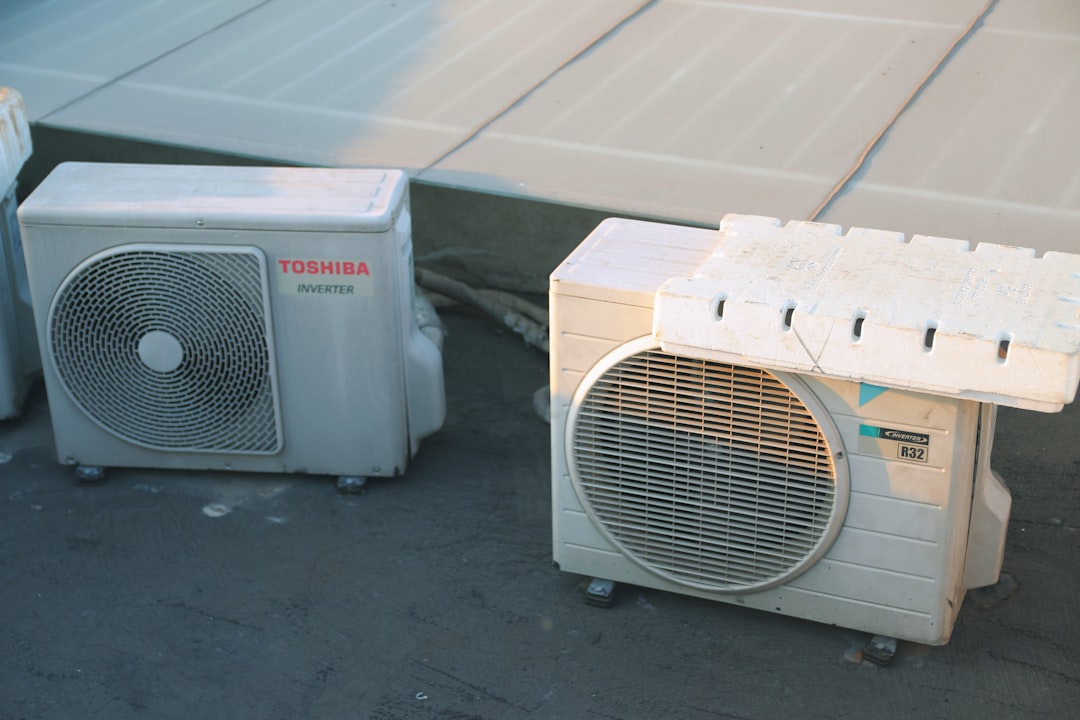
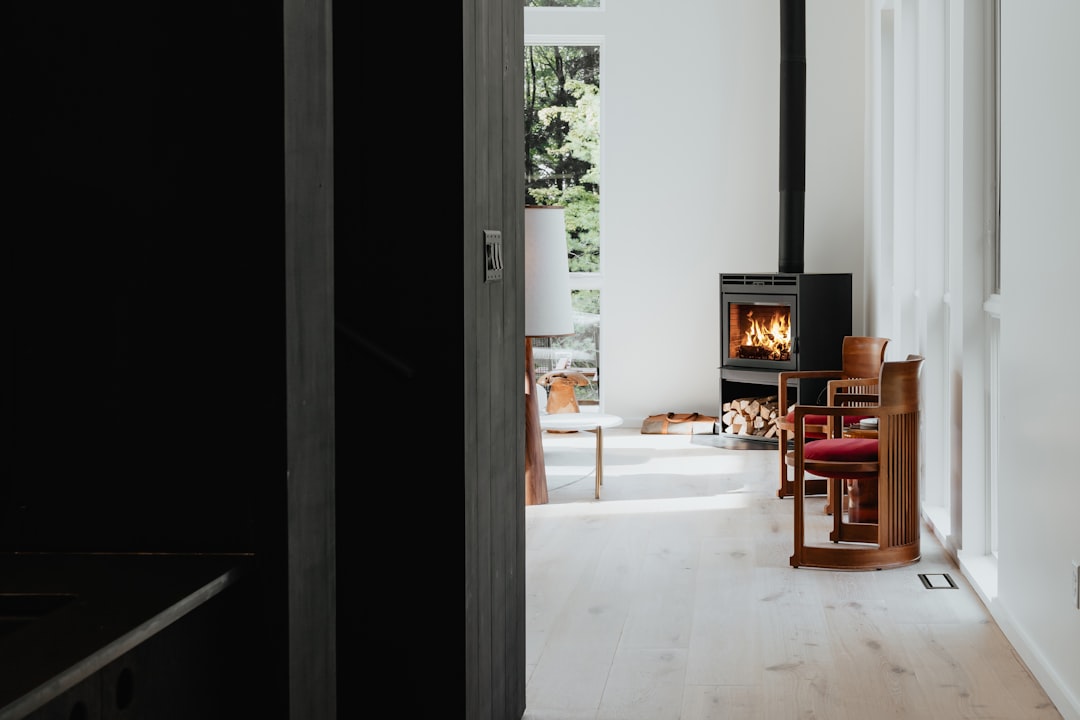

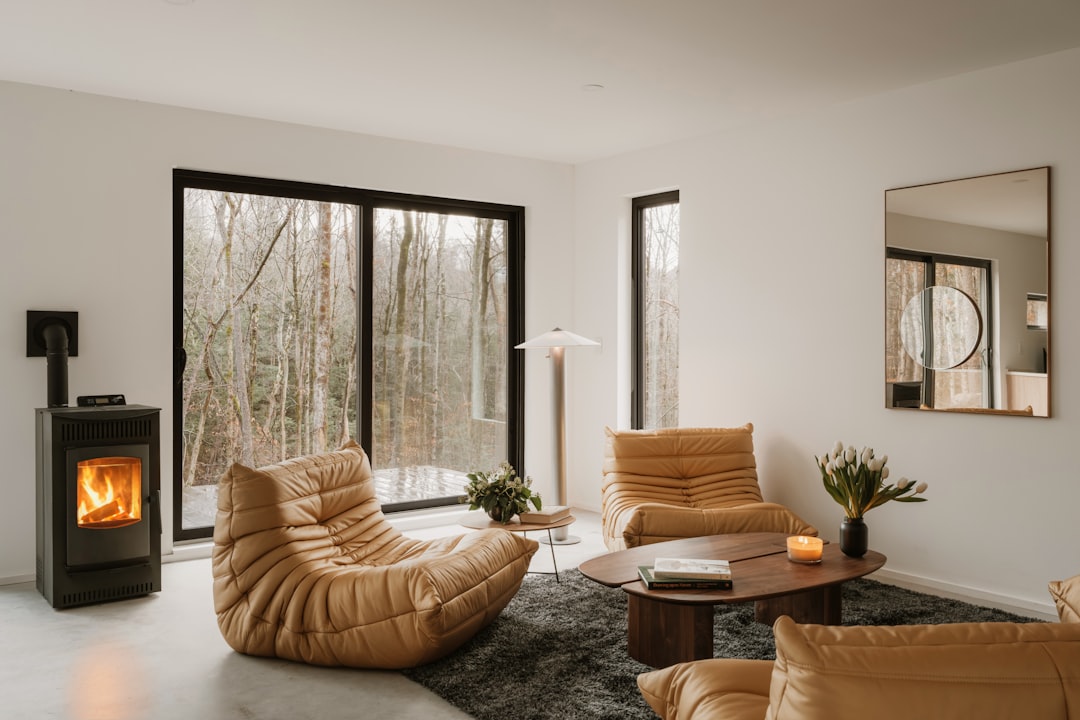

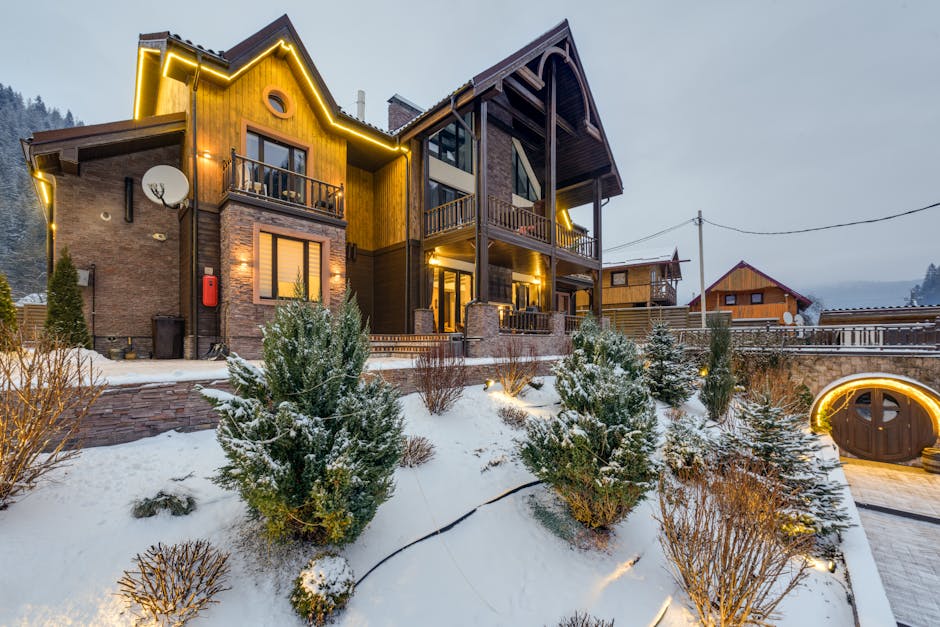

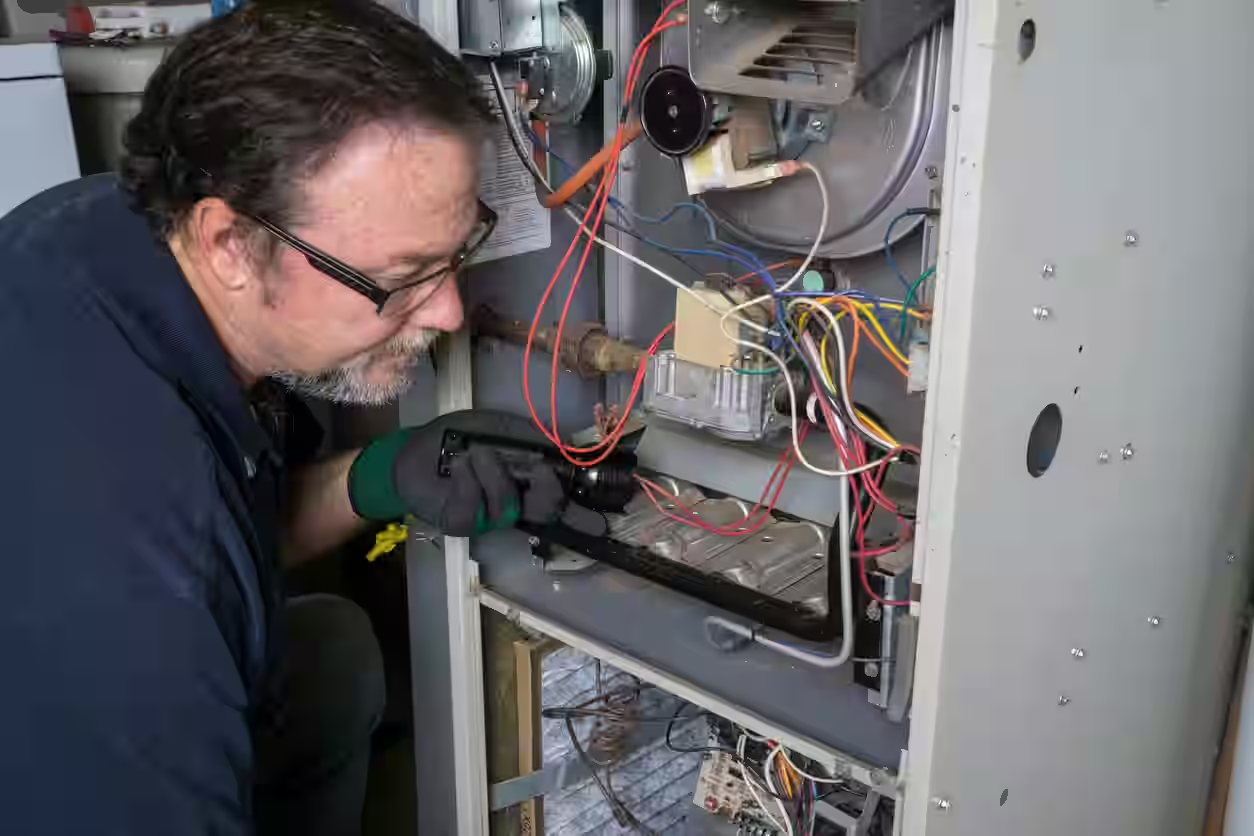
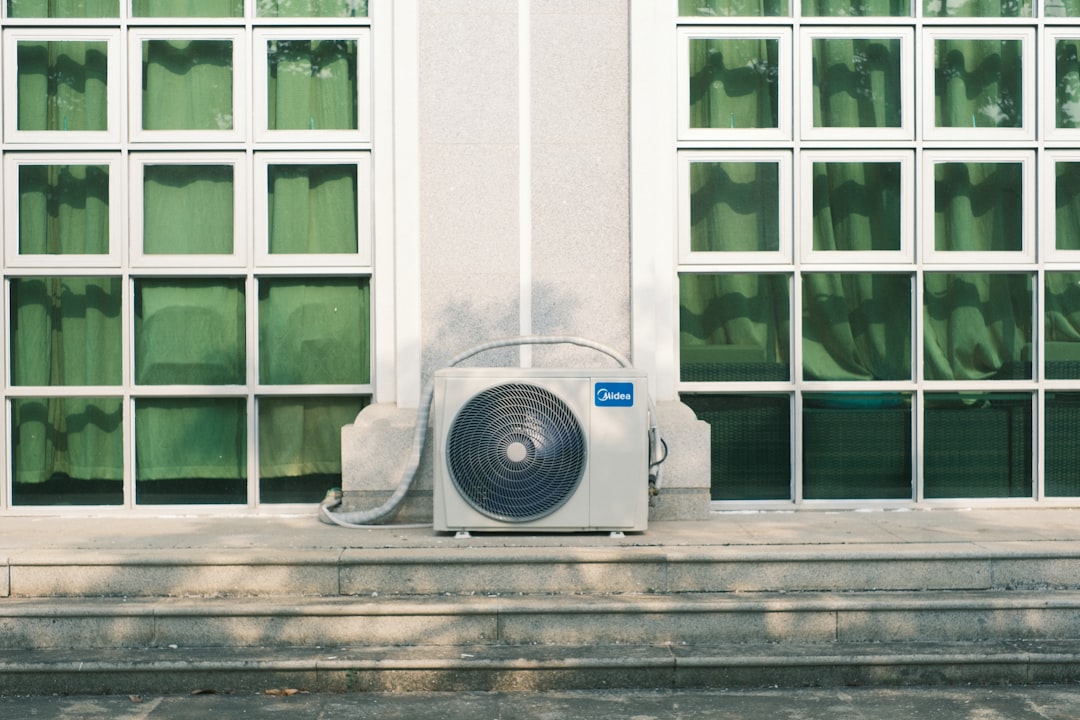
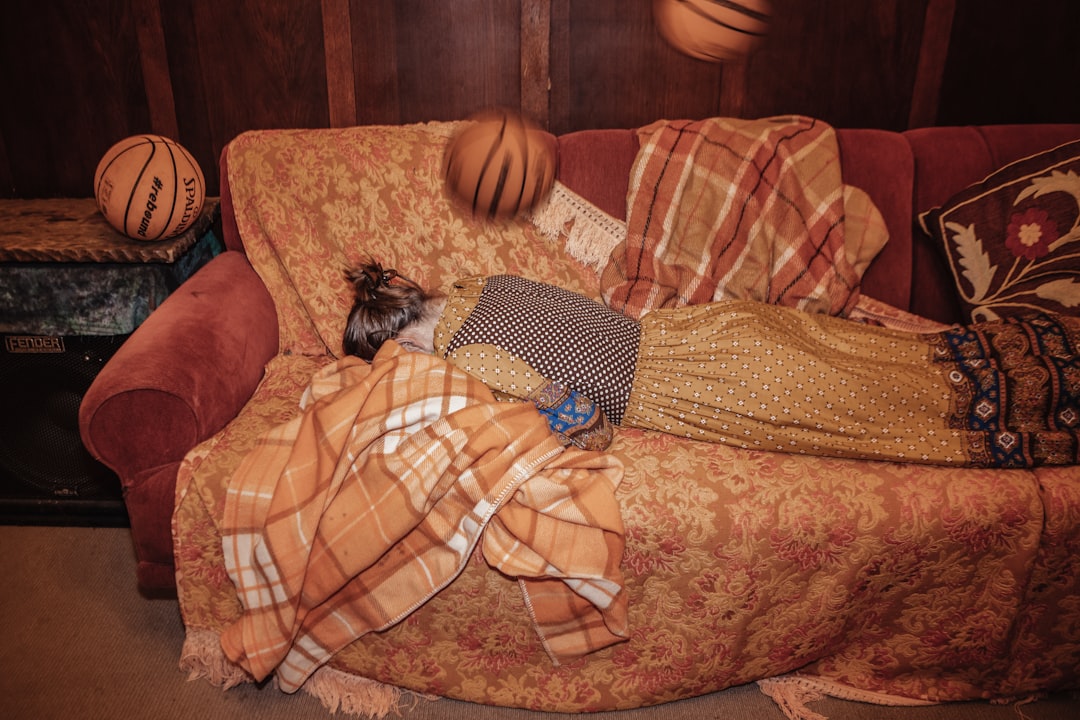
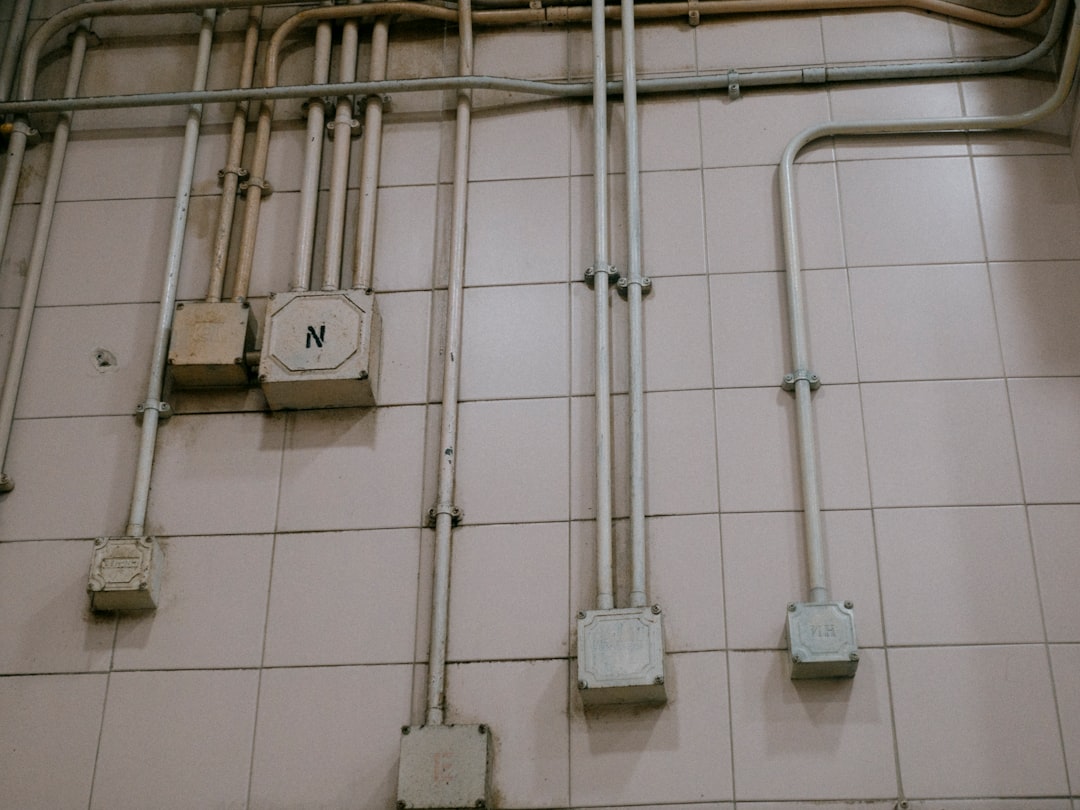
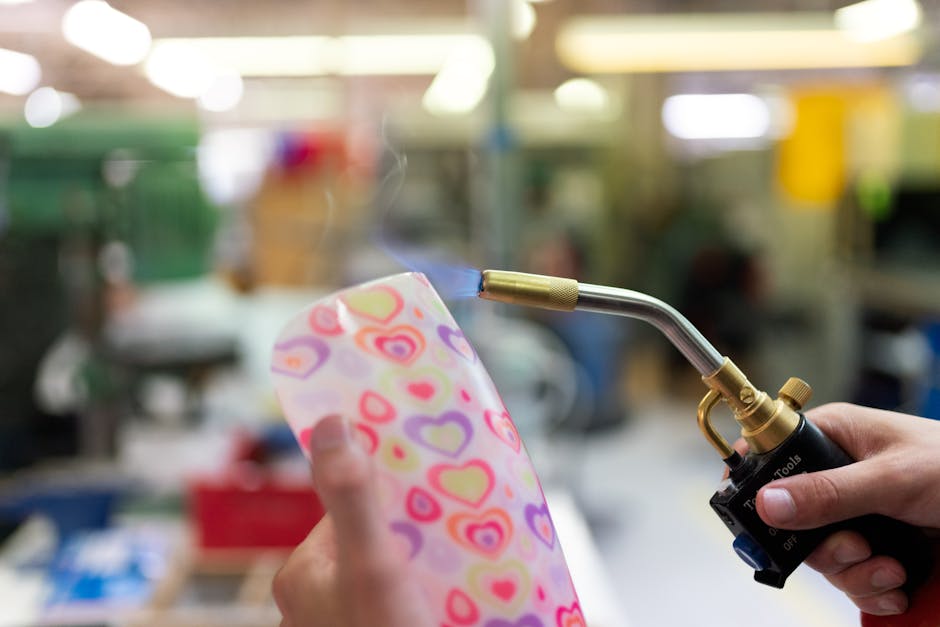

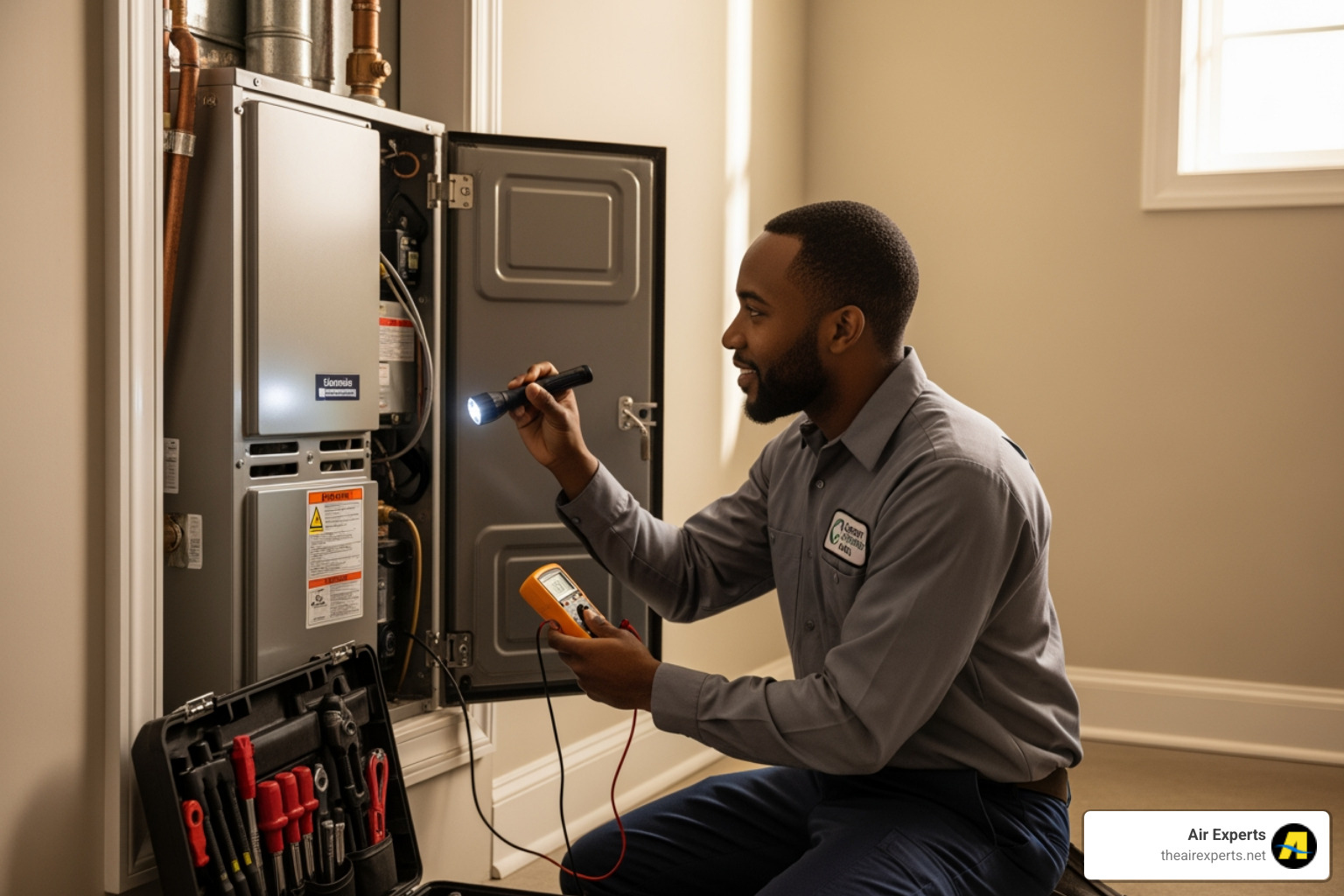
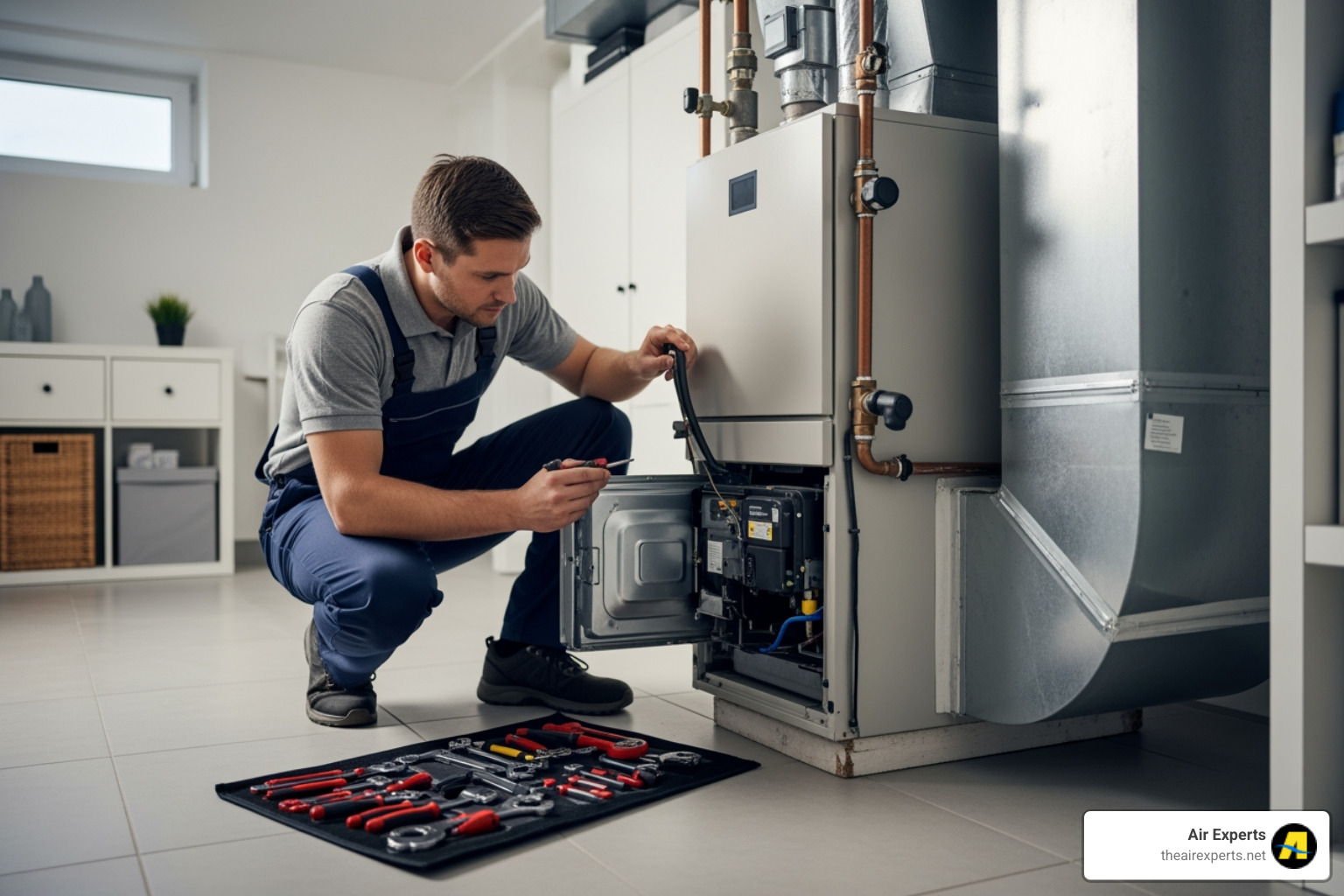
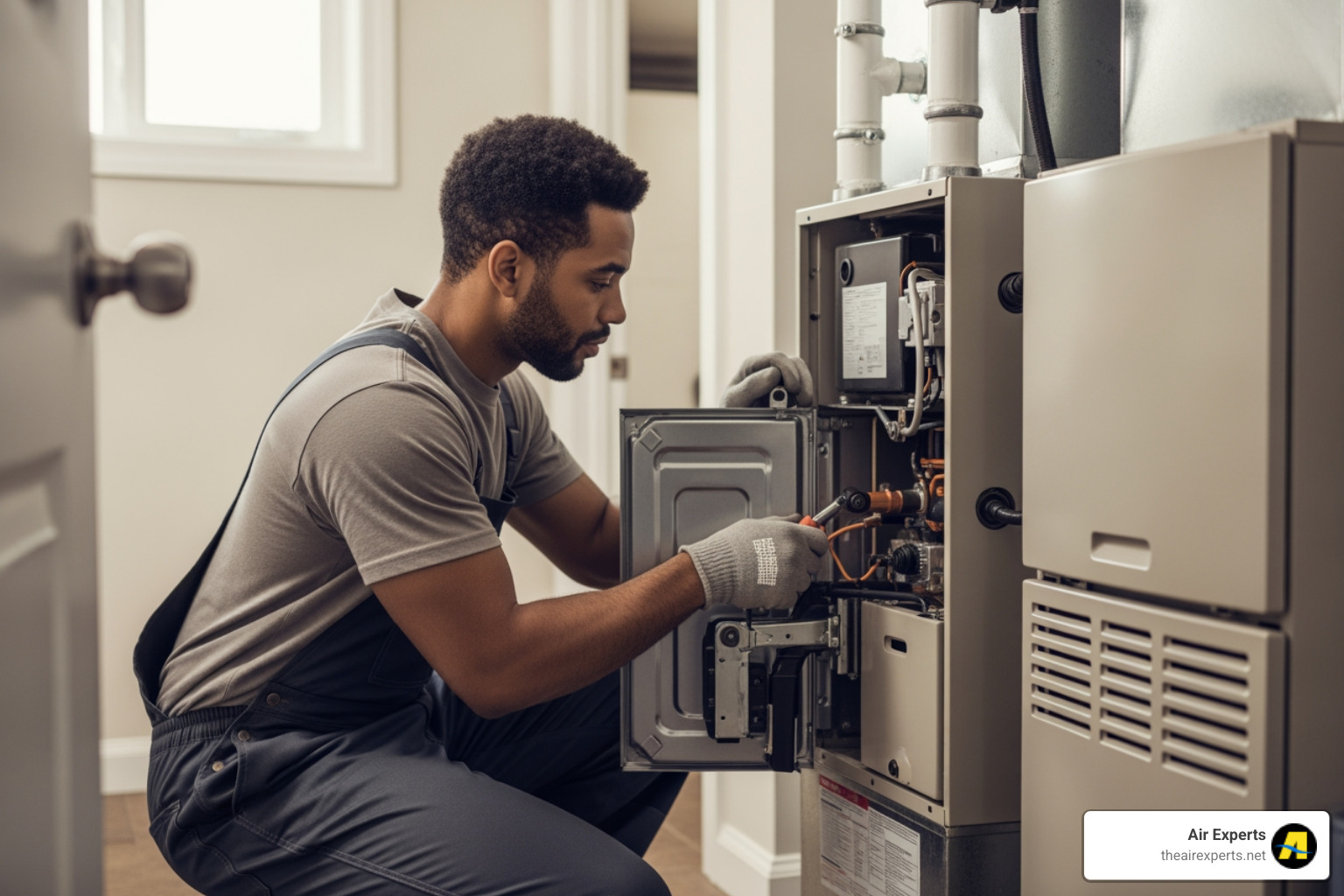
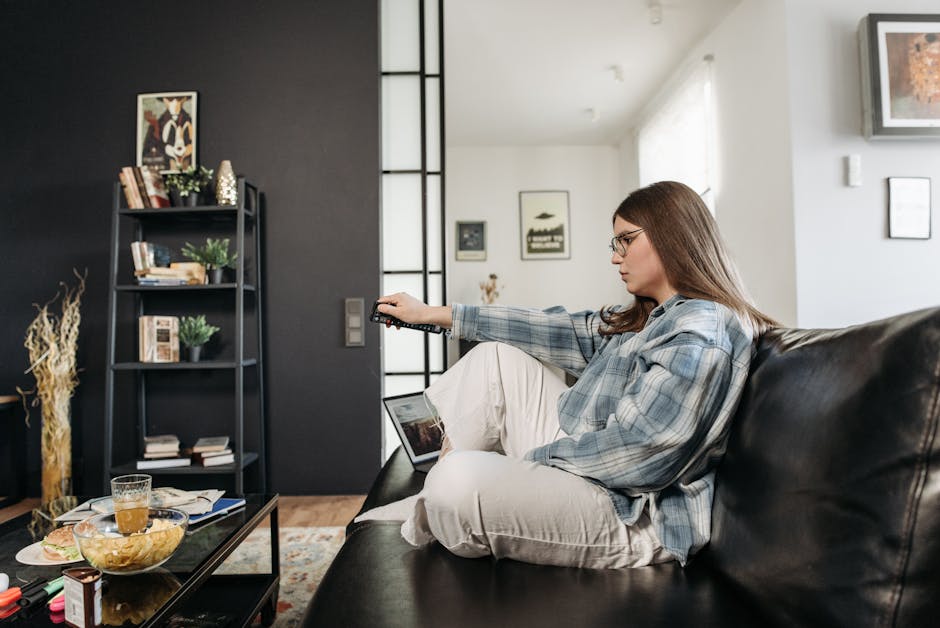
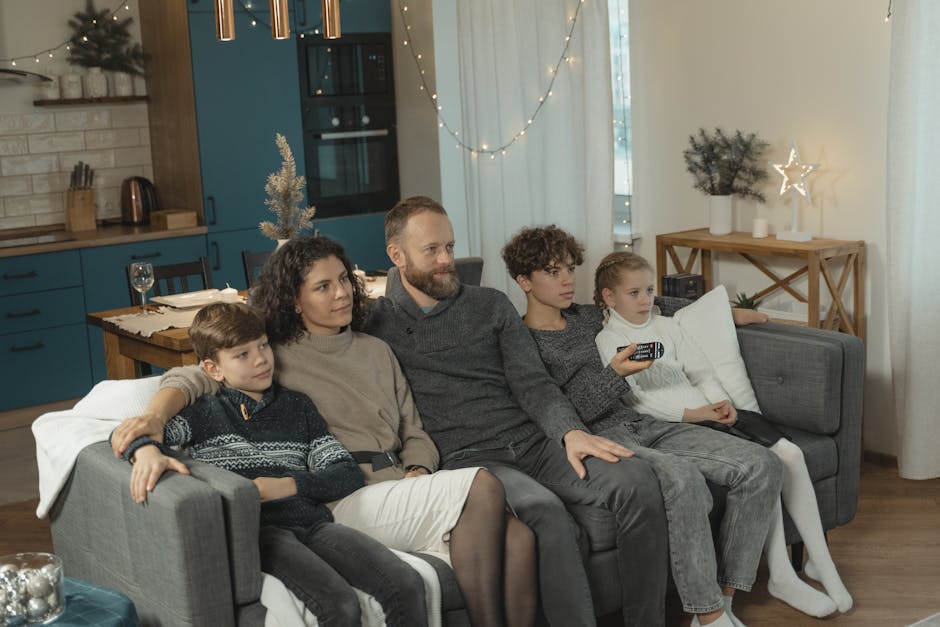
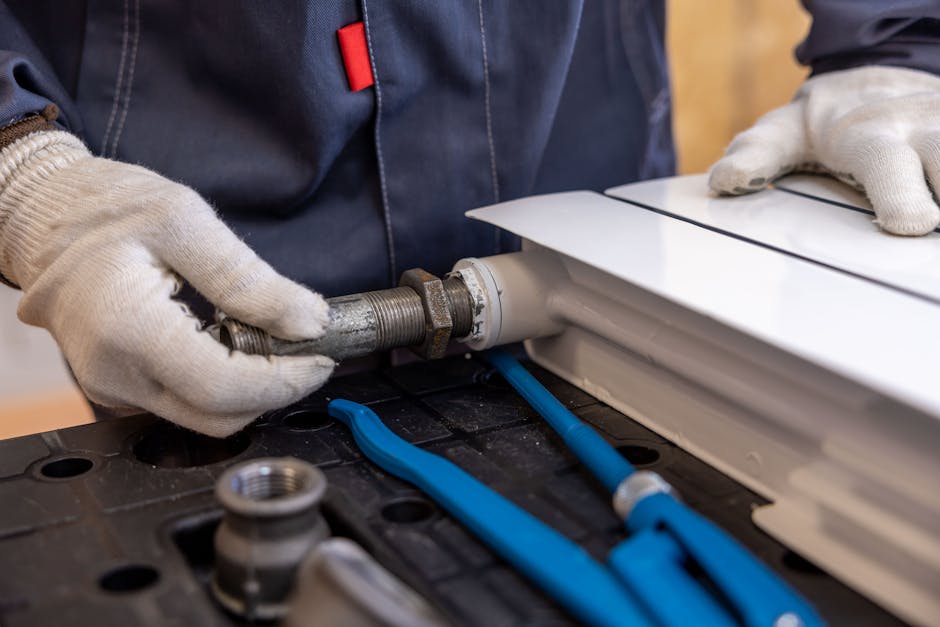

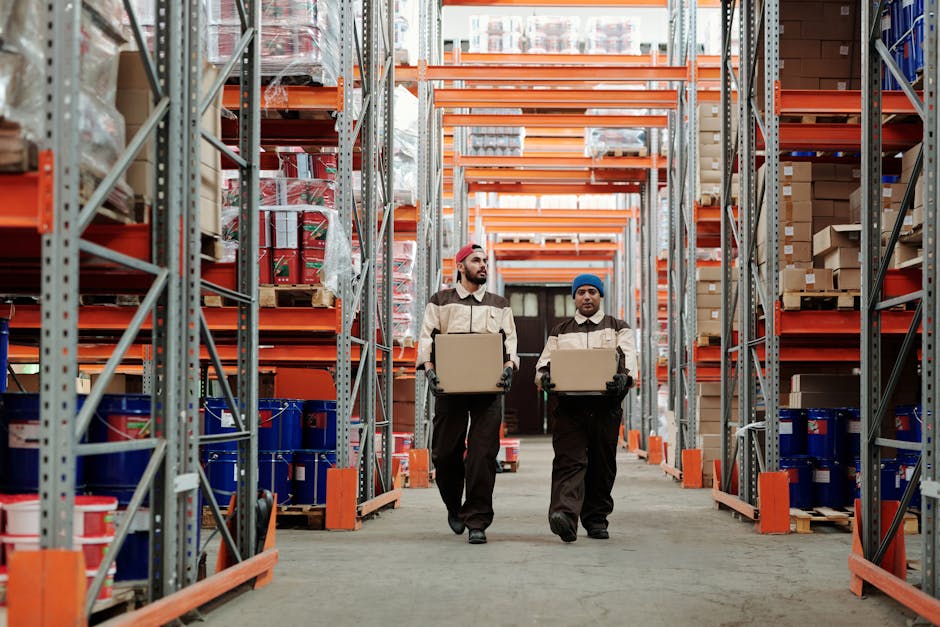
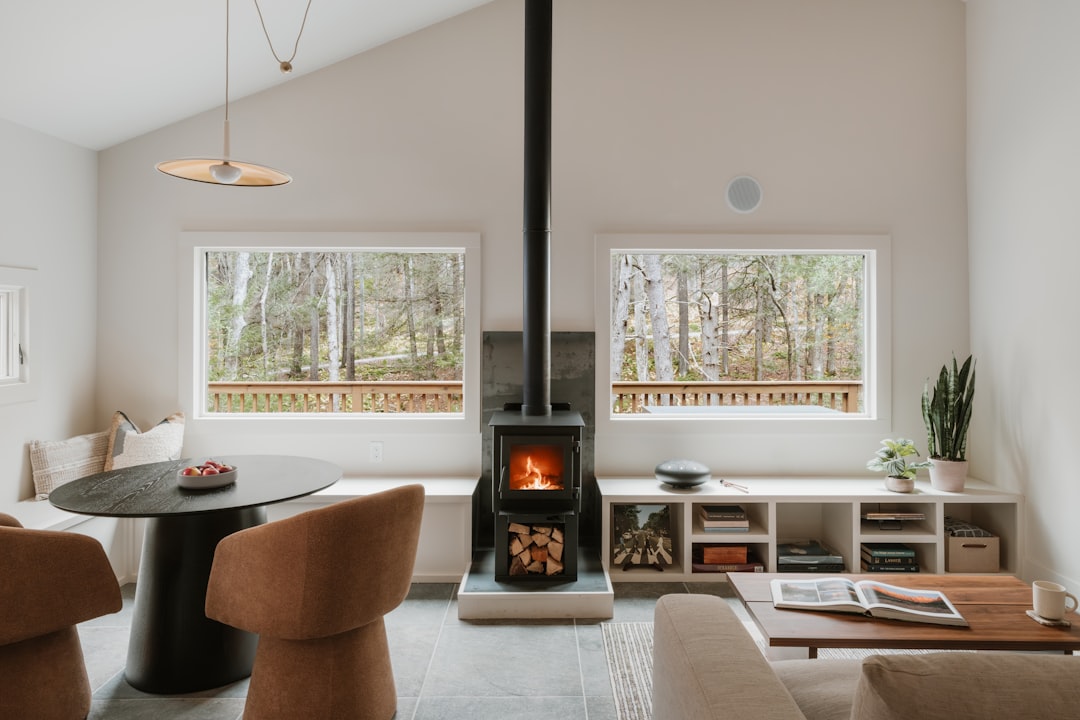
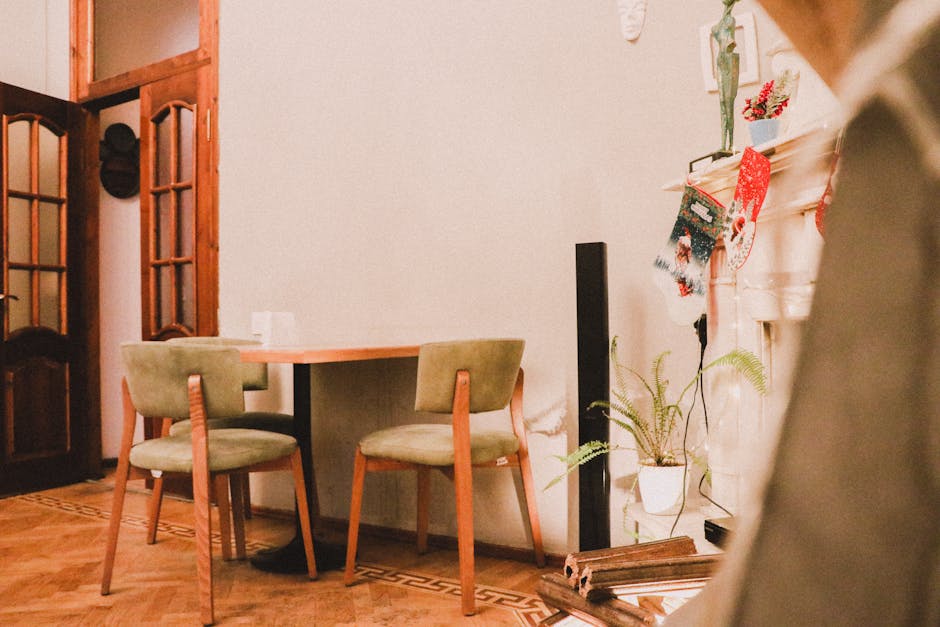

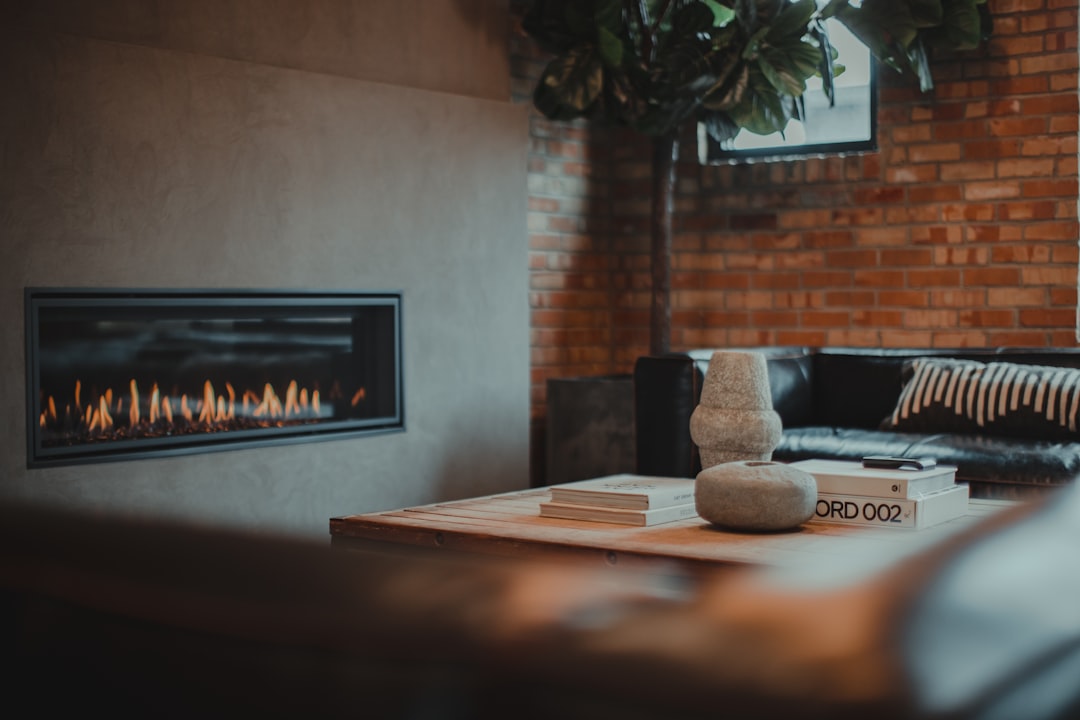
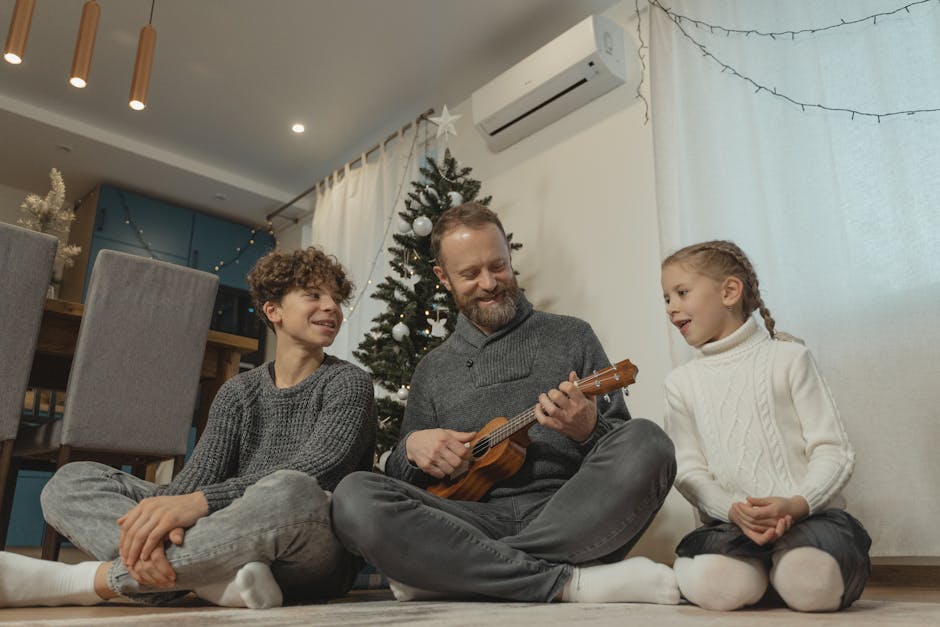
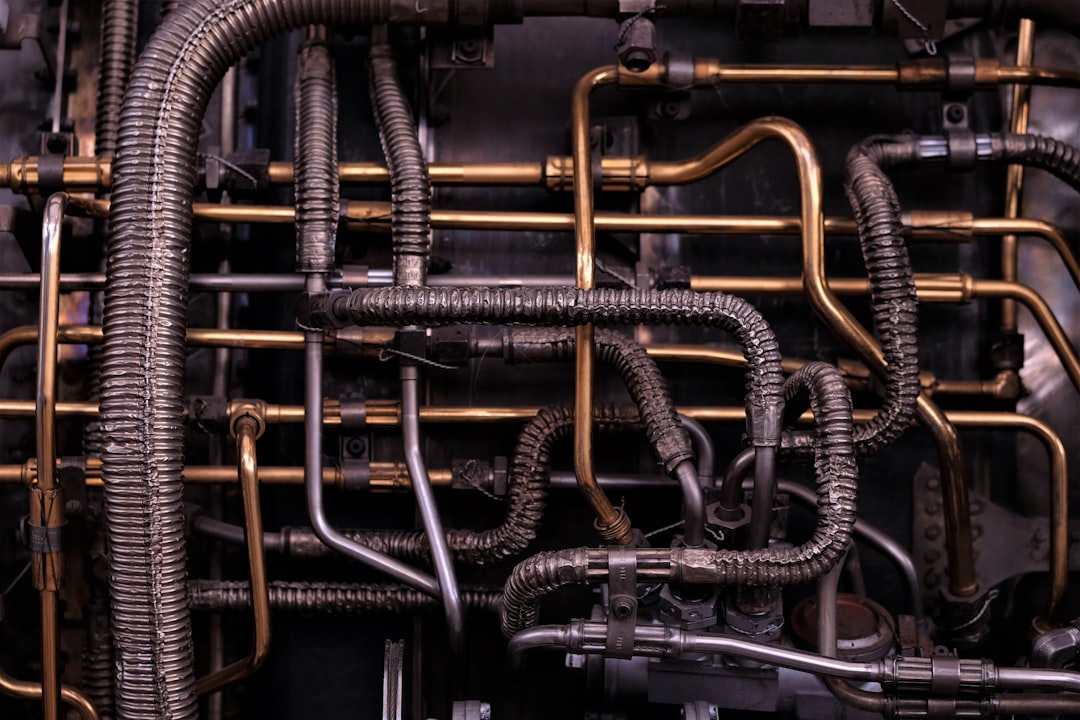
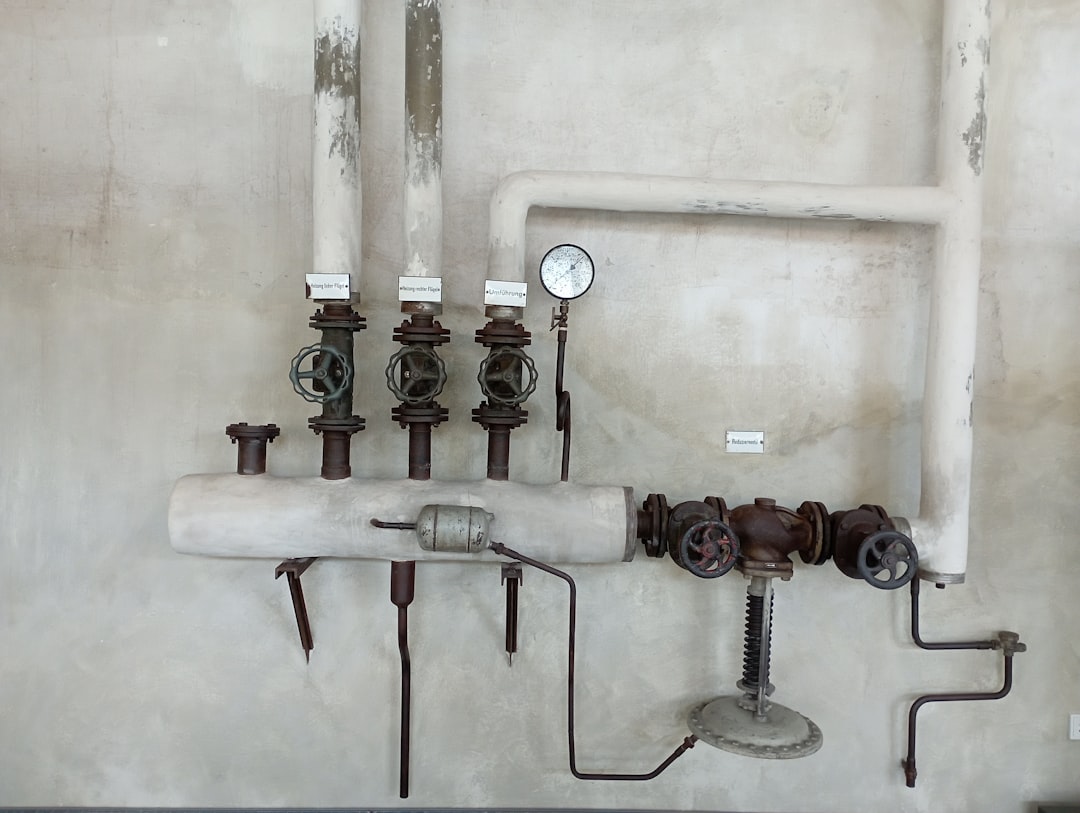
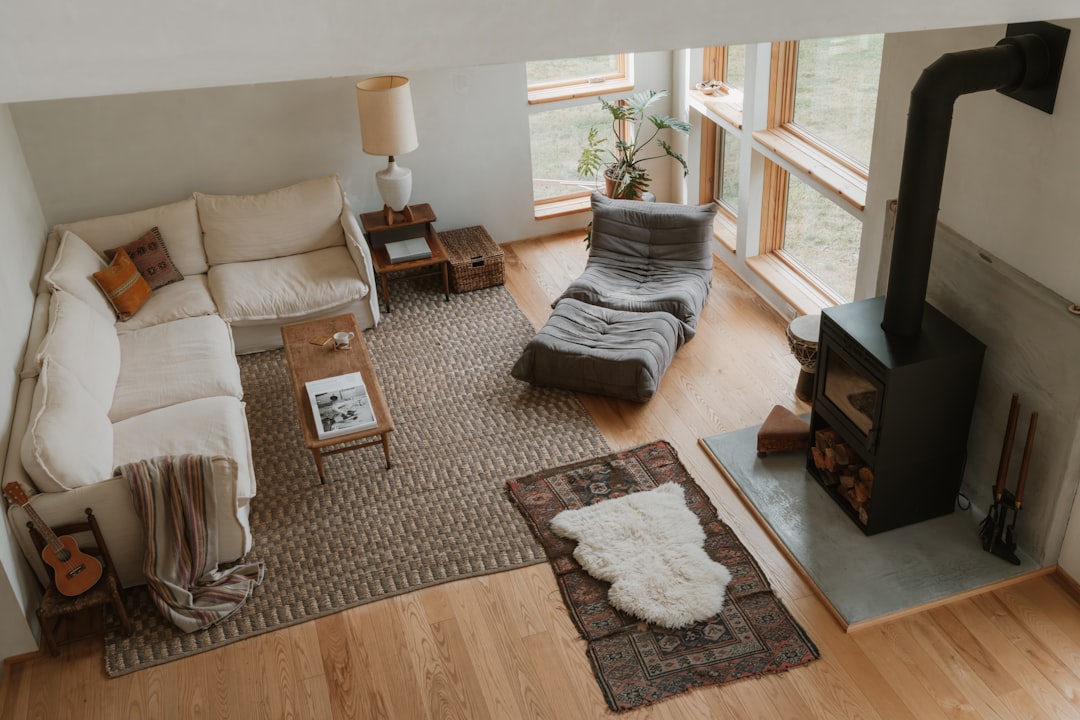
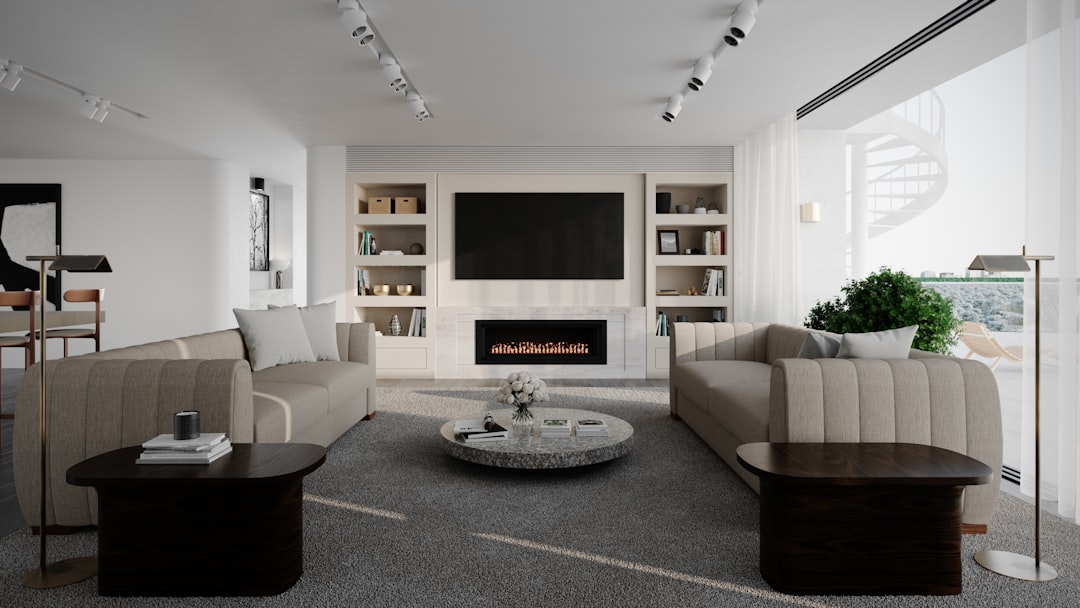
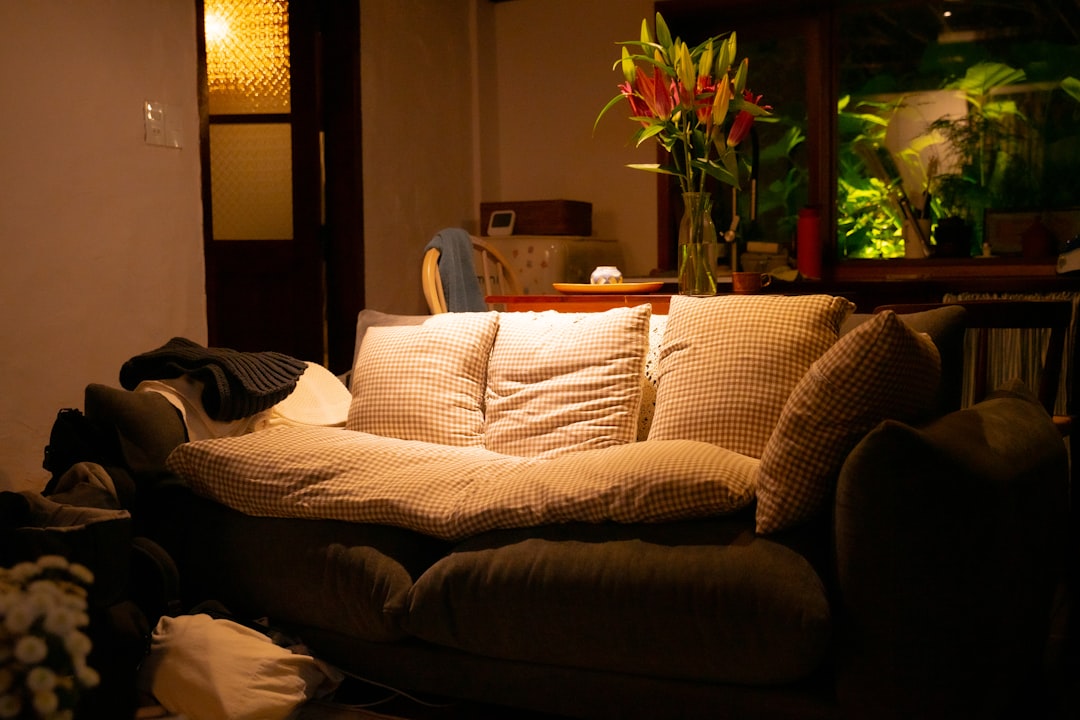



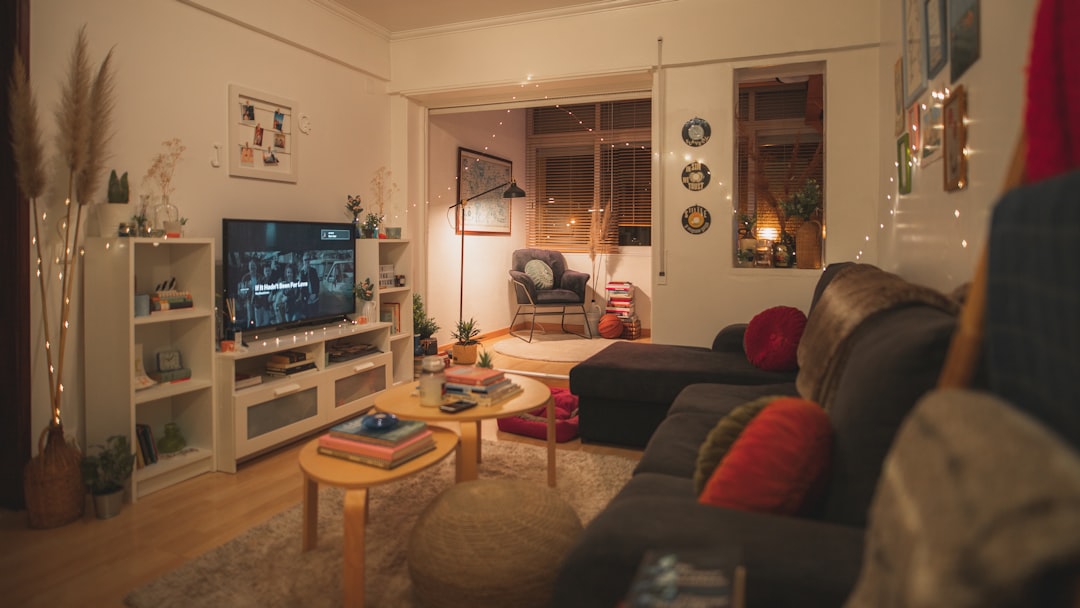
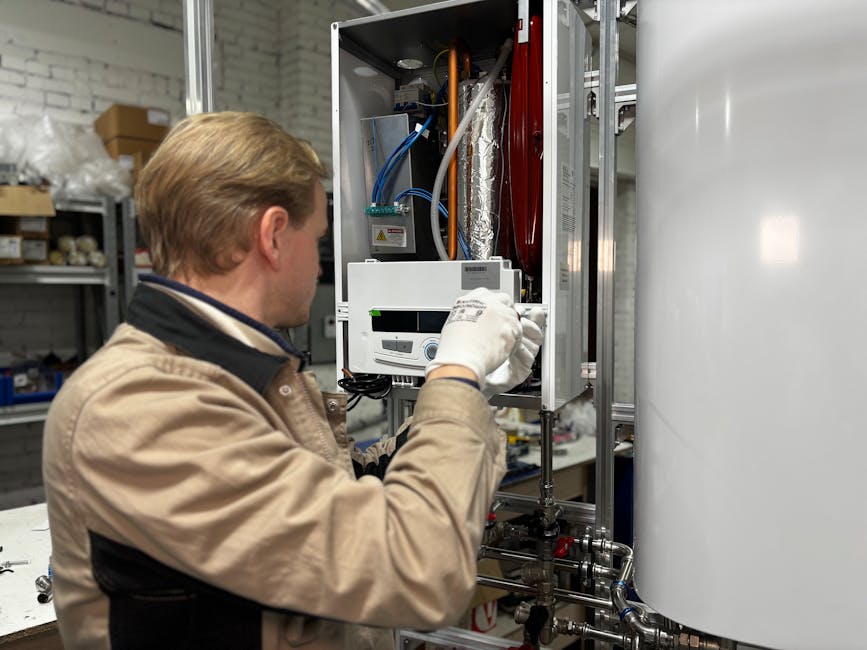
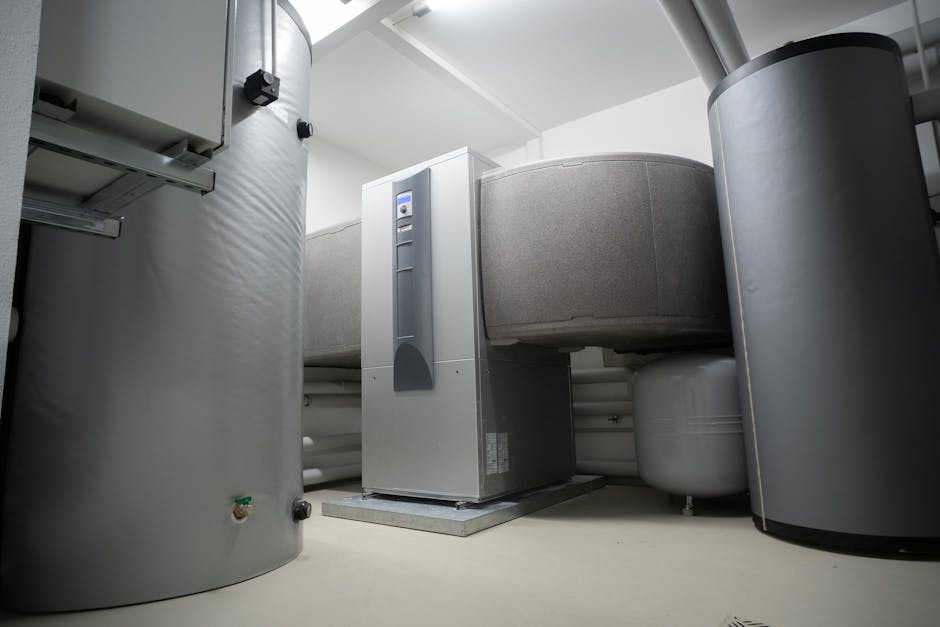
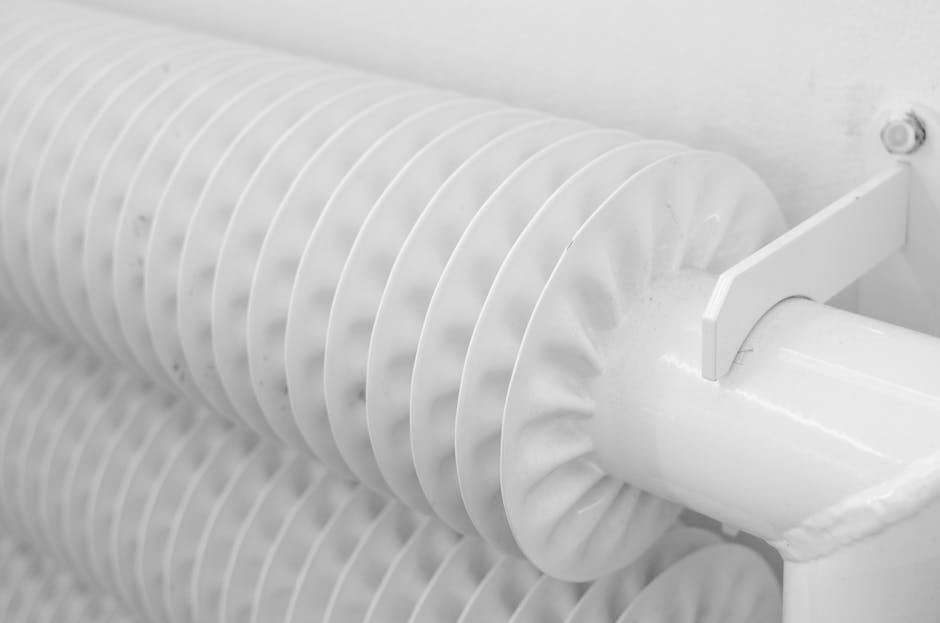
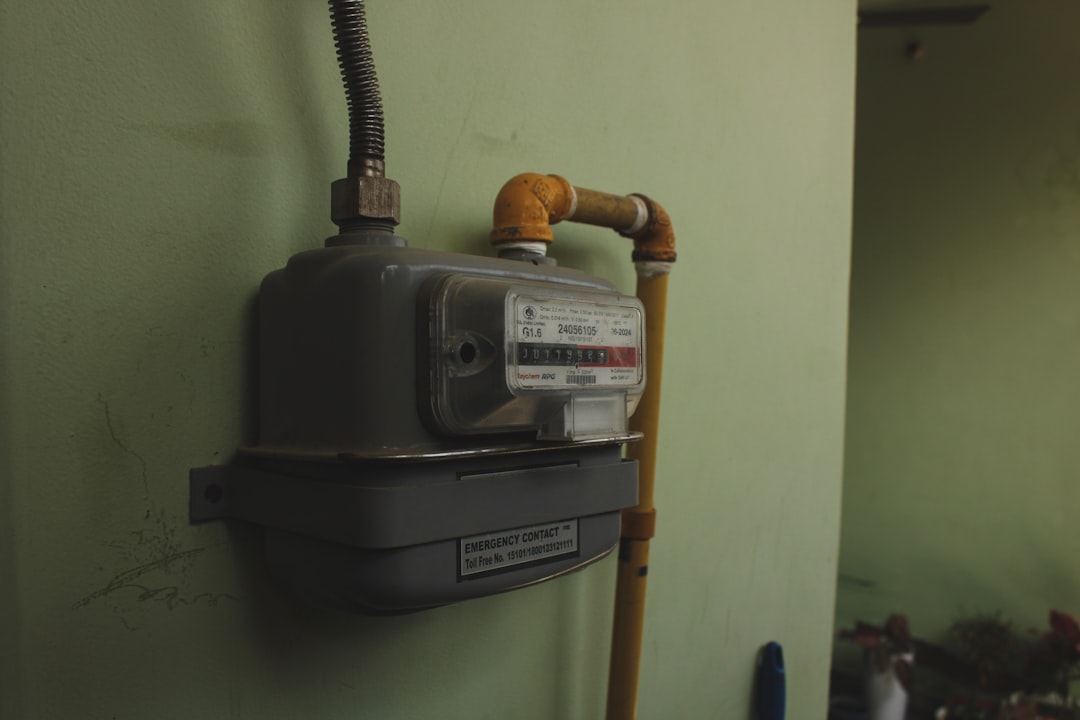
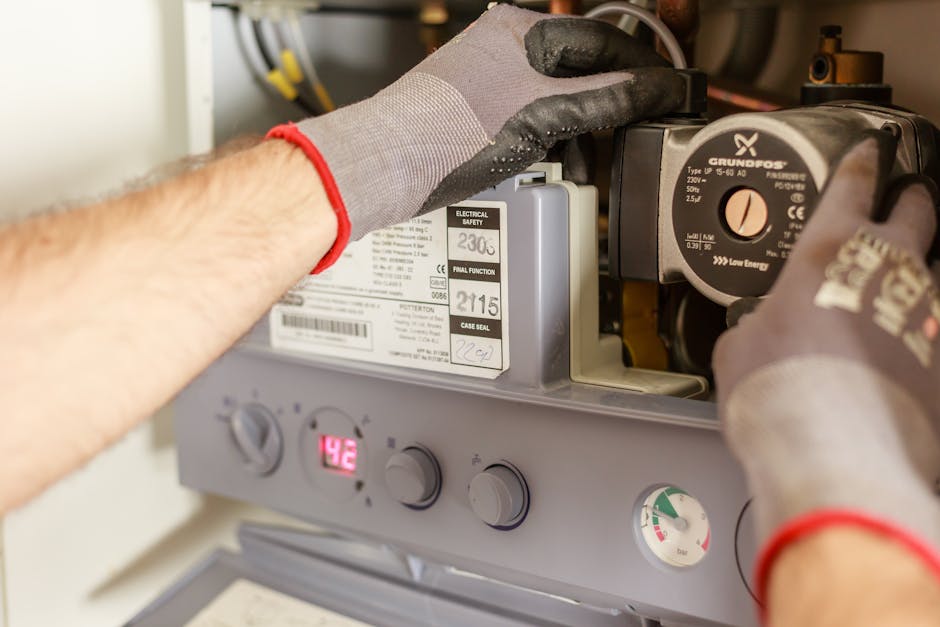
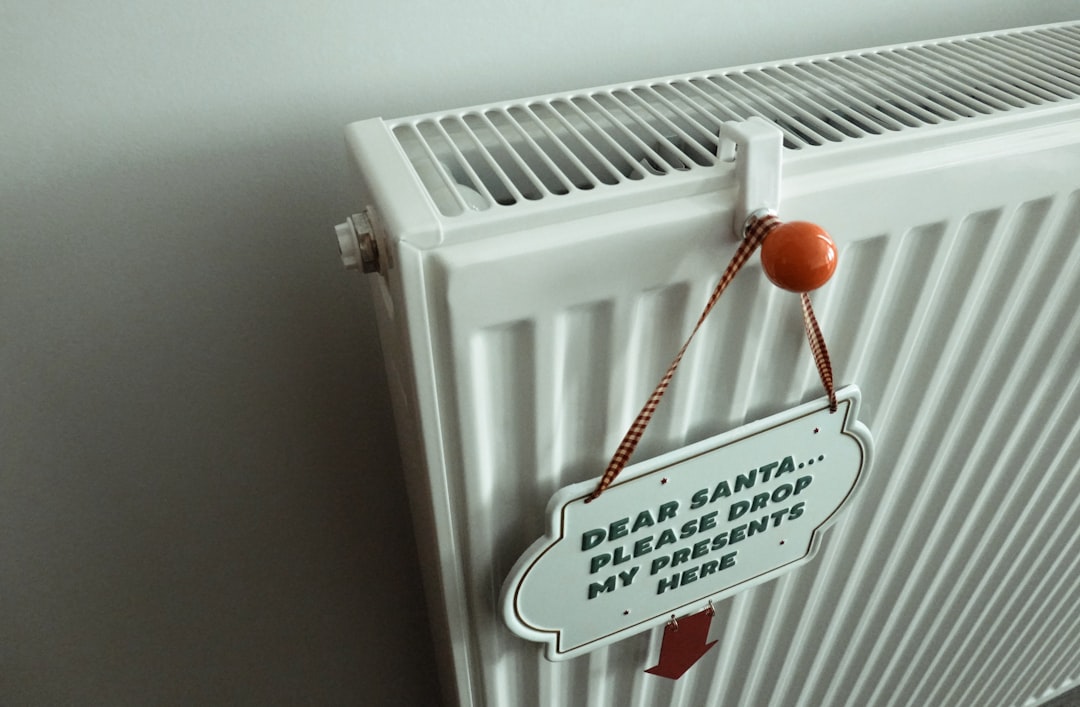
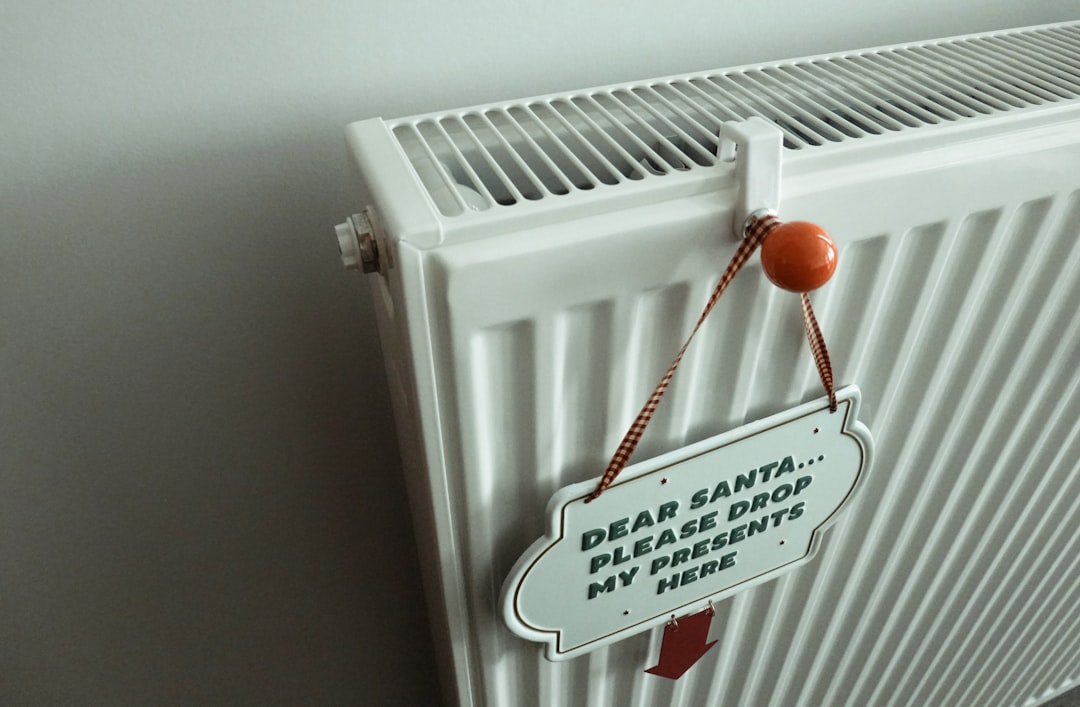
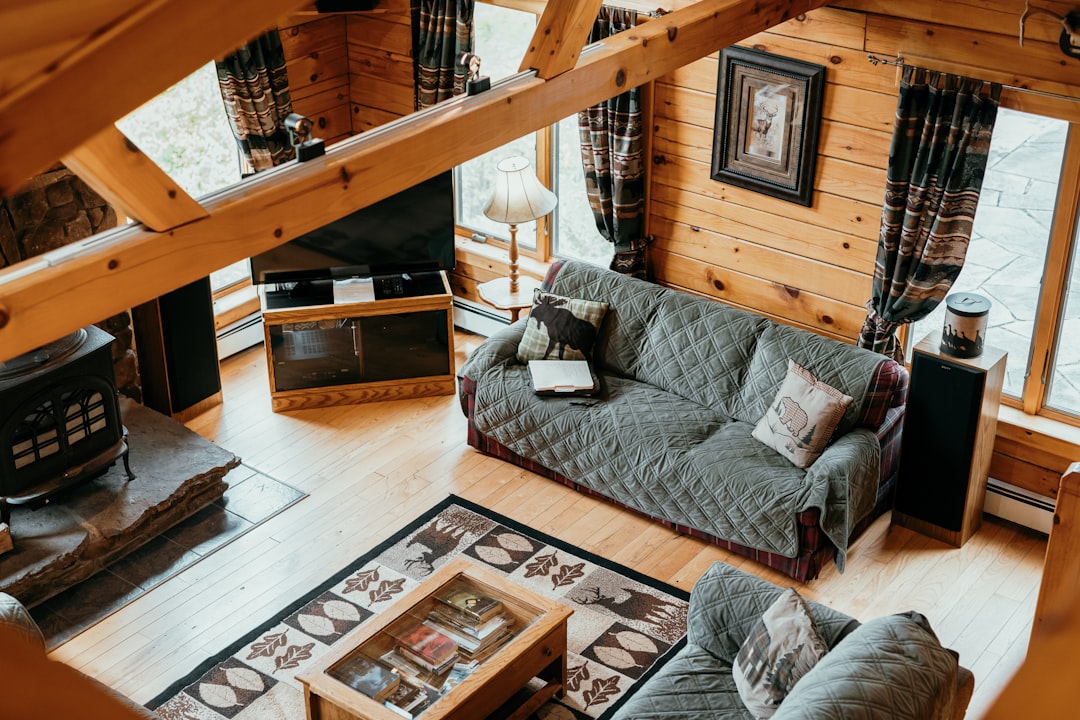
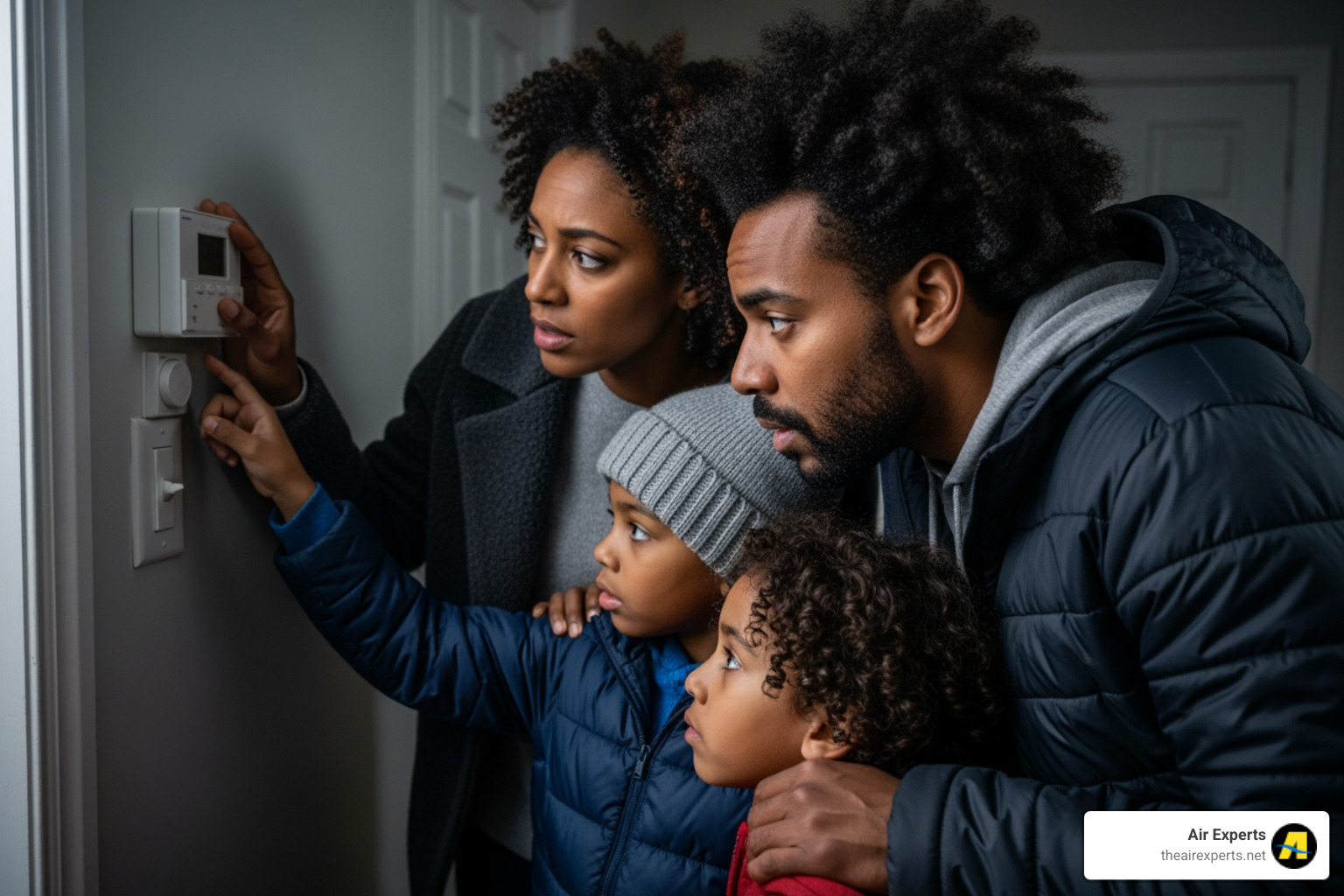
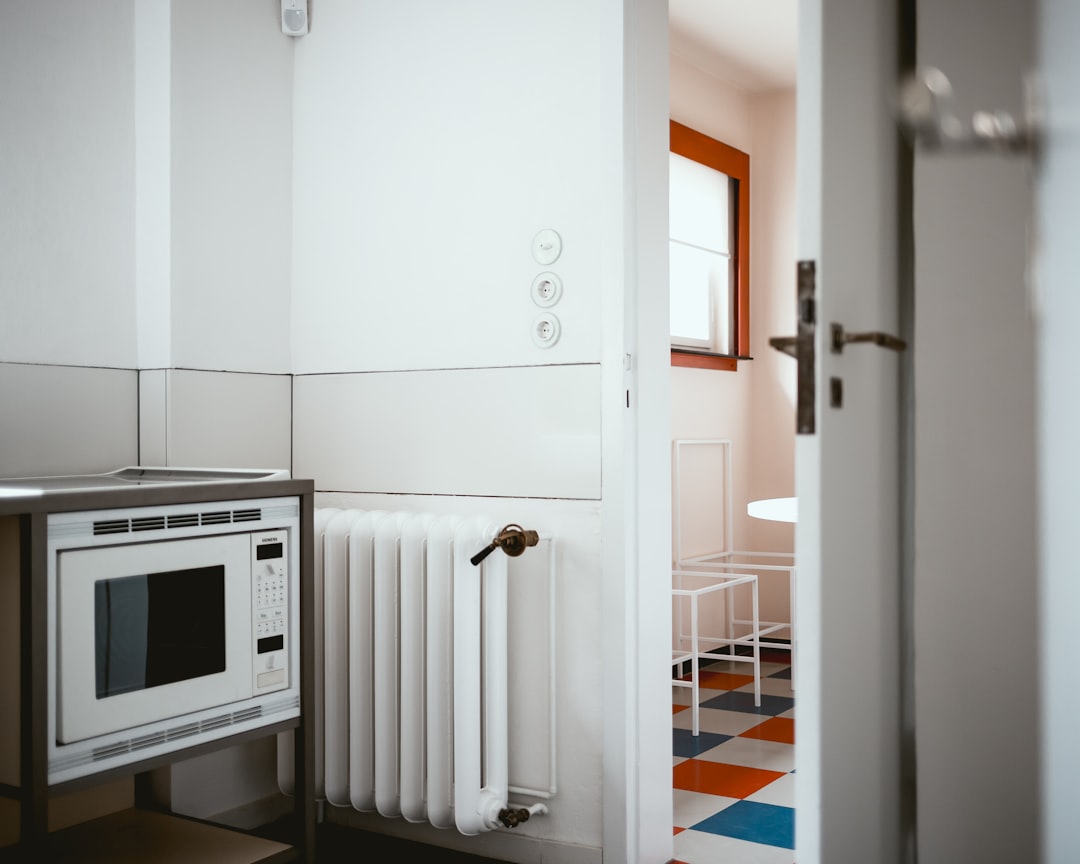
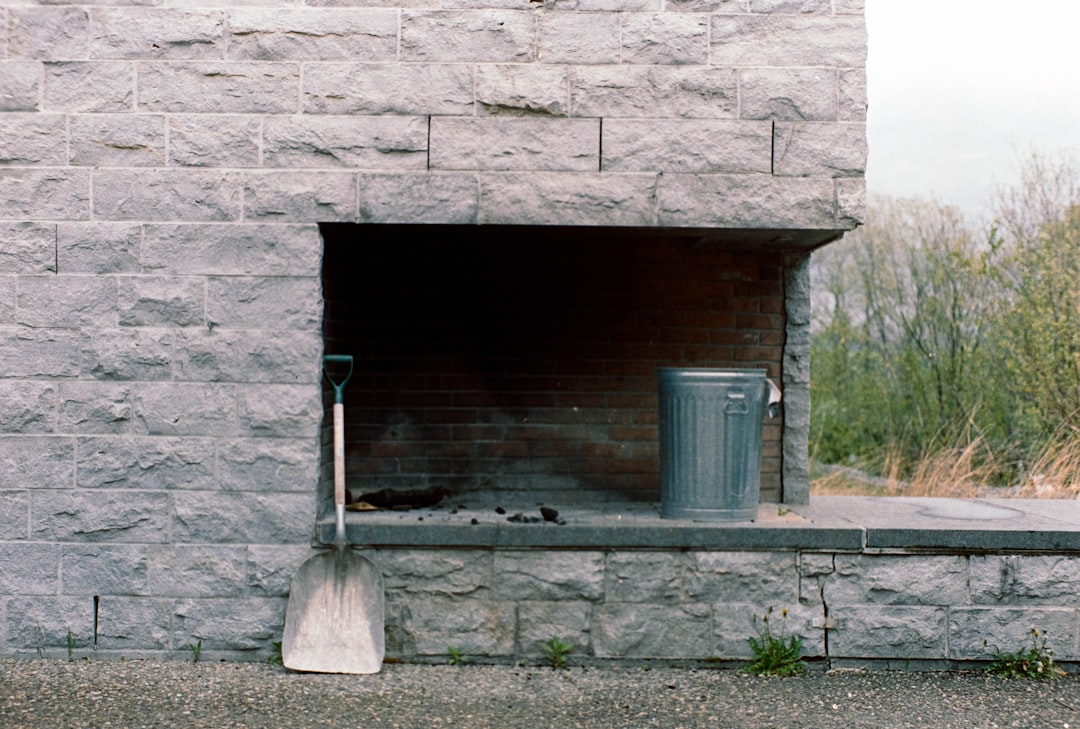

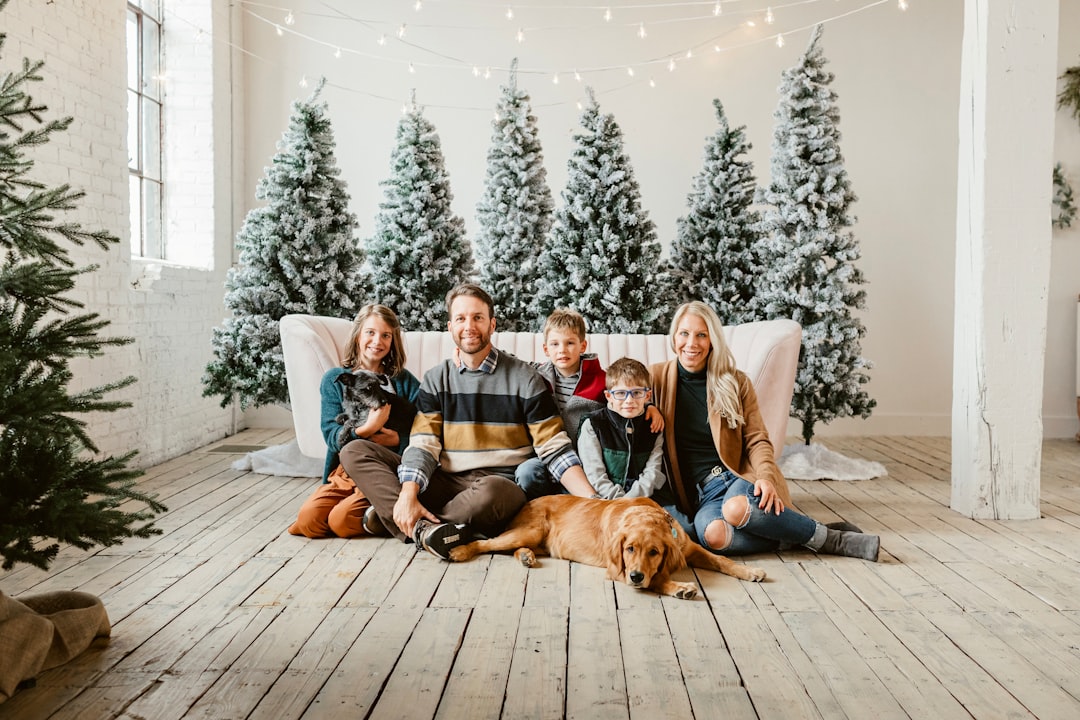
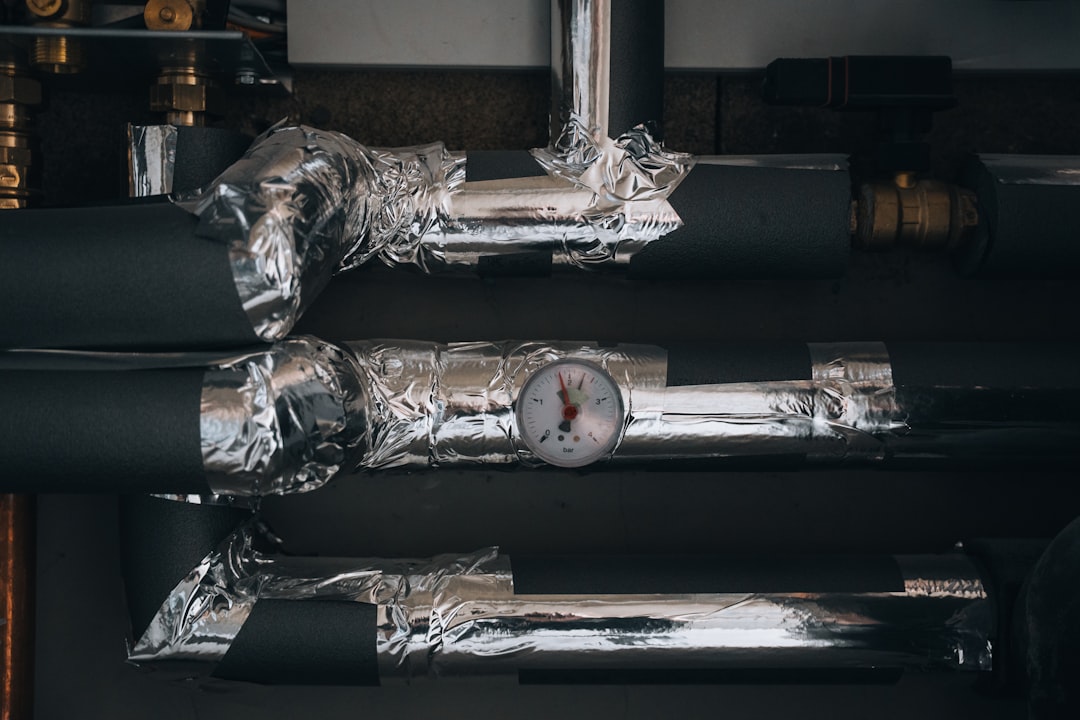
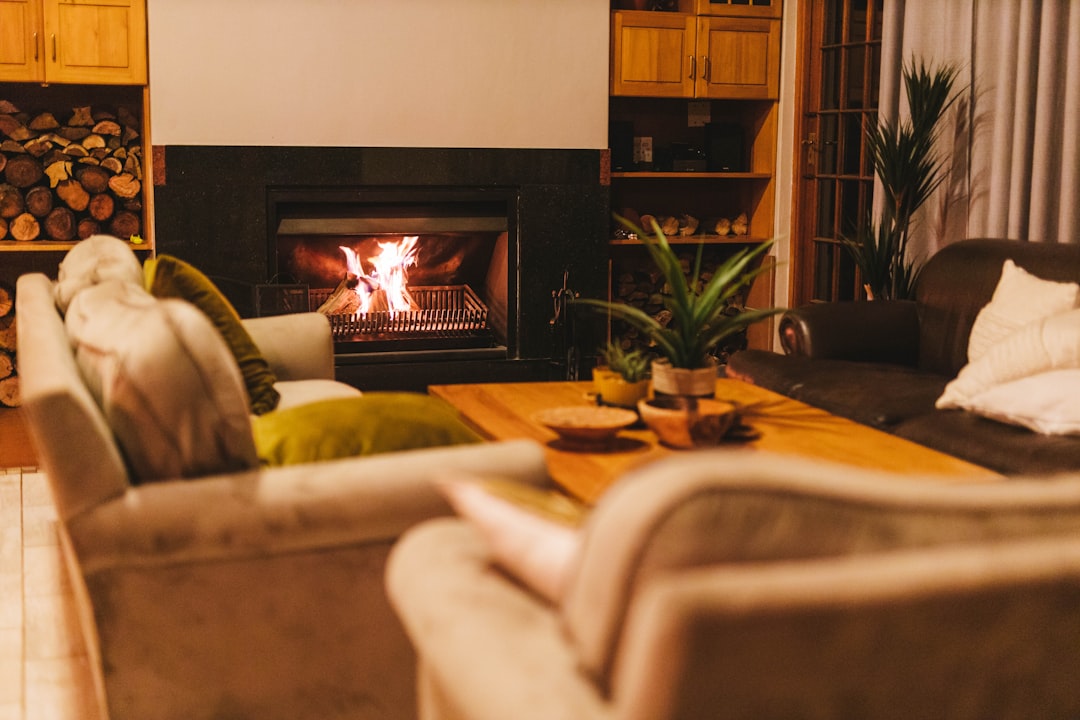
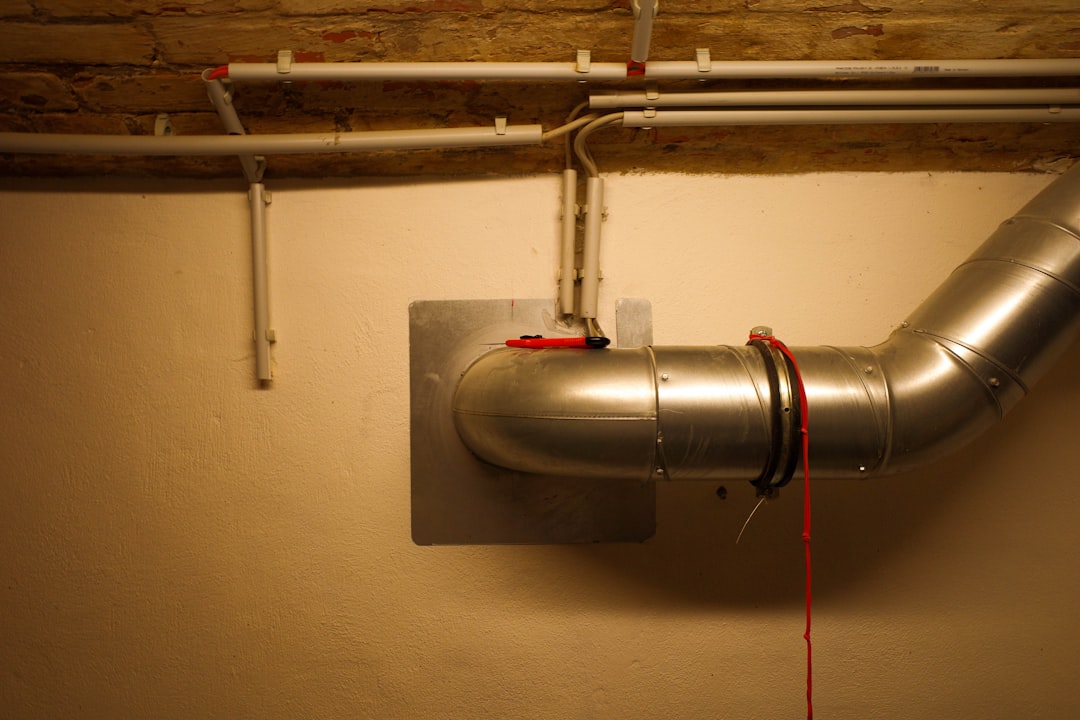

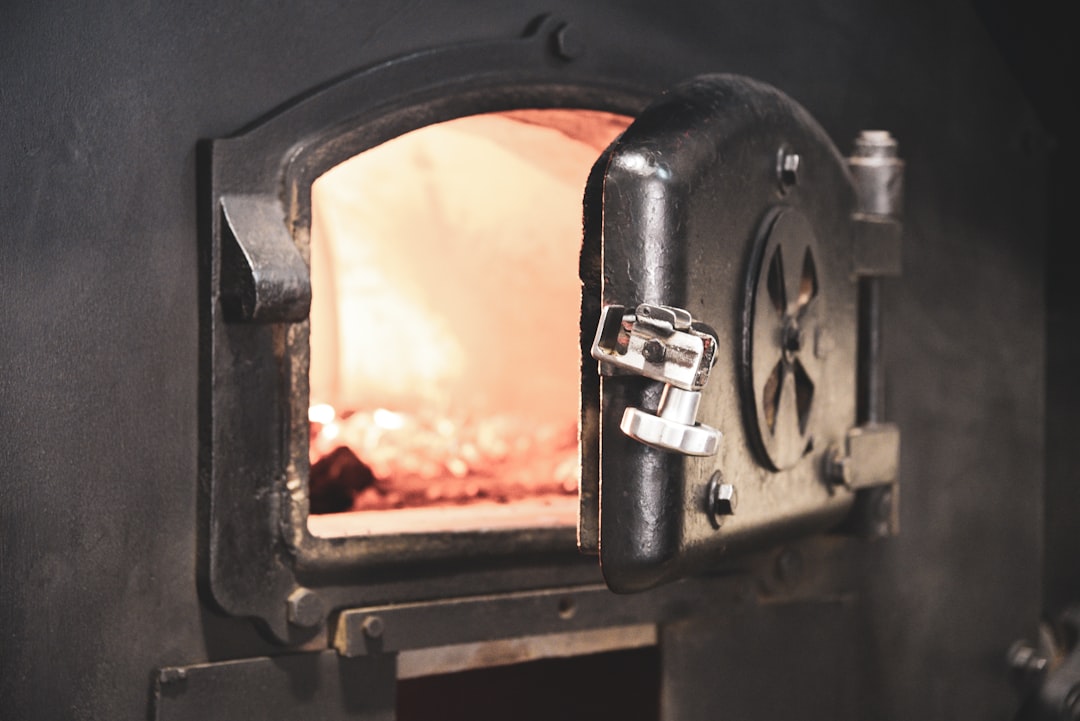
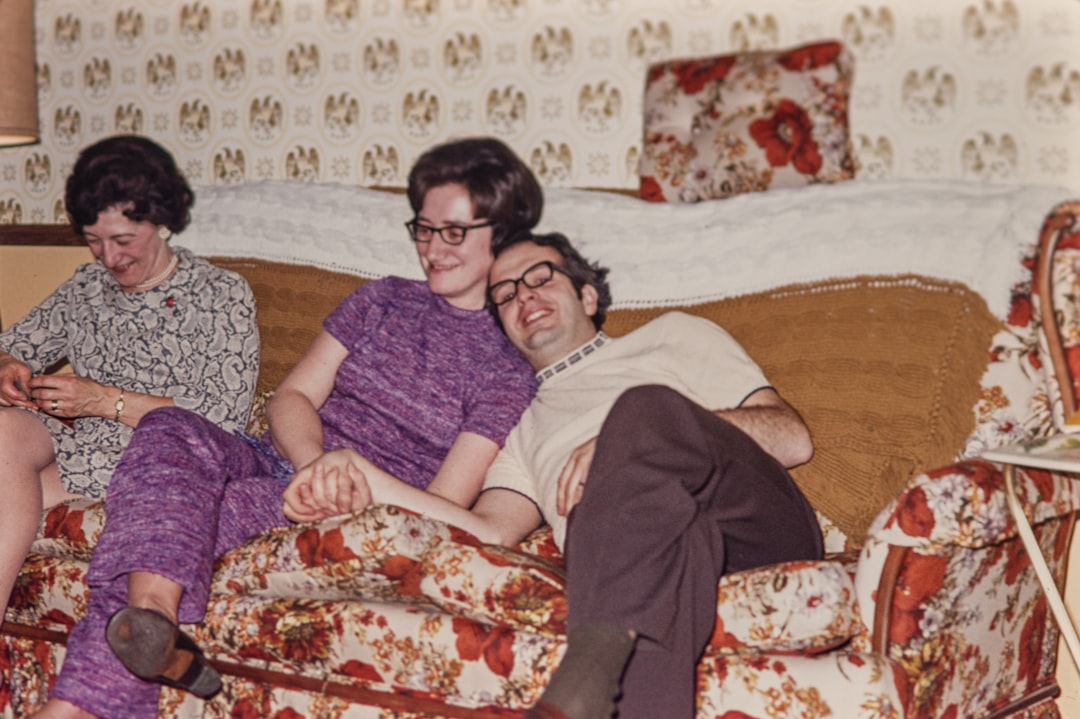
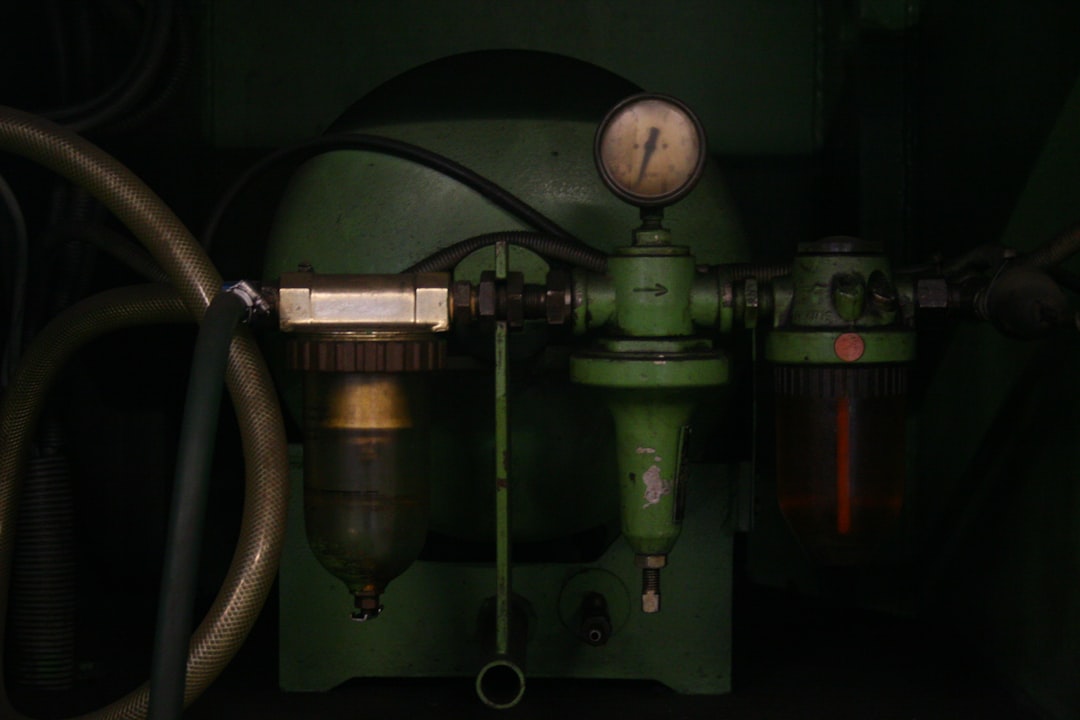
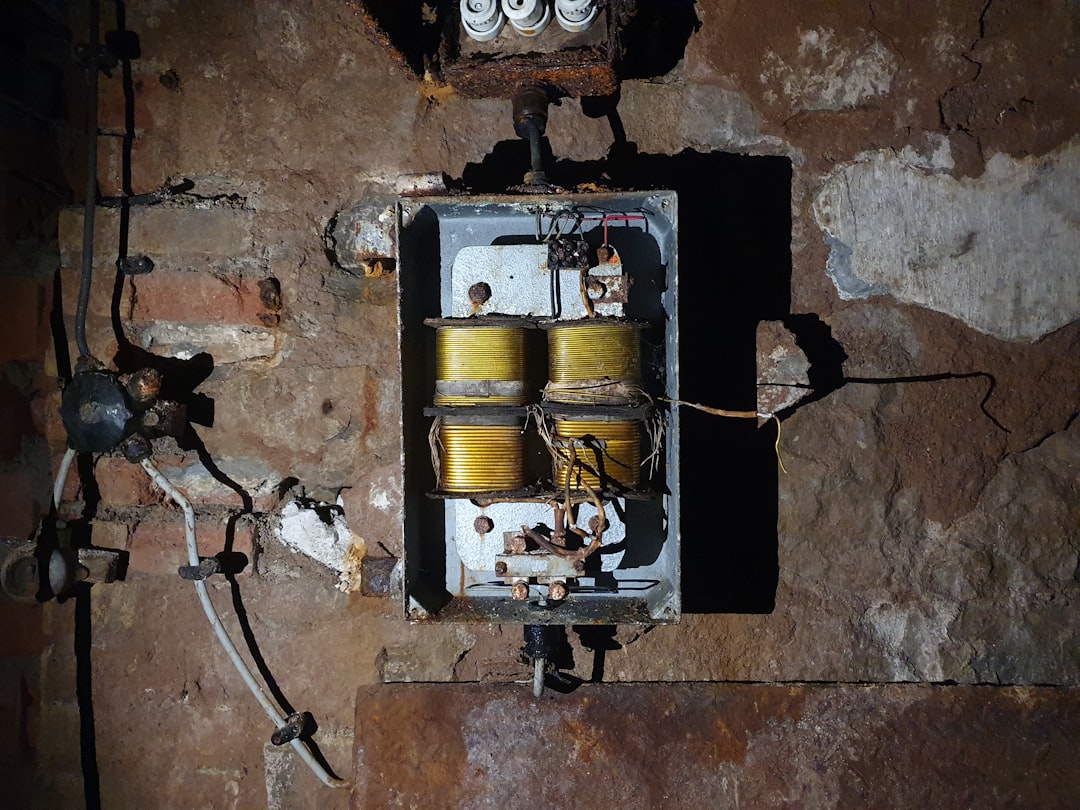
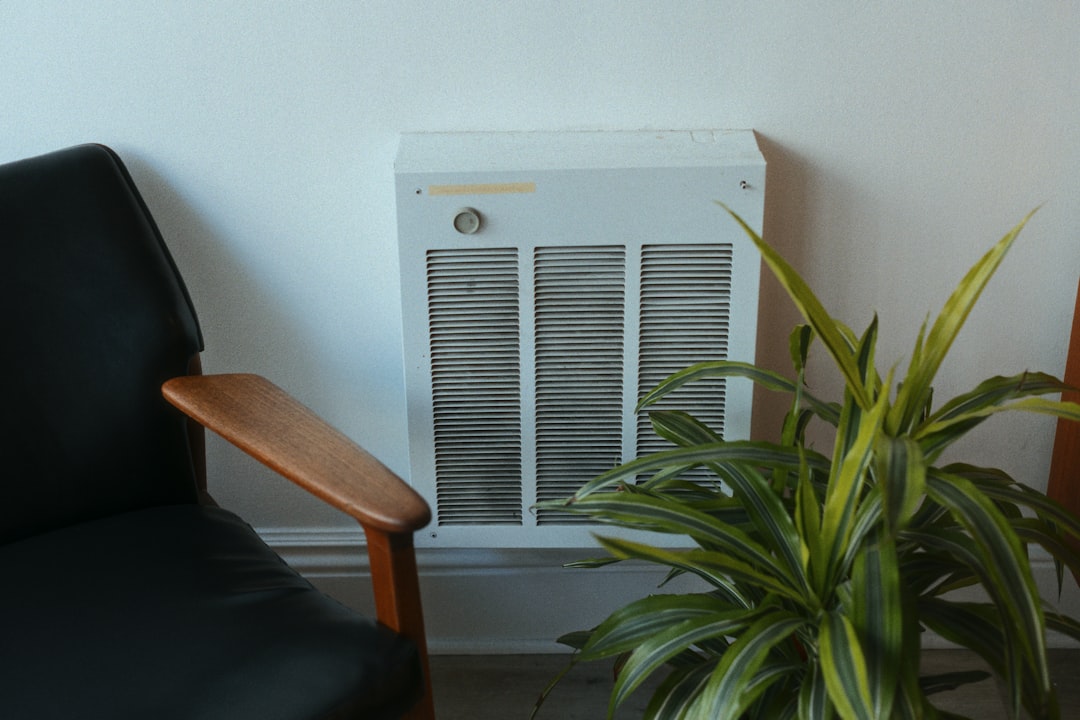
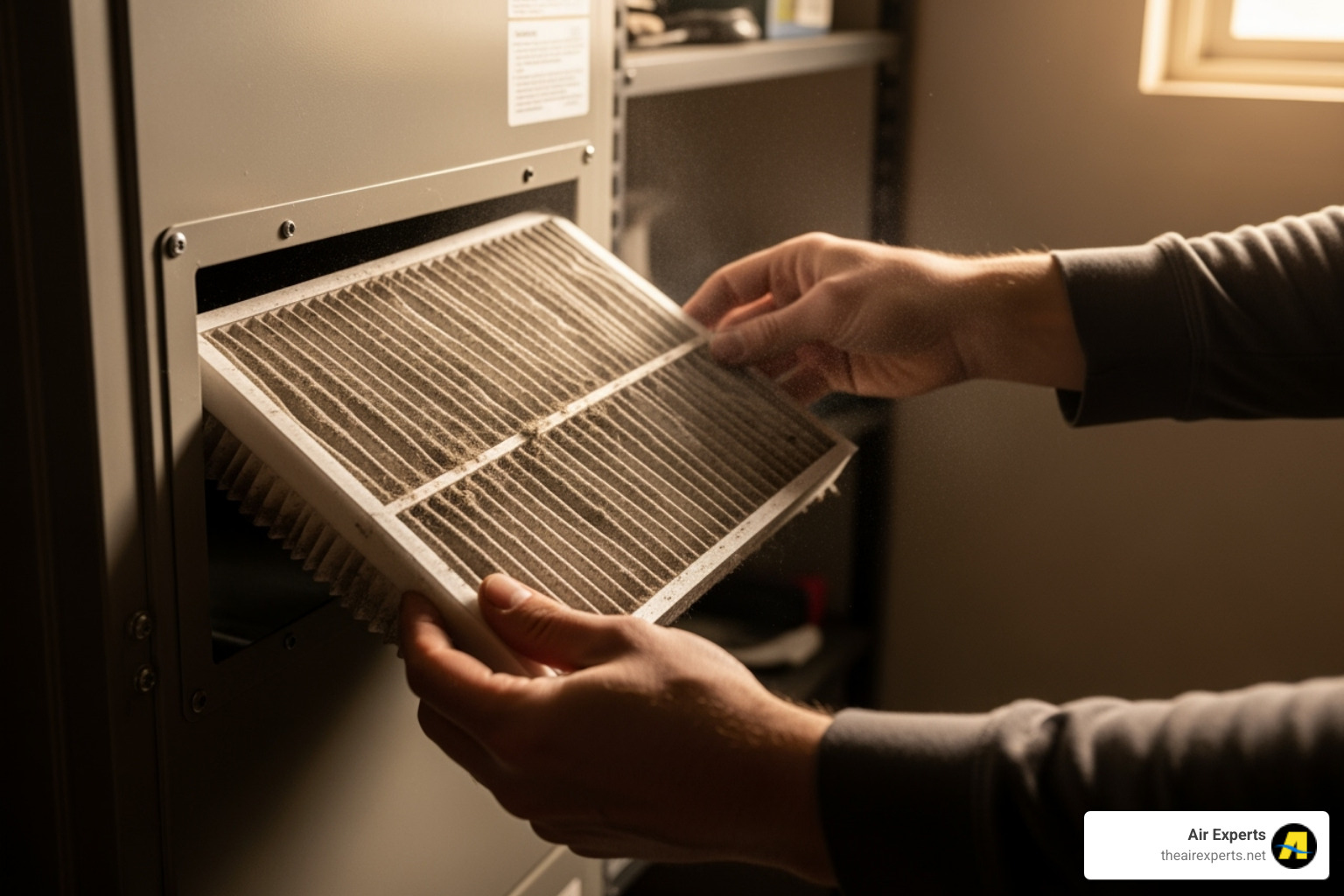
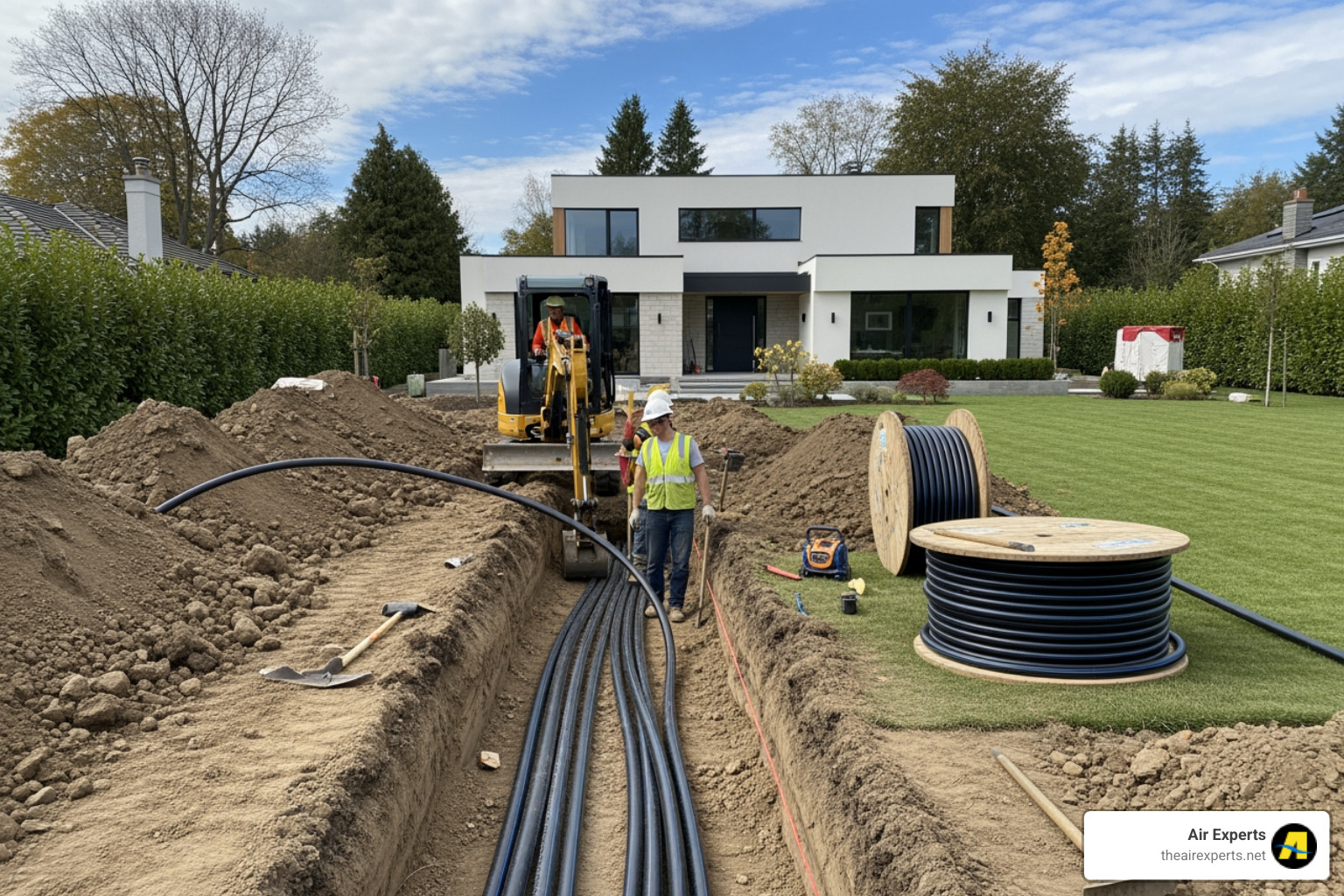

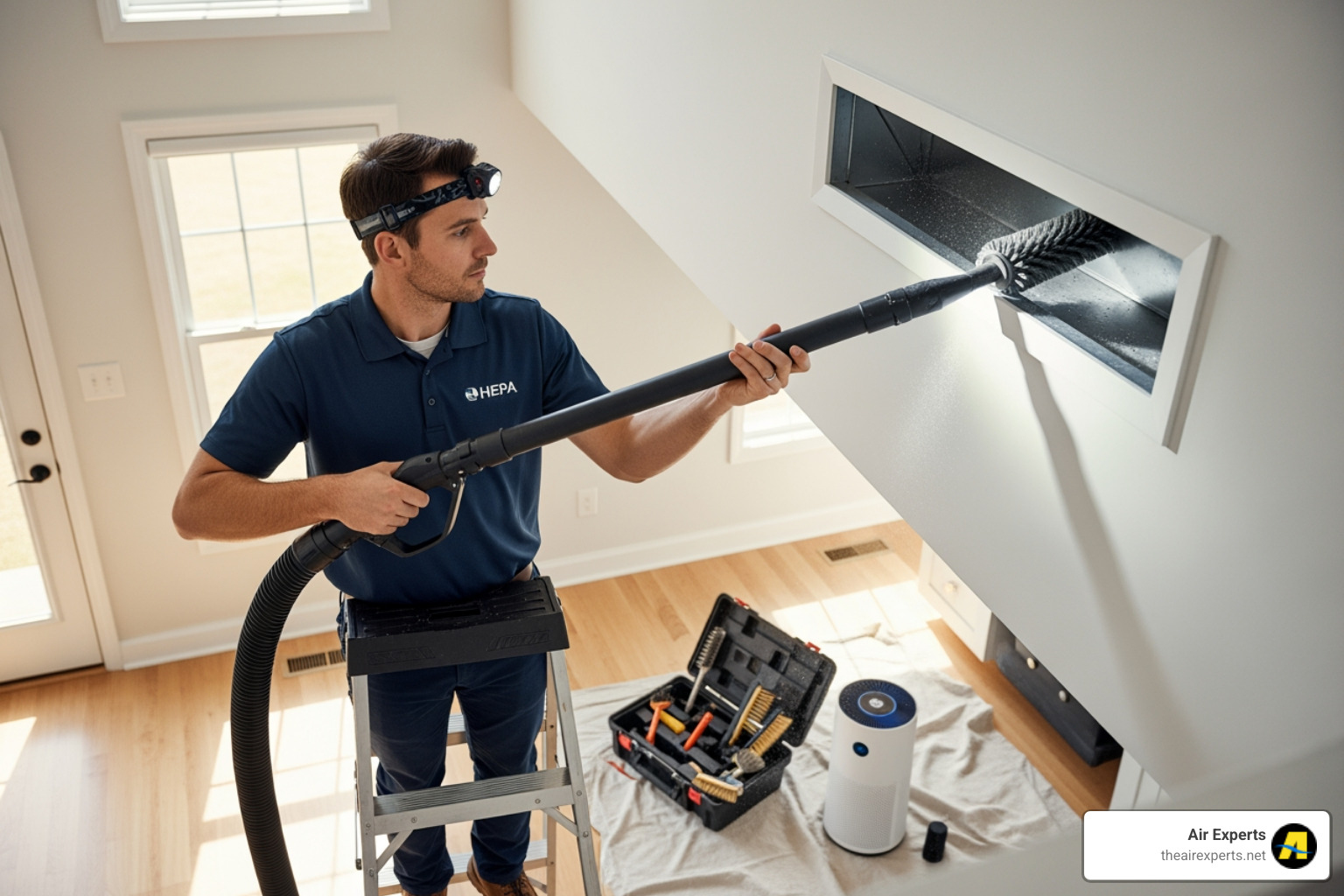
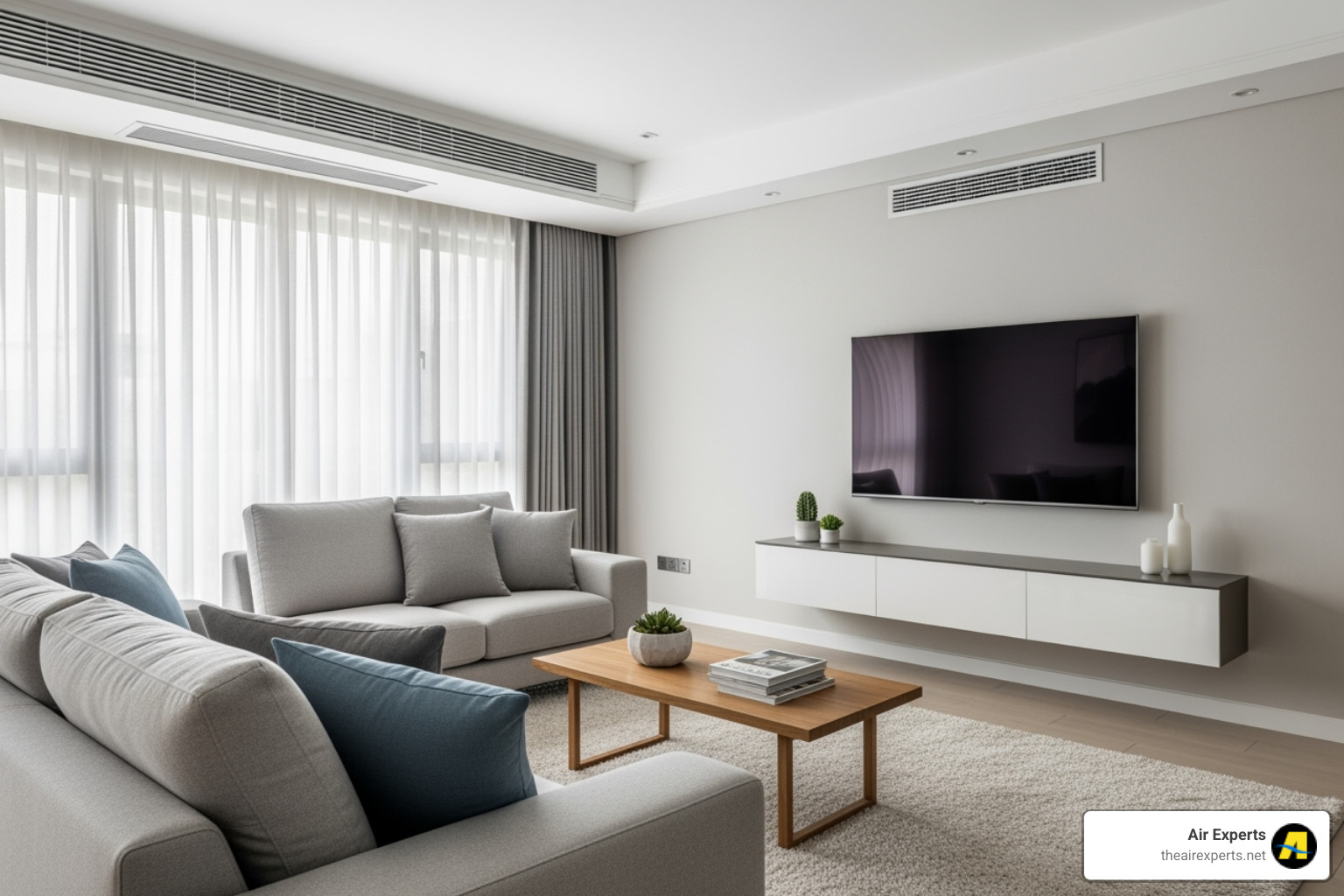

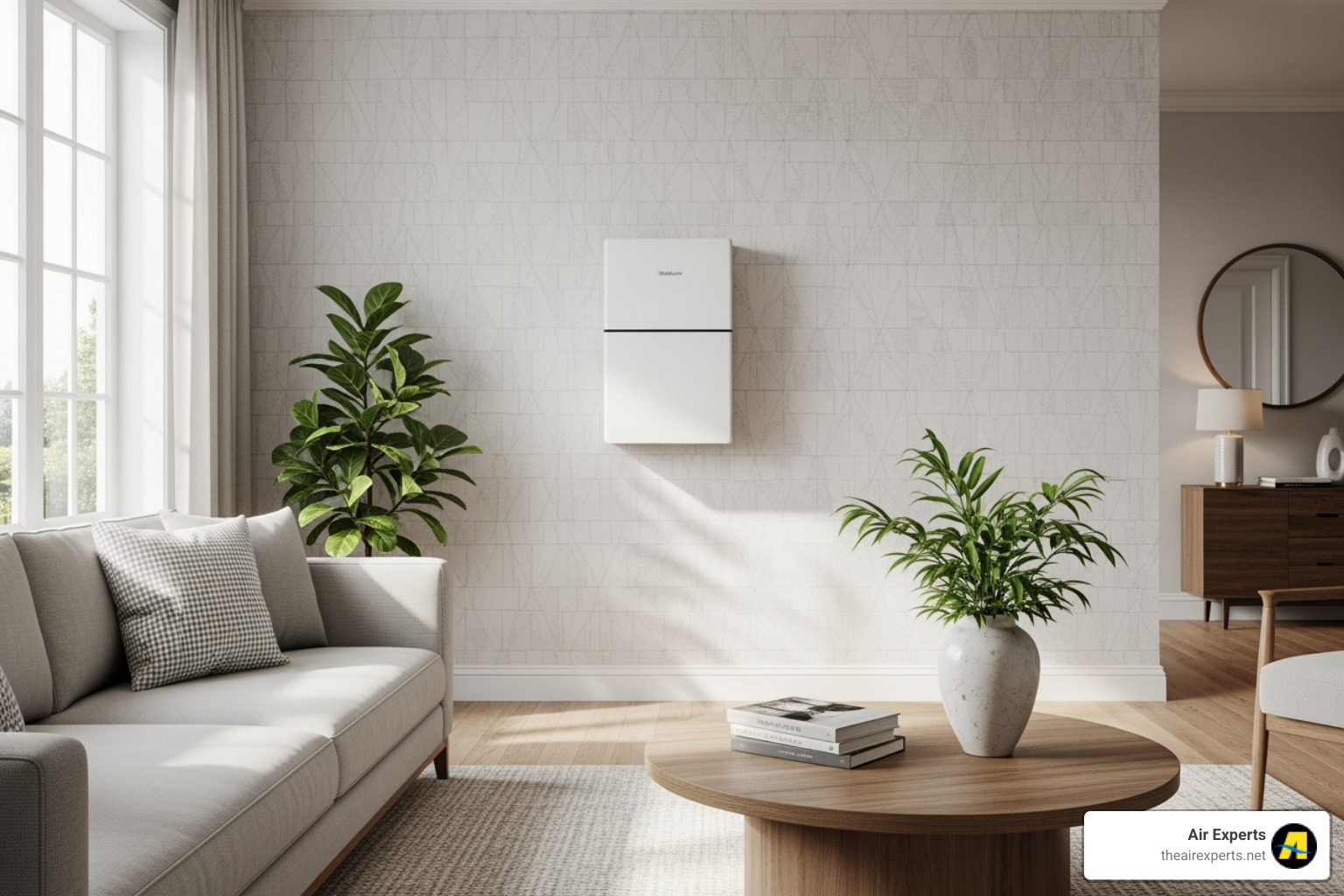

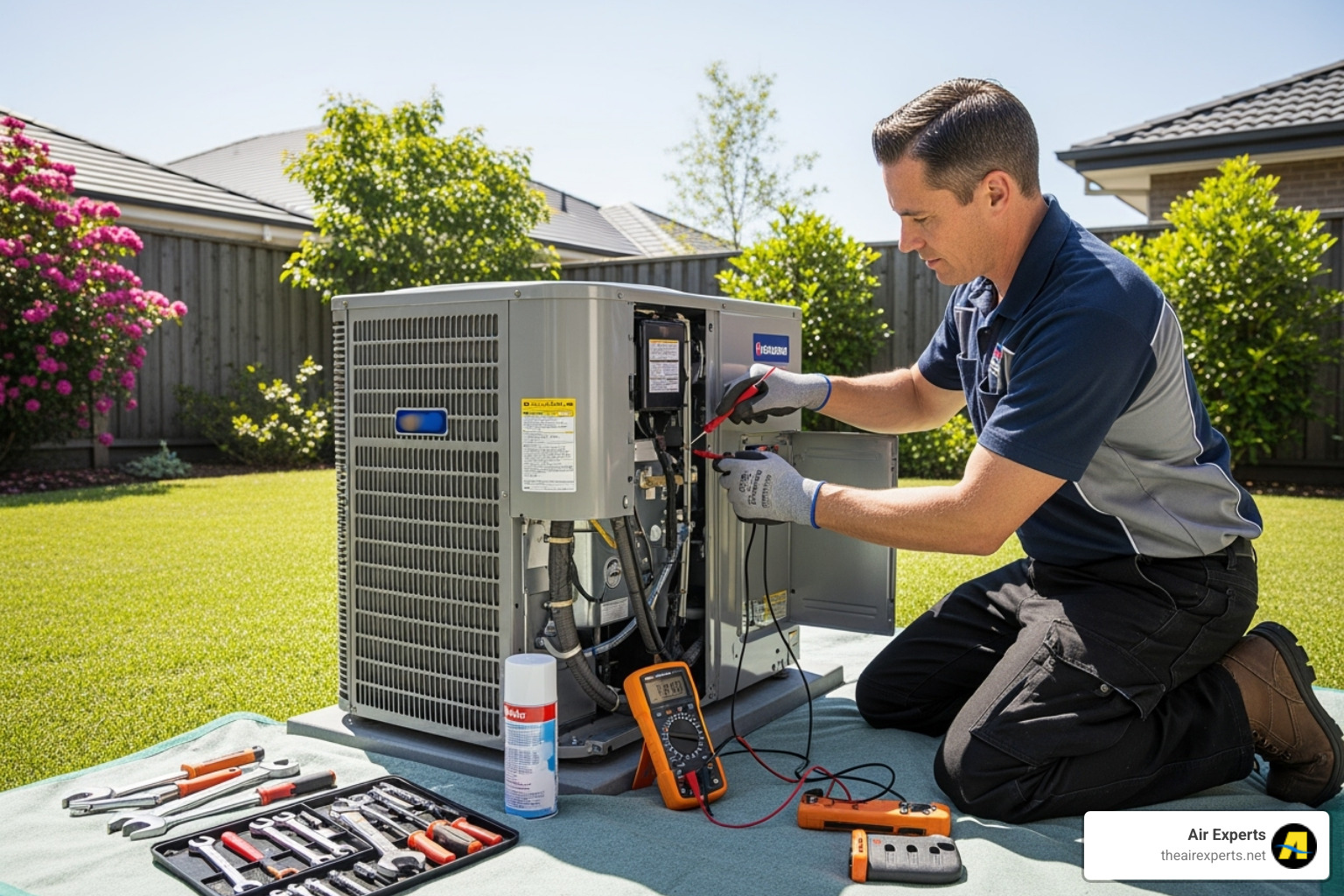
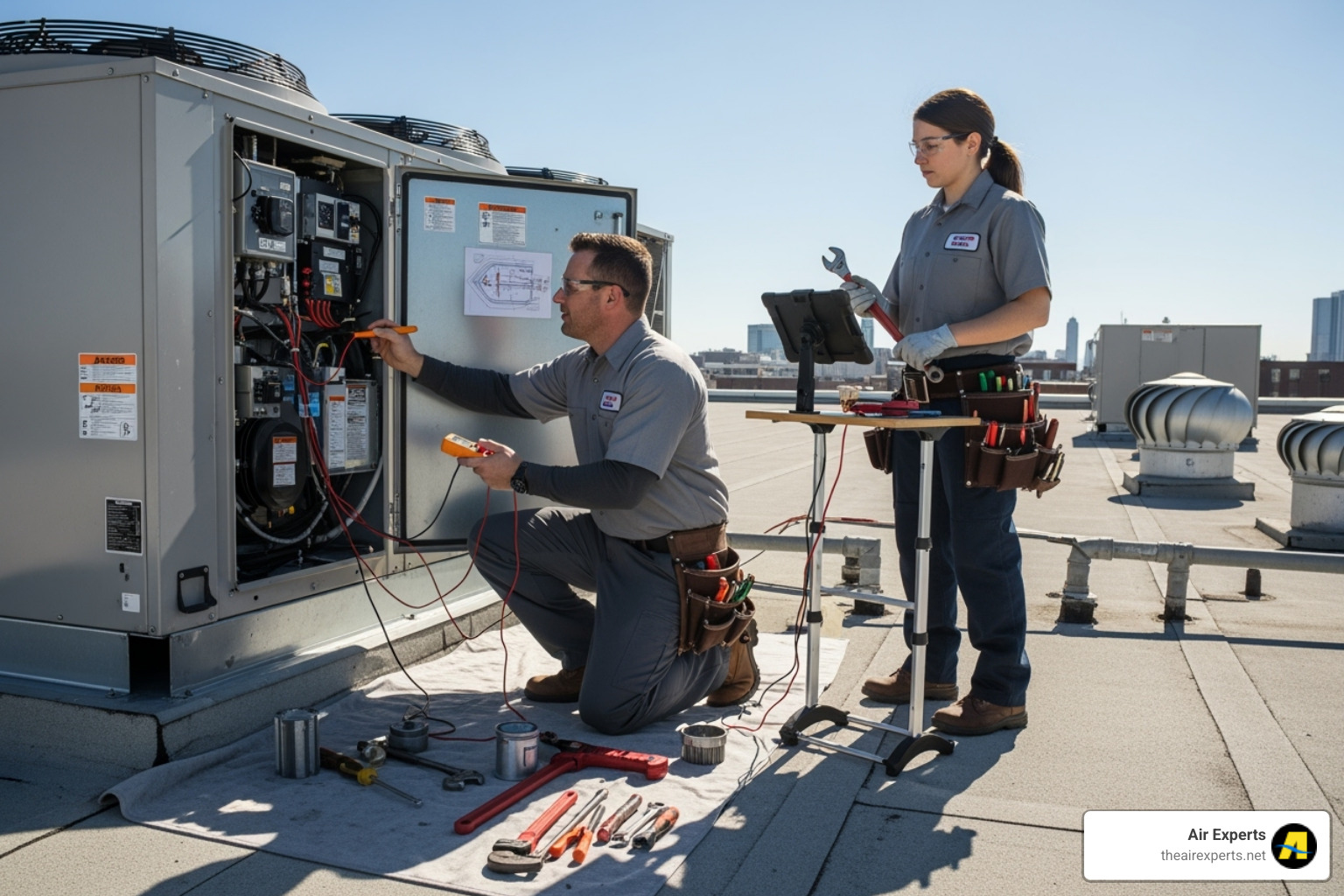
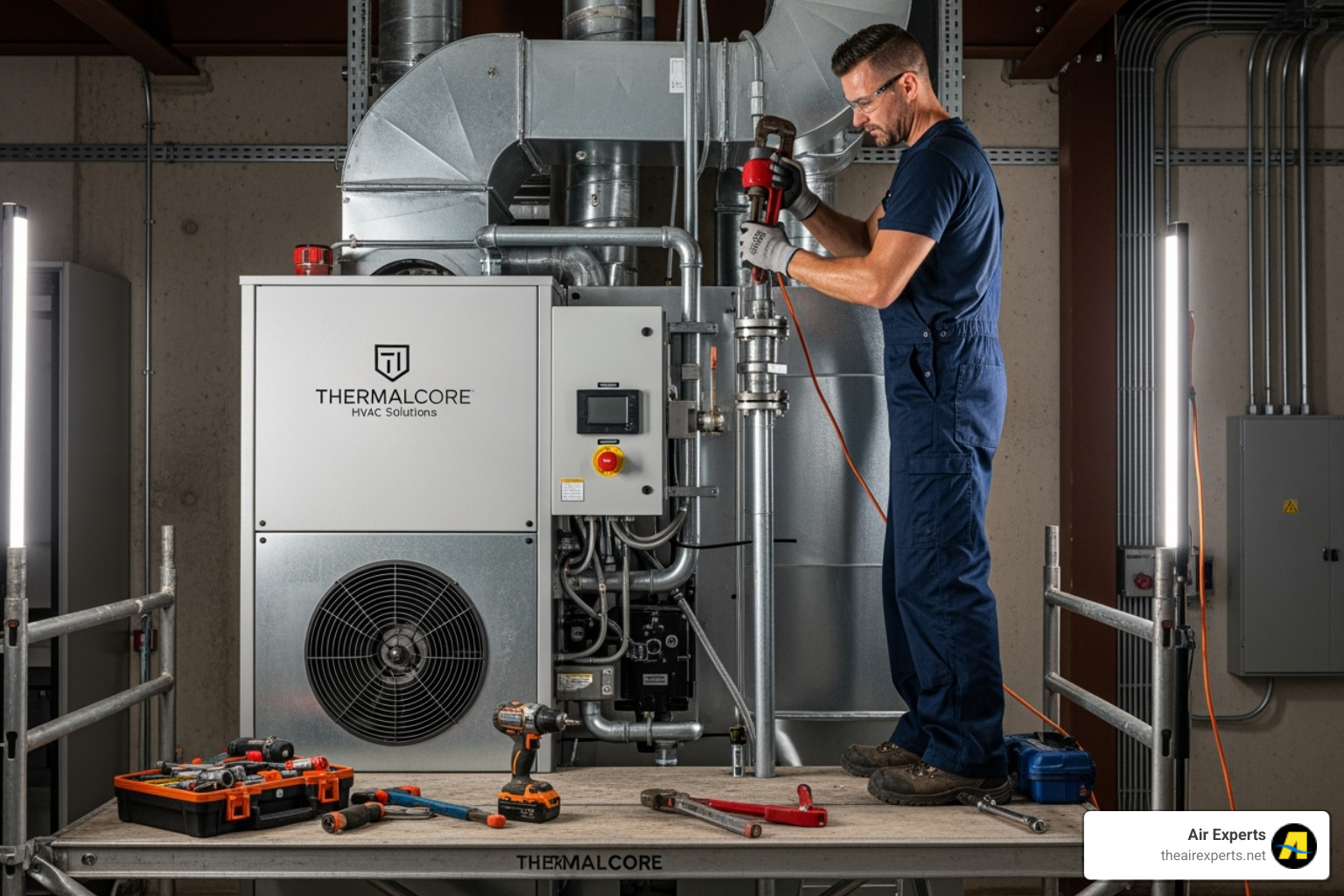
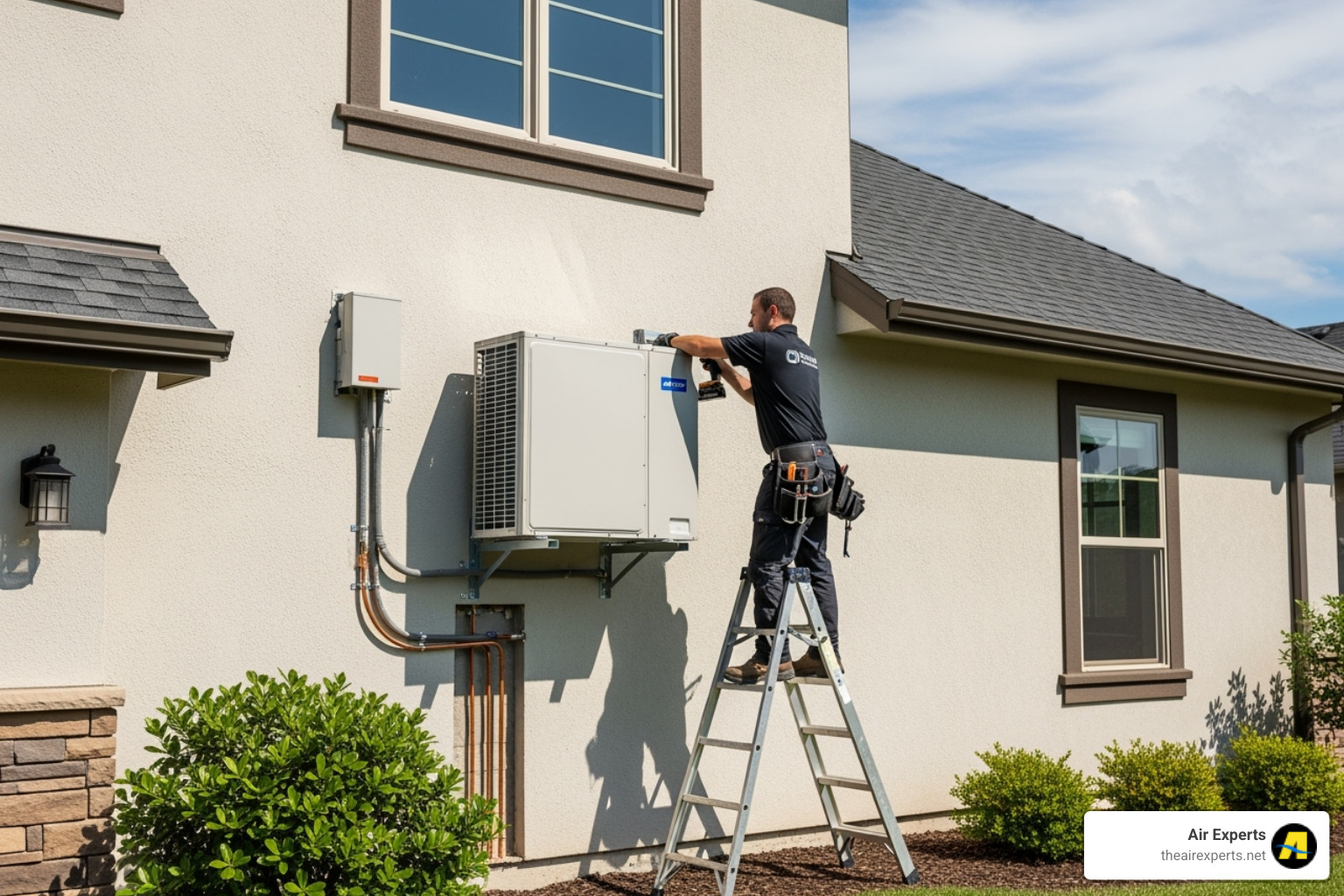
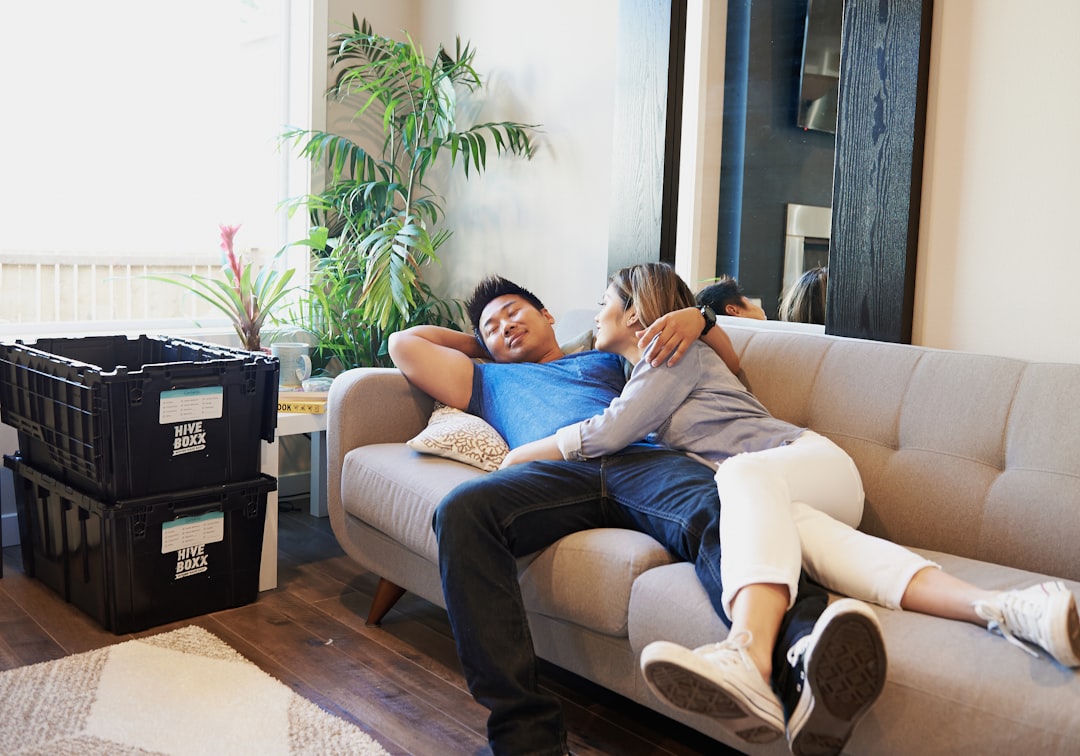
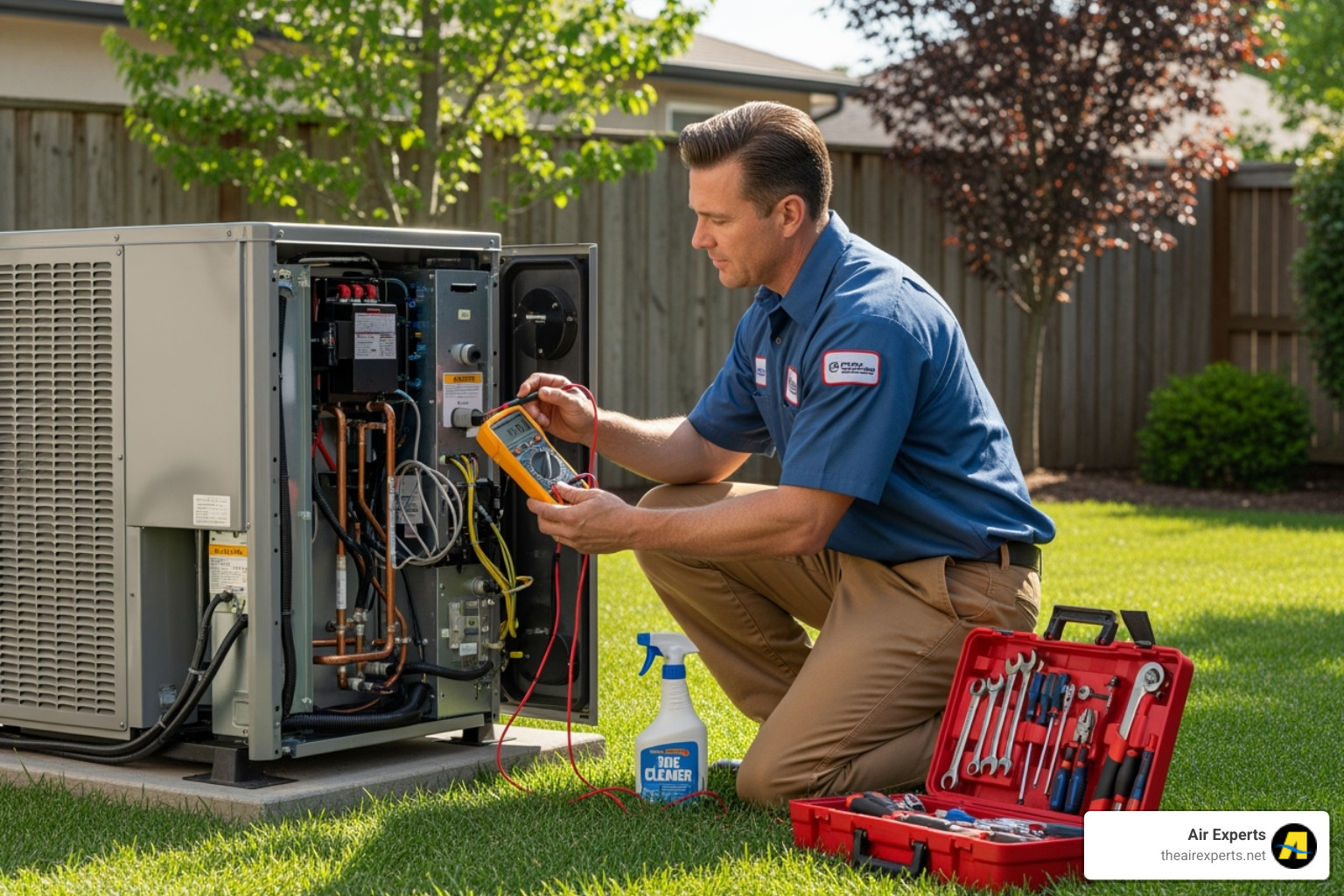
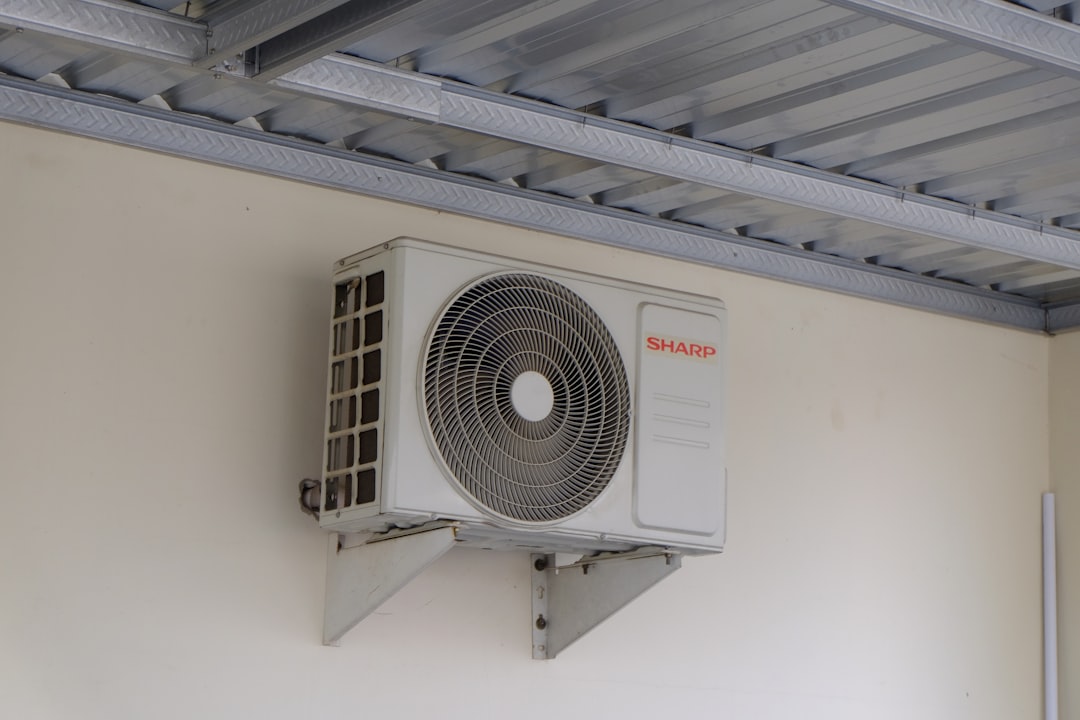
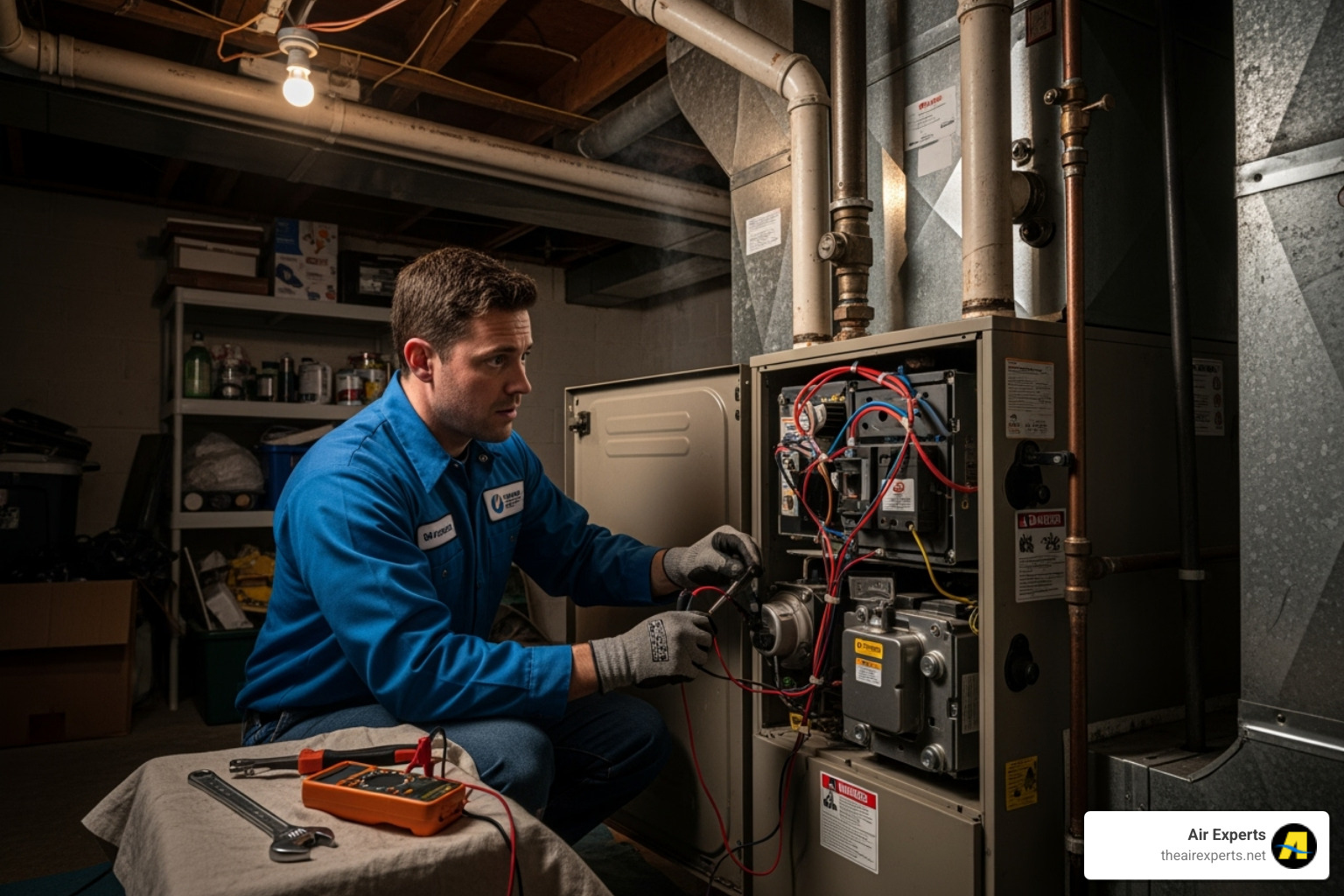

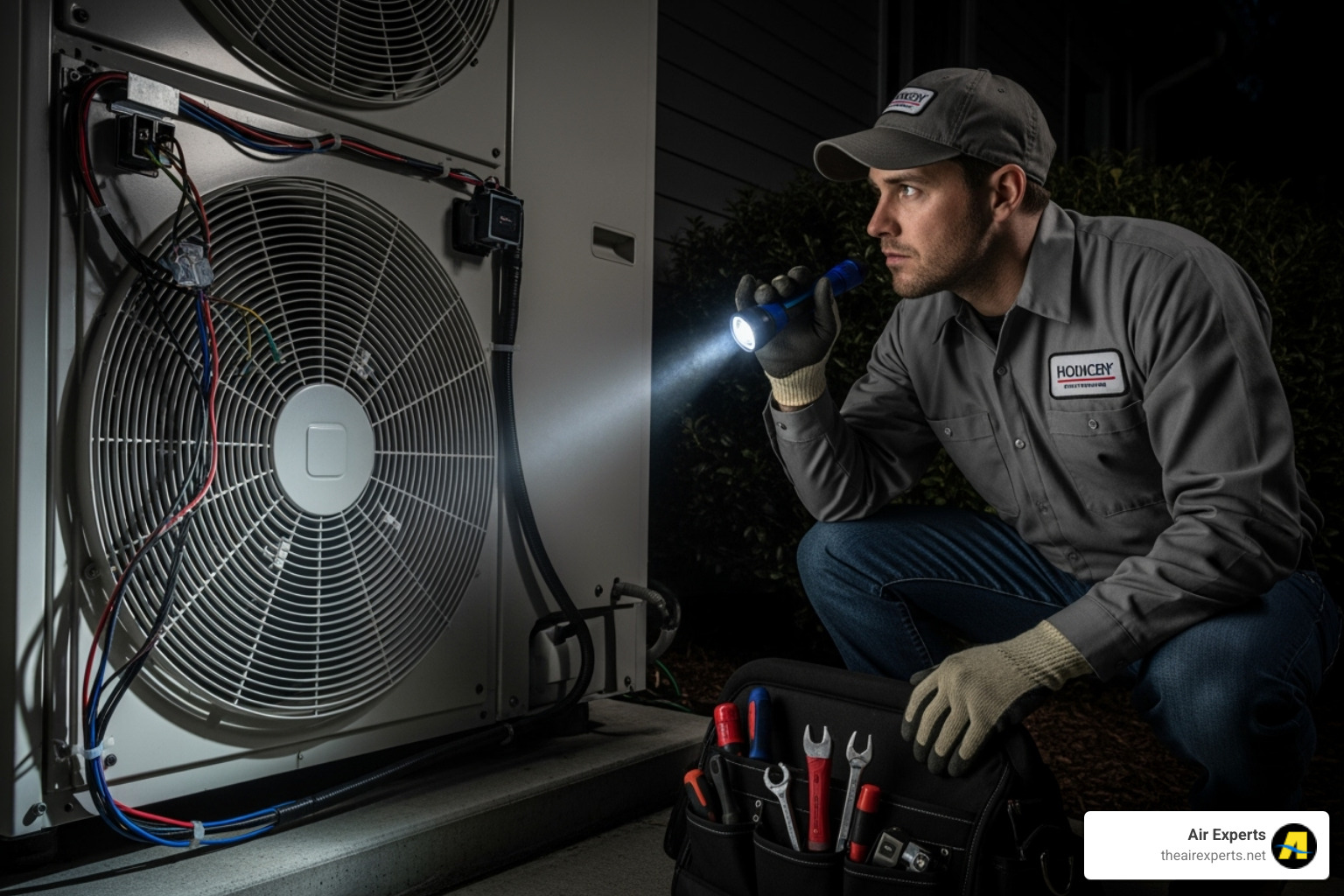
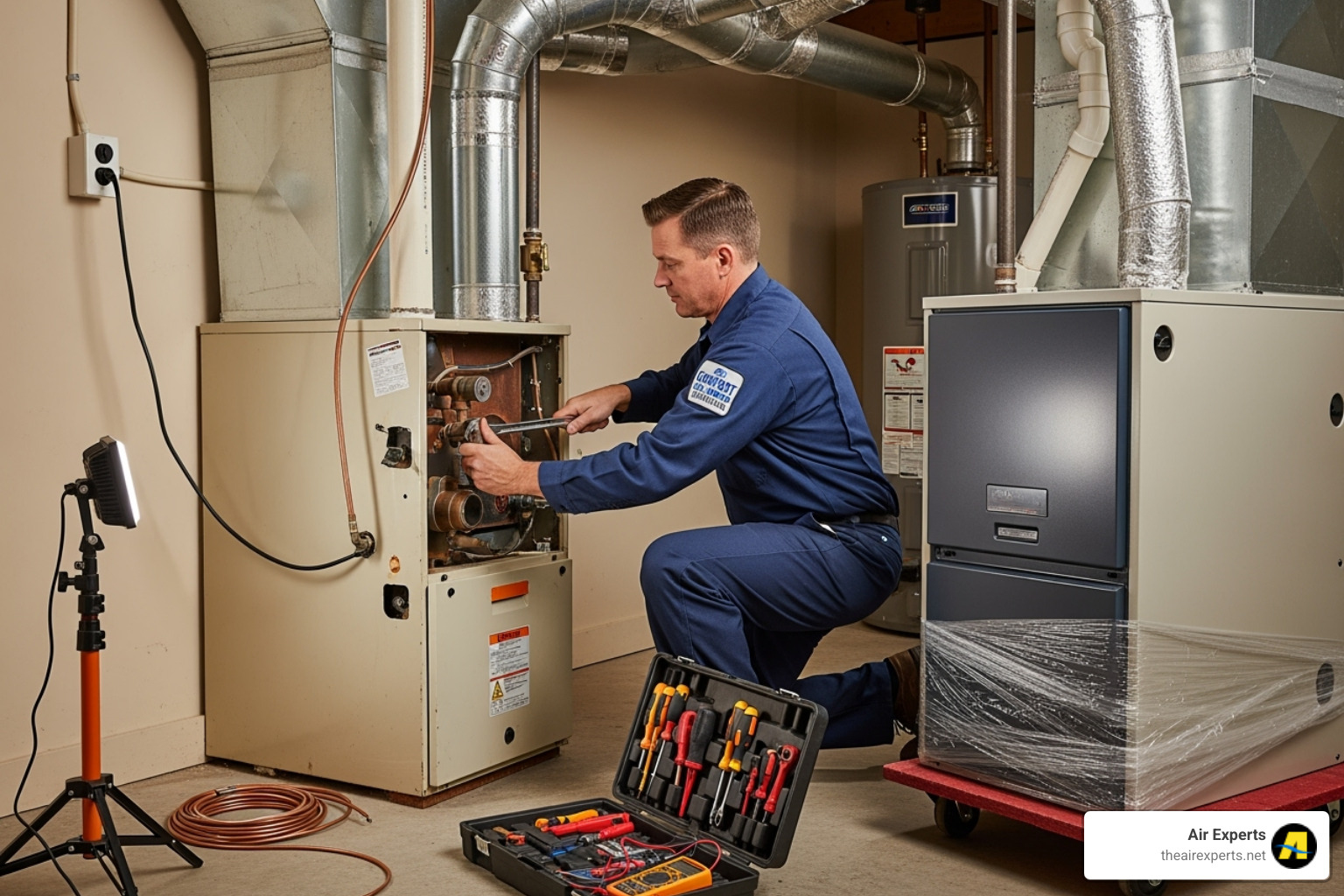
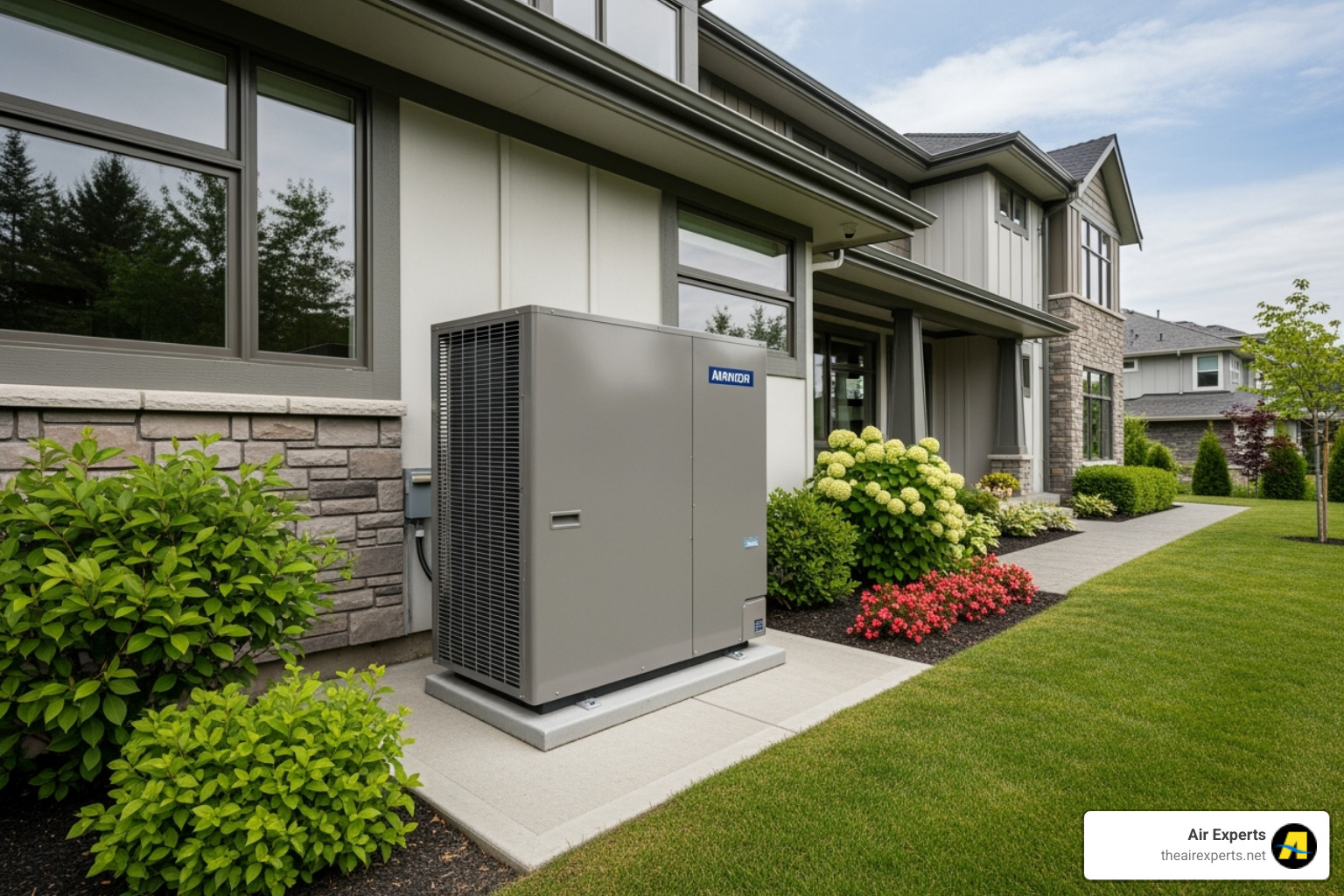
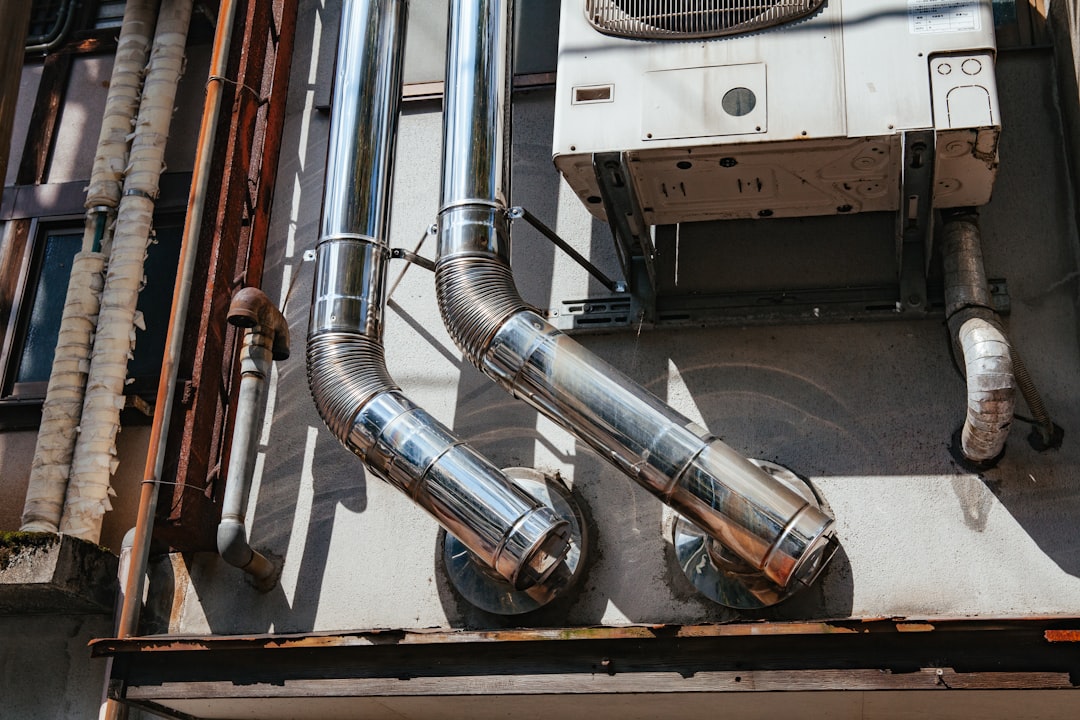
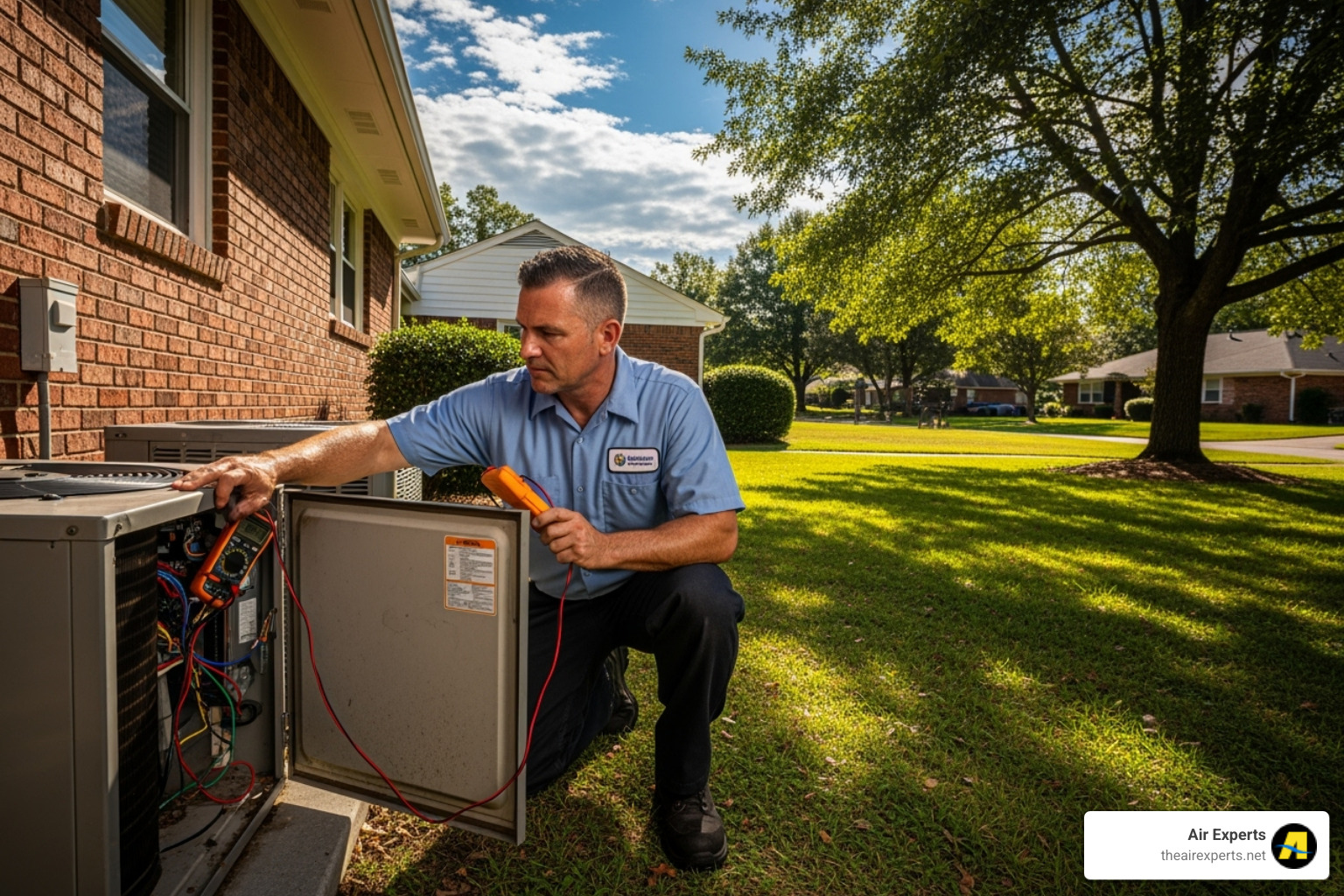
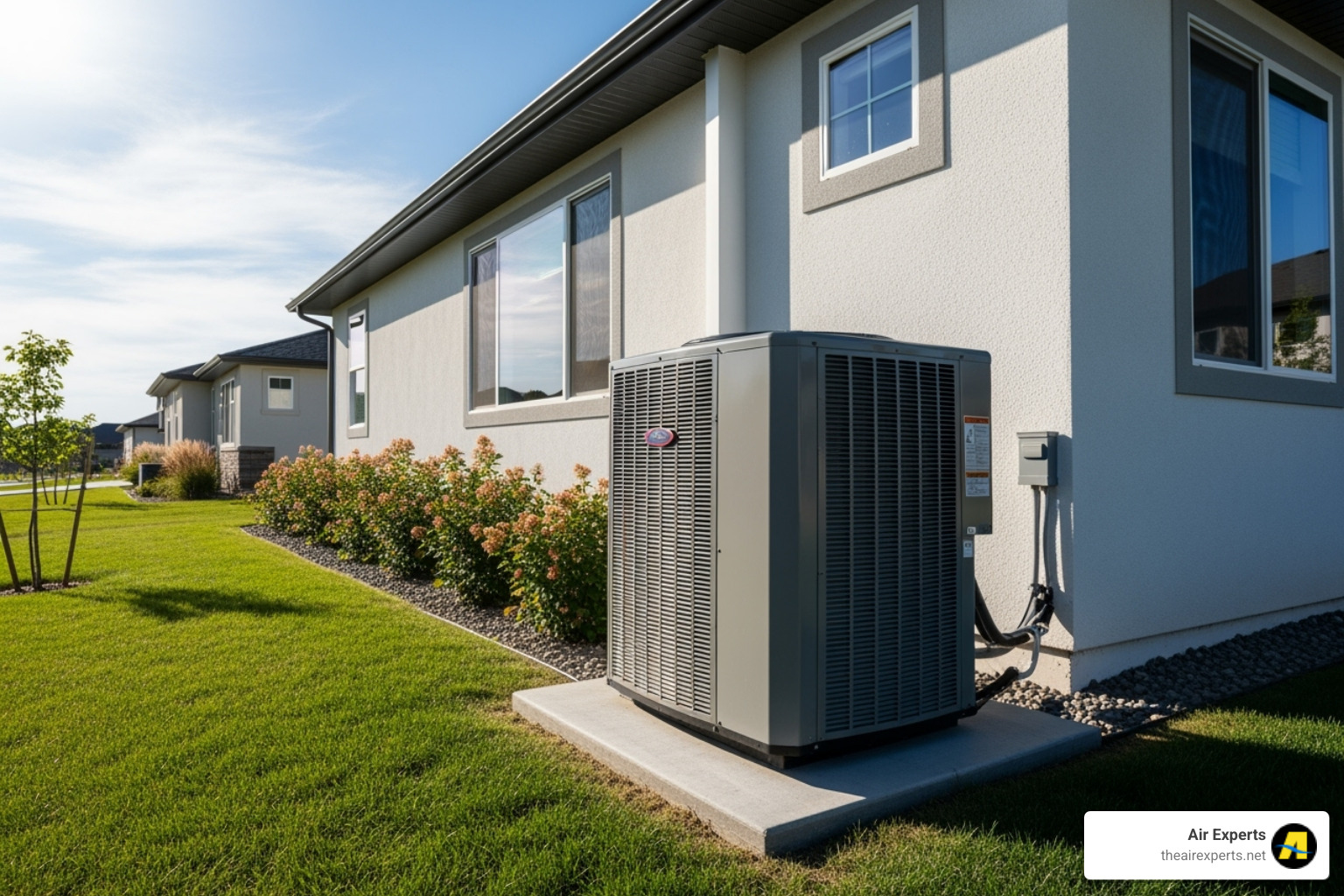
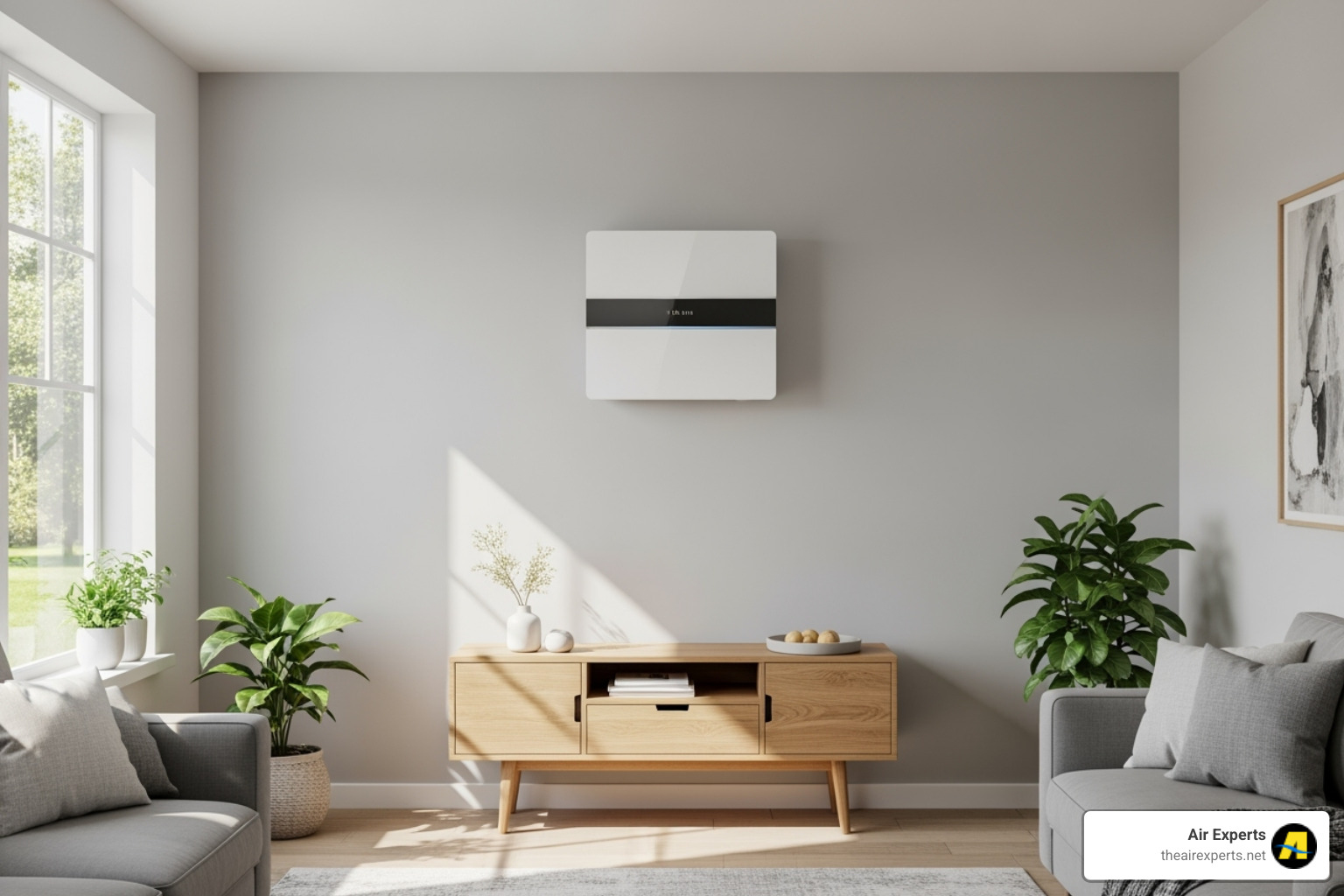
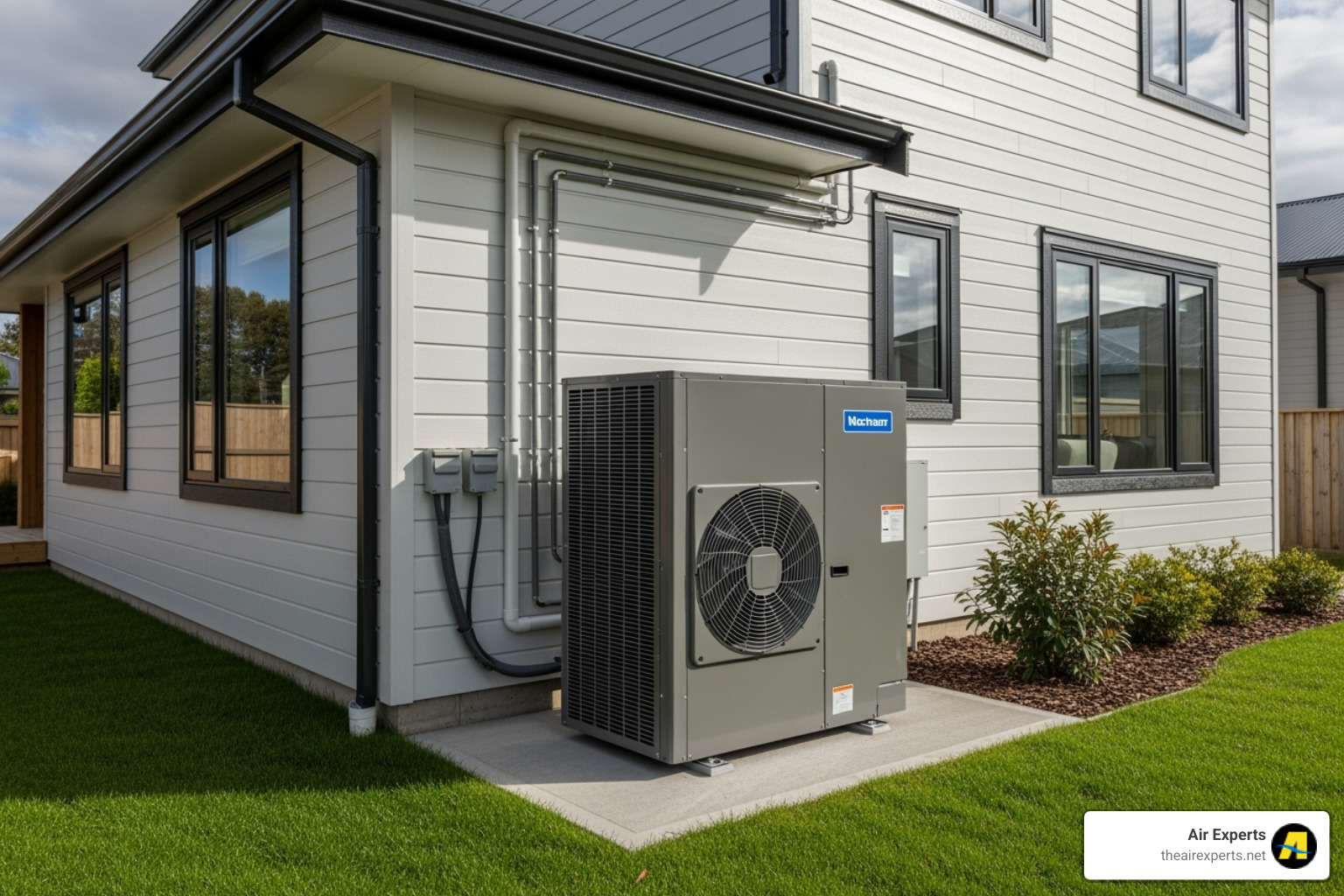
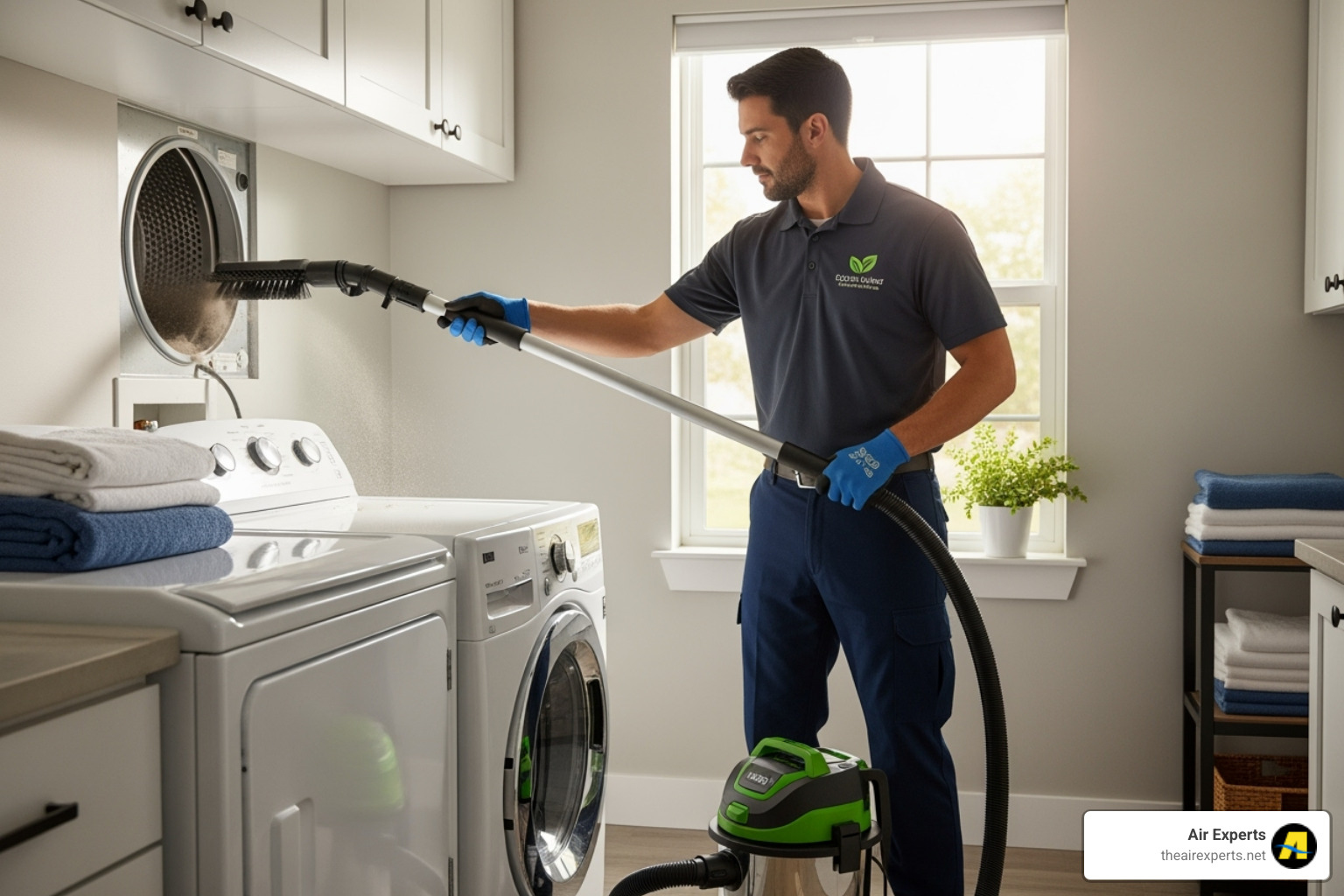

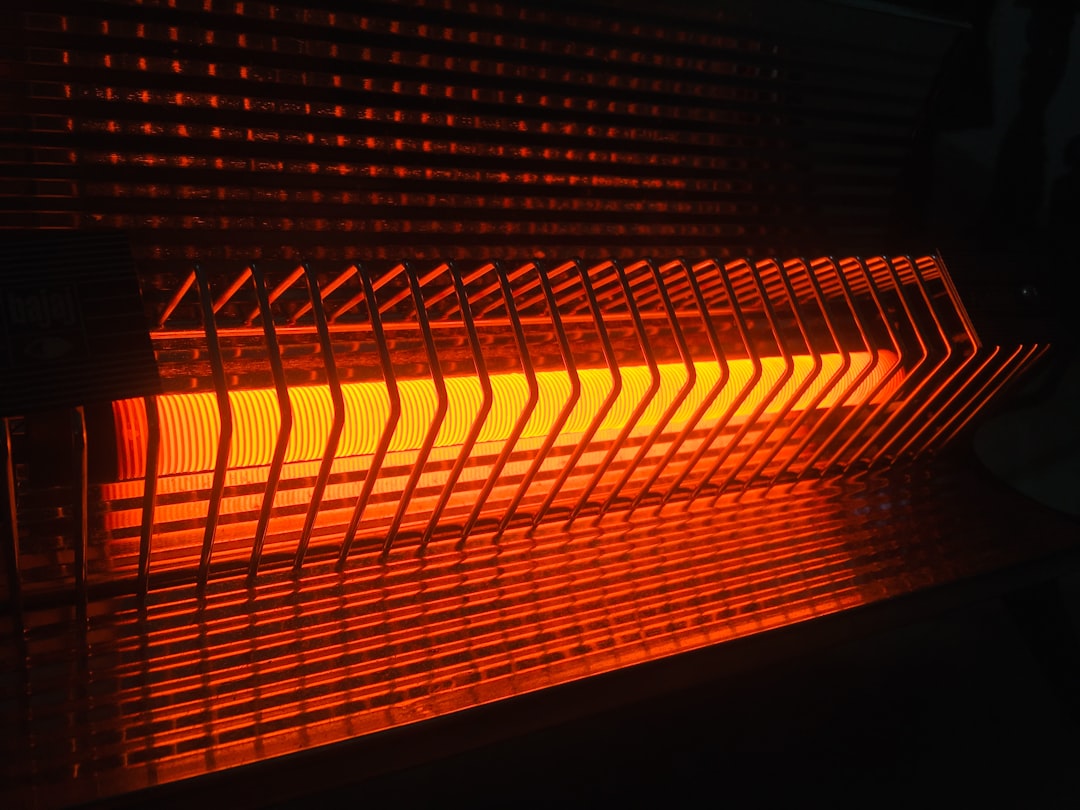
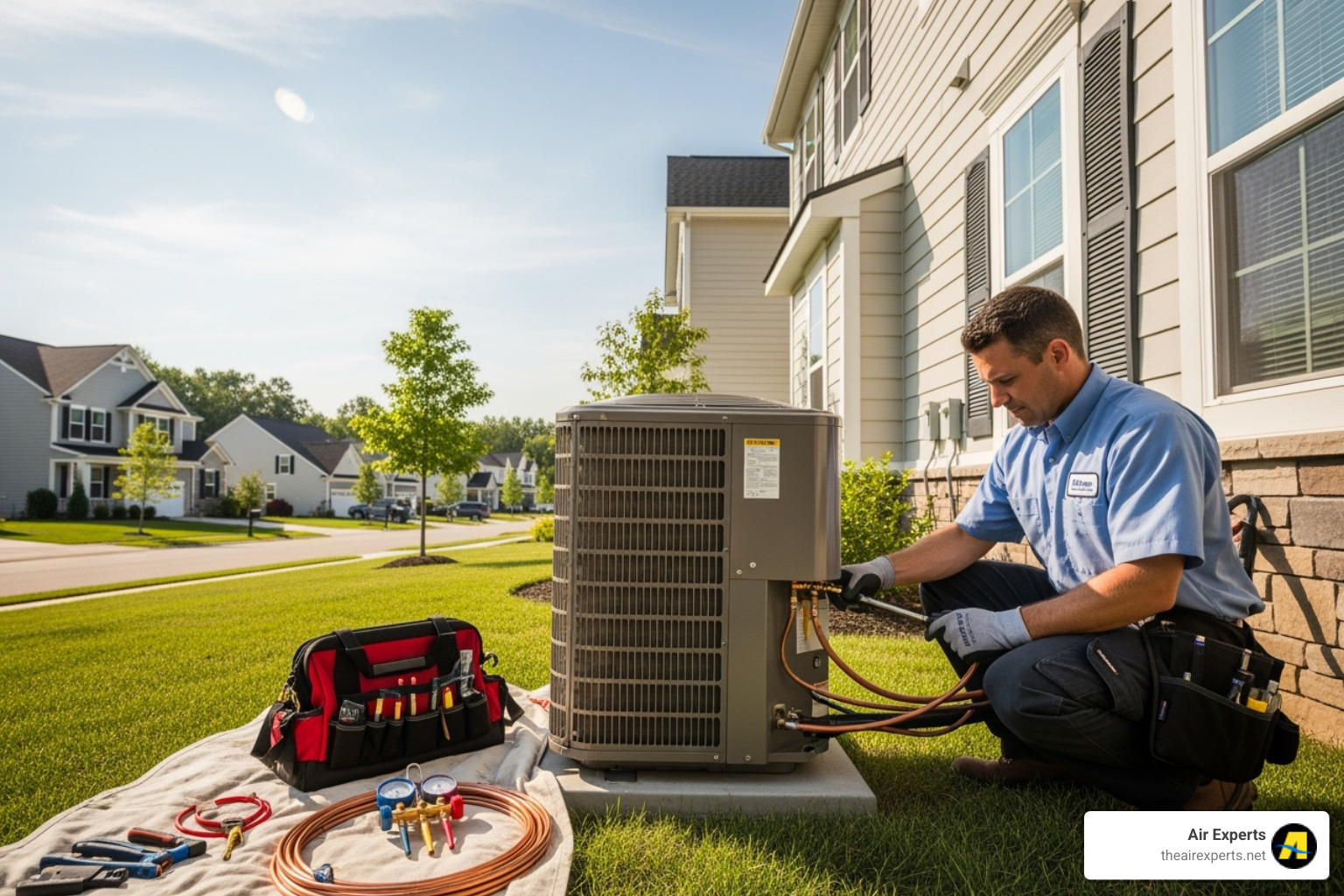
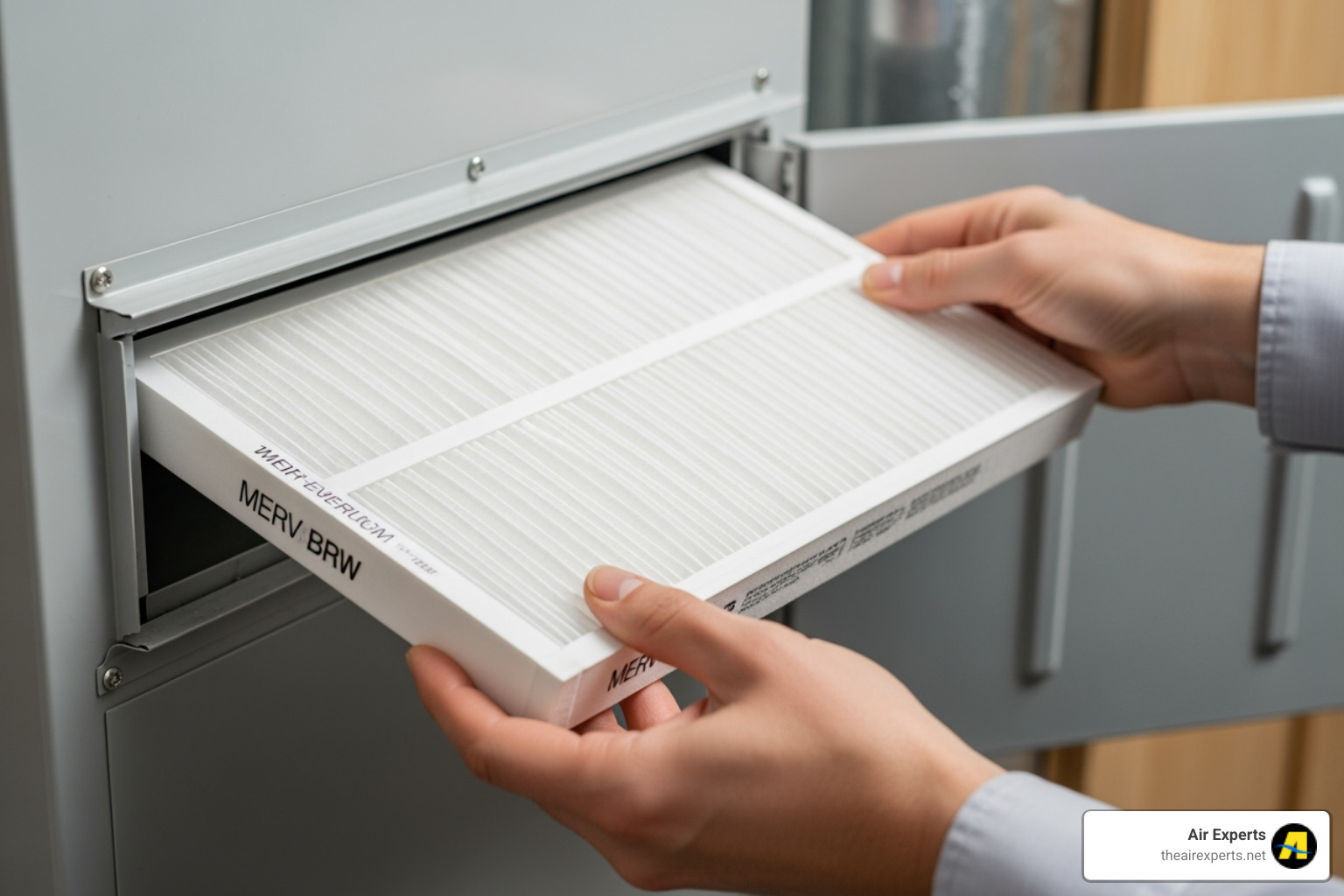
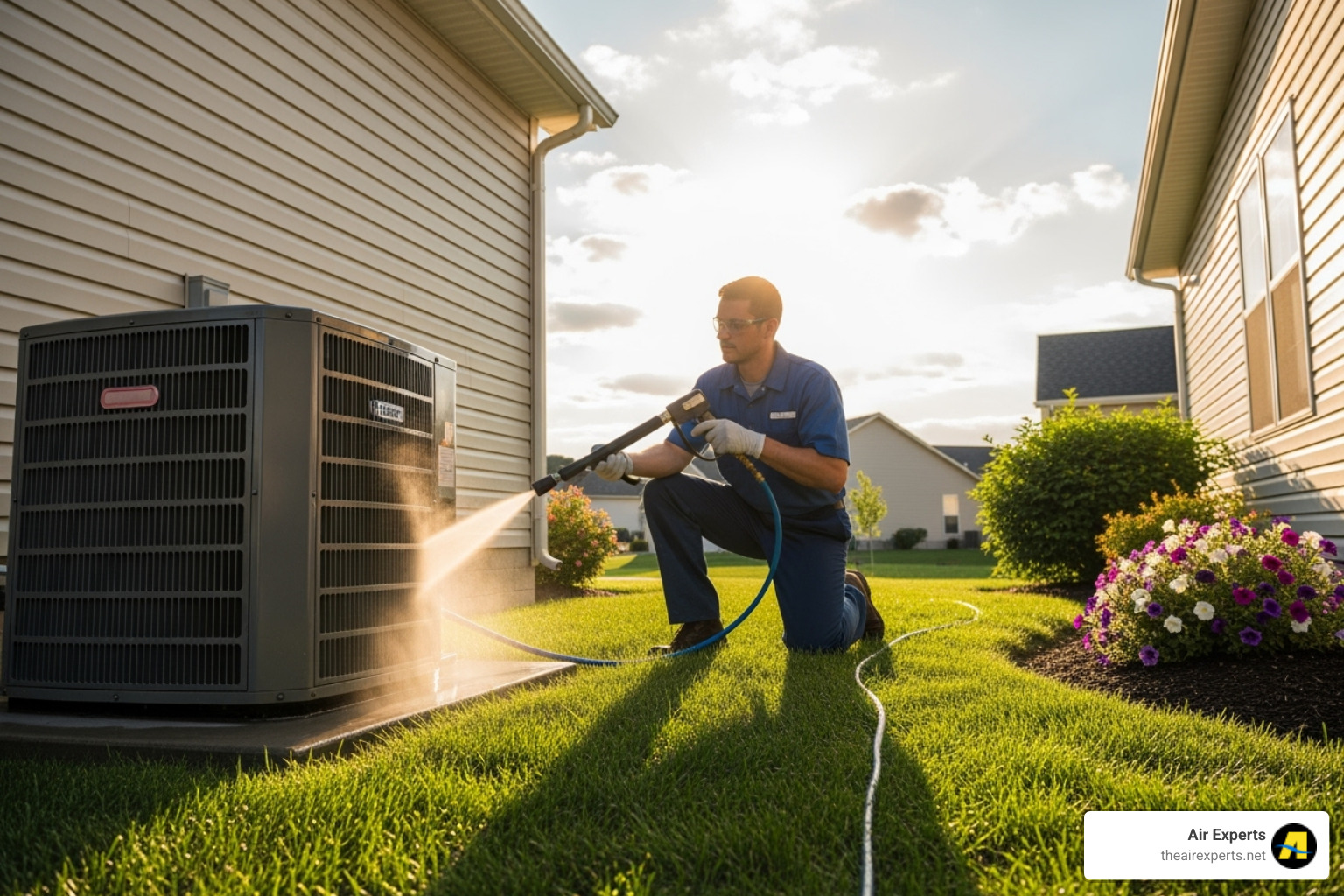
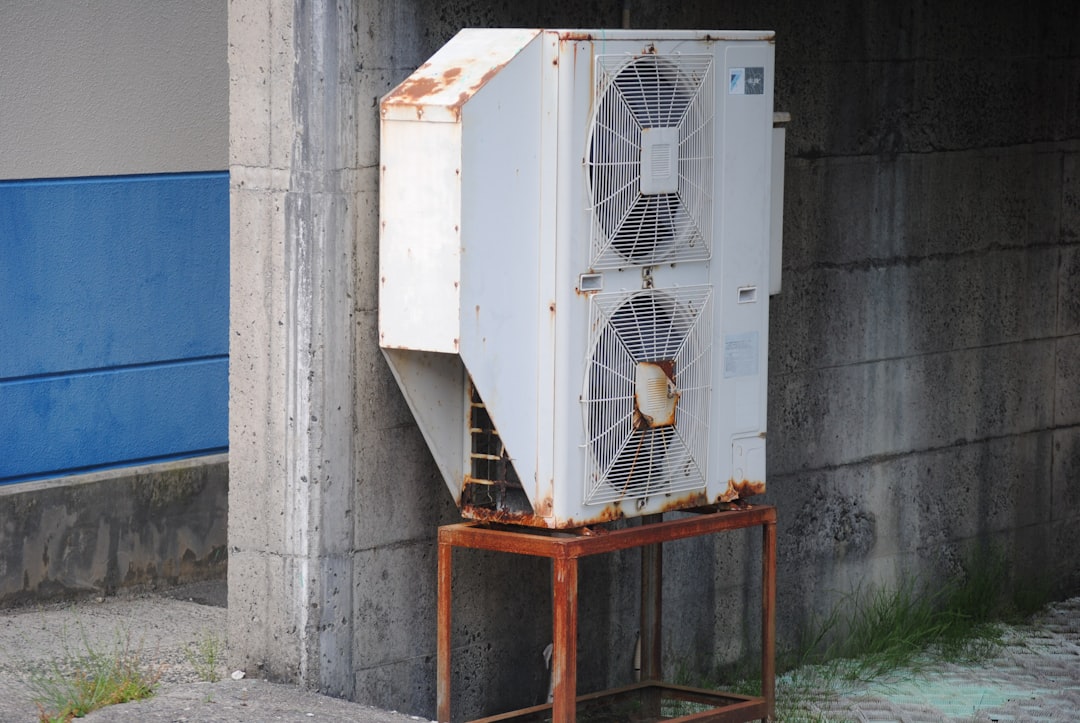
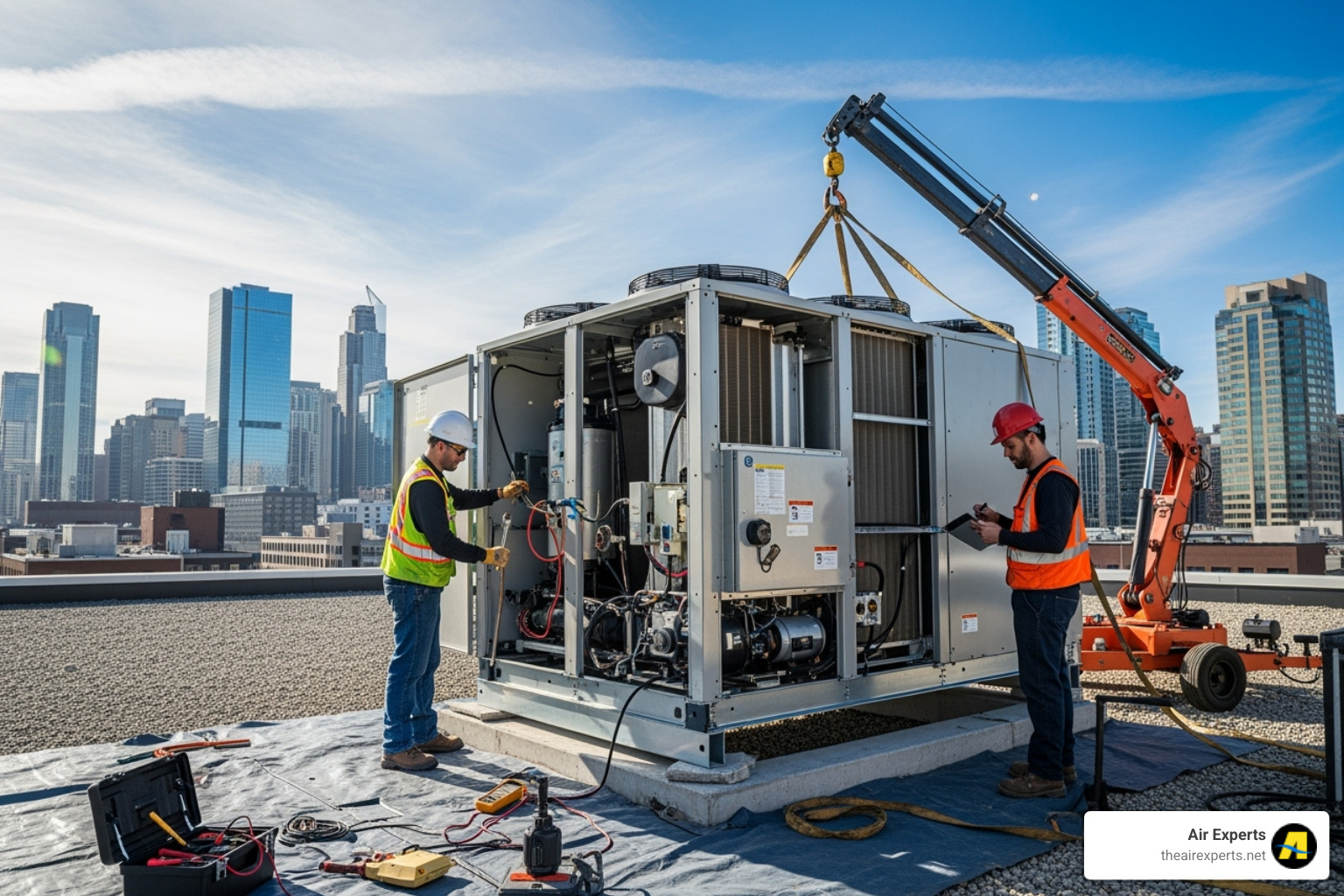
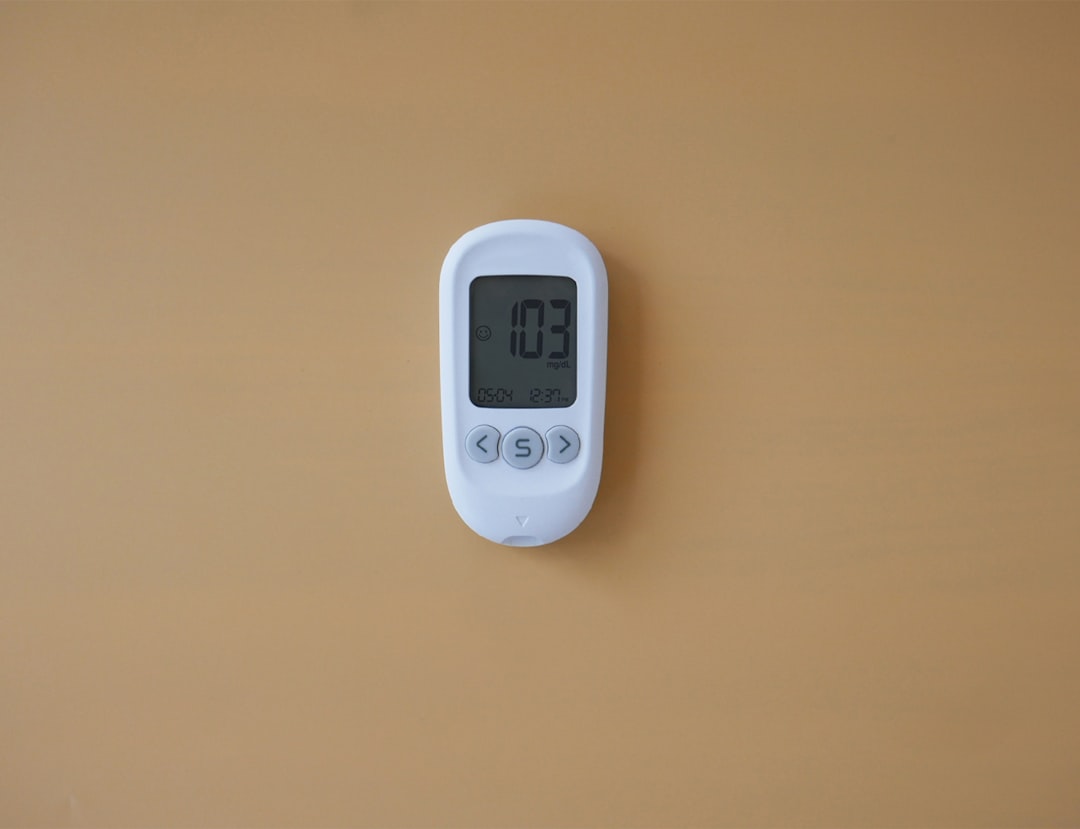
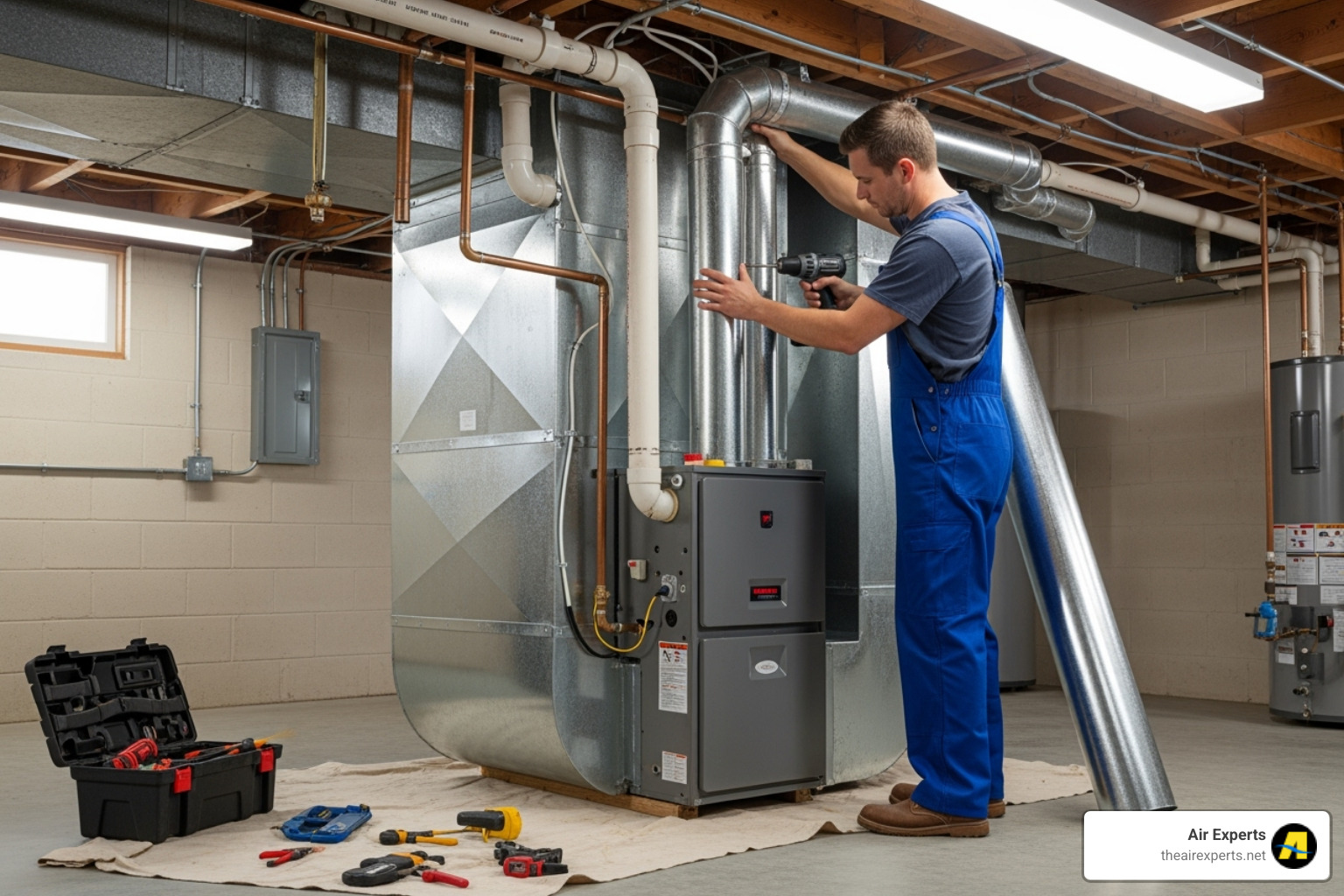
.svg)
.svg)




.svg)
.svg)
